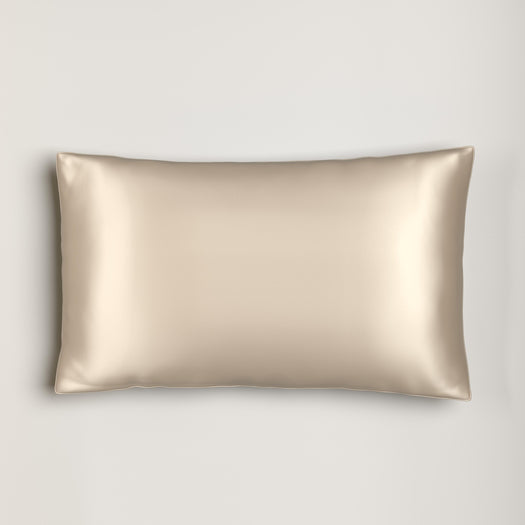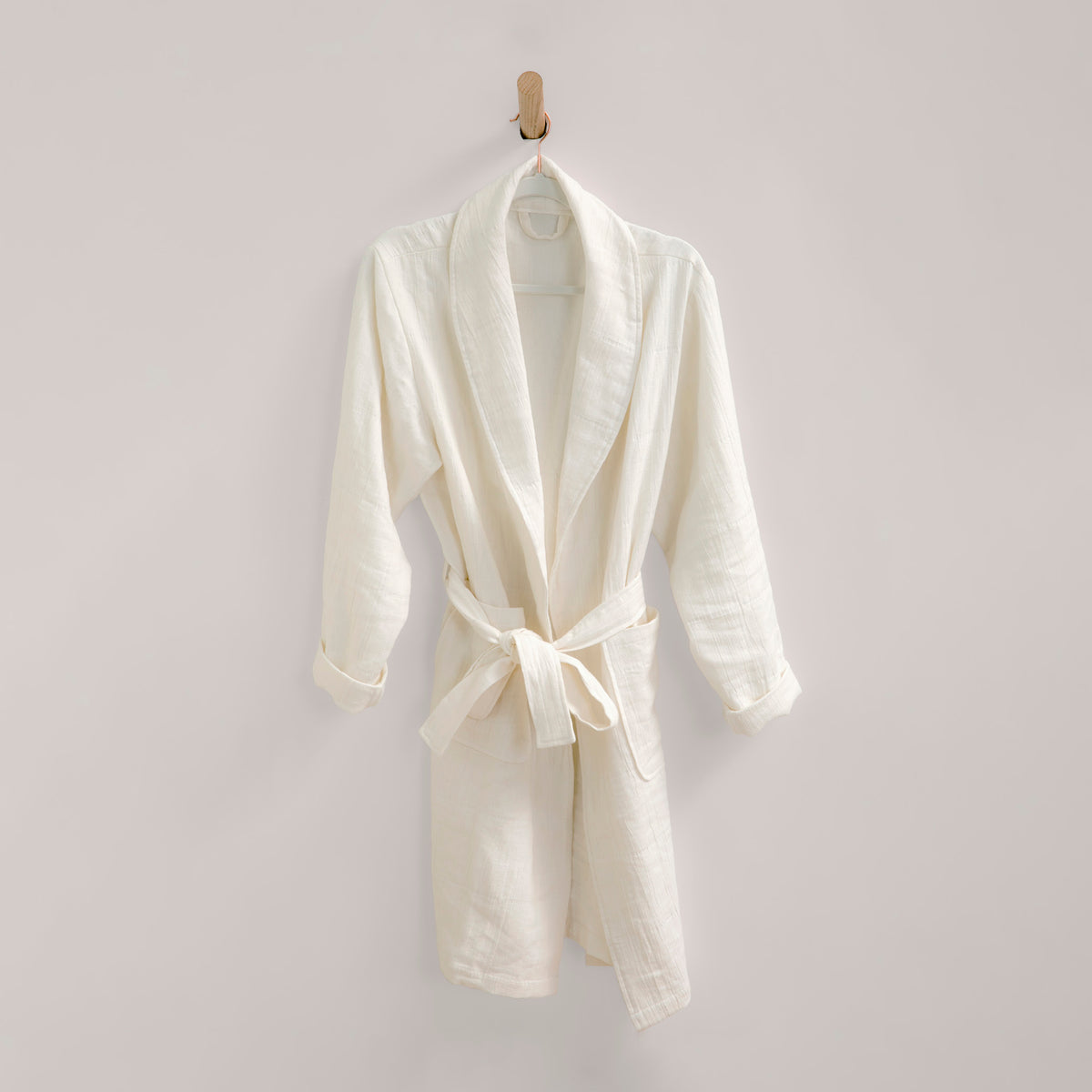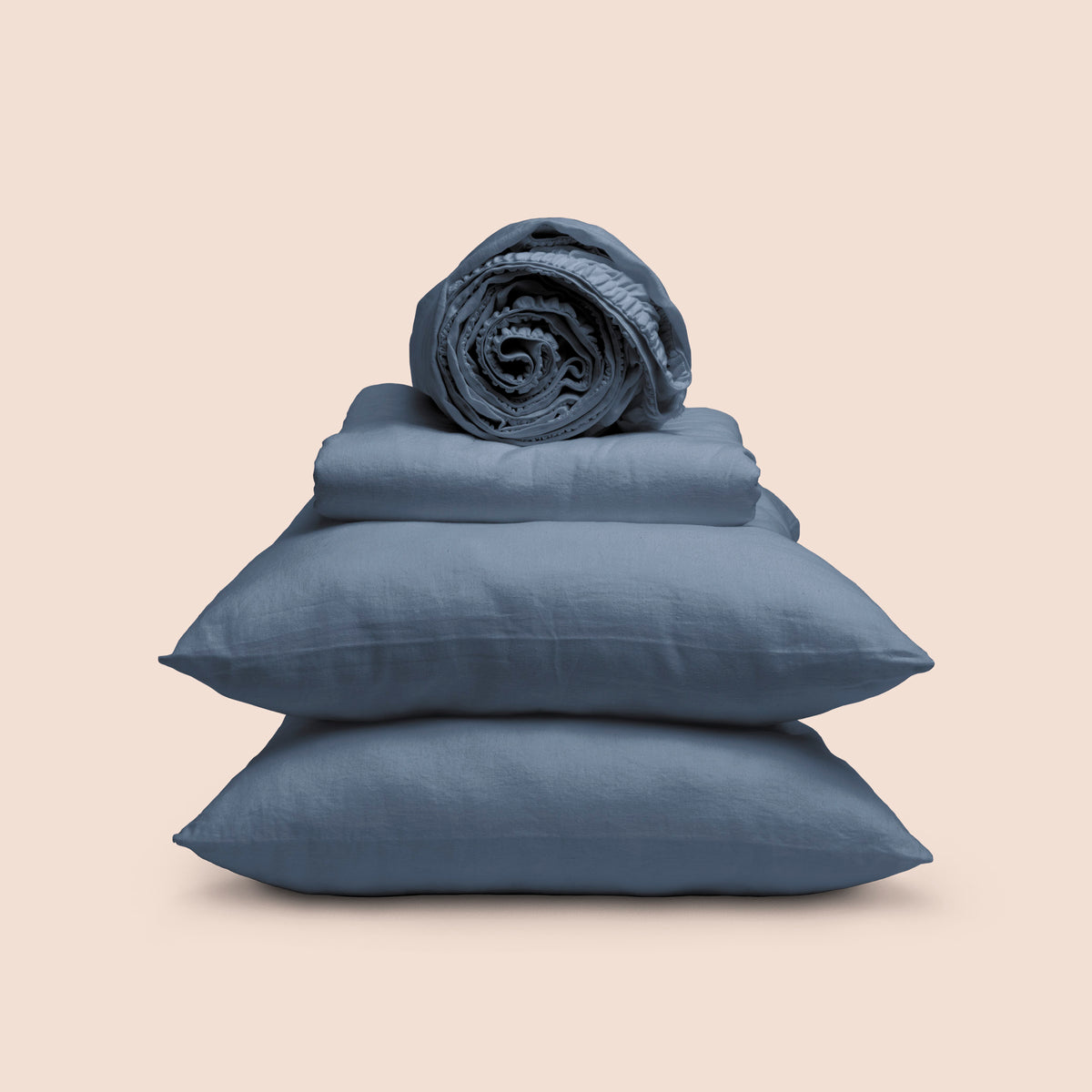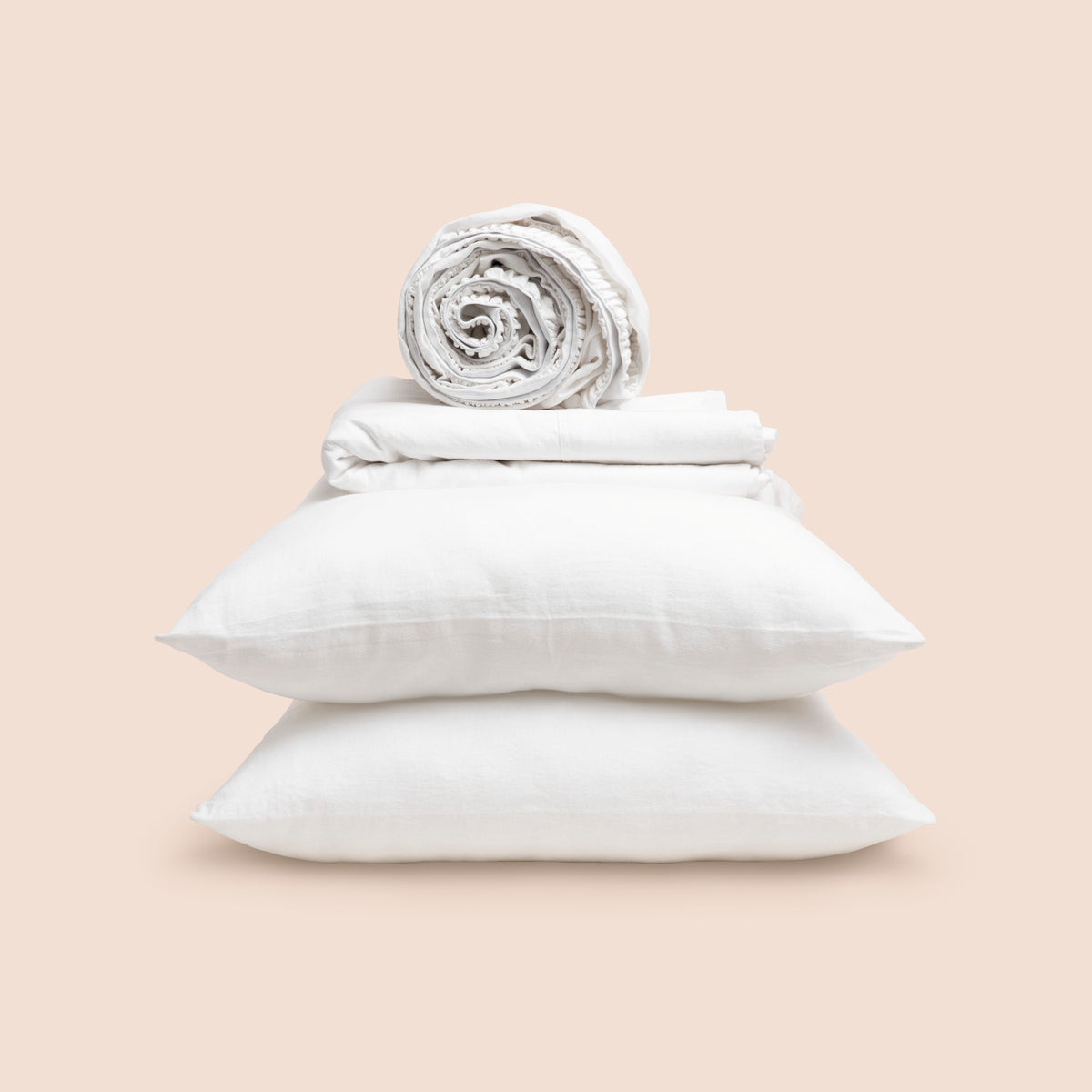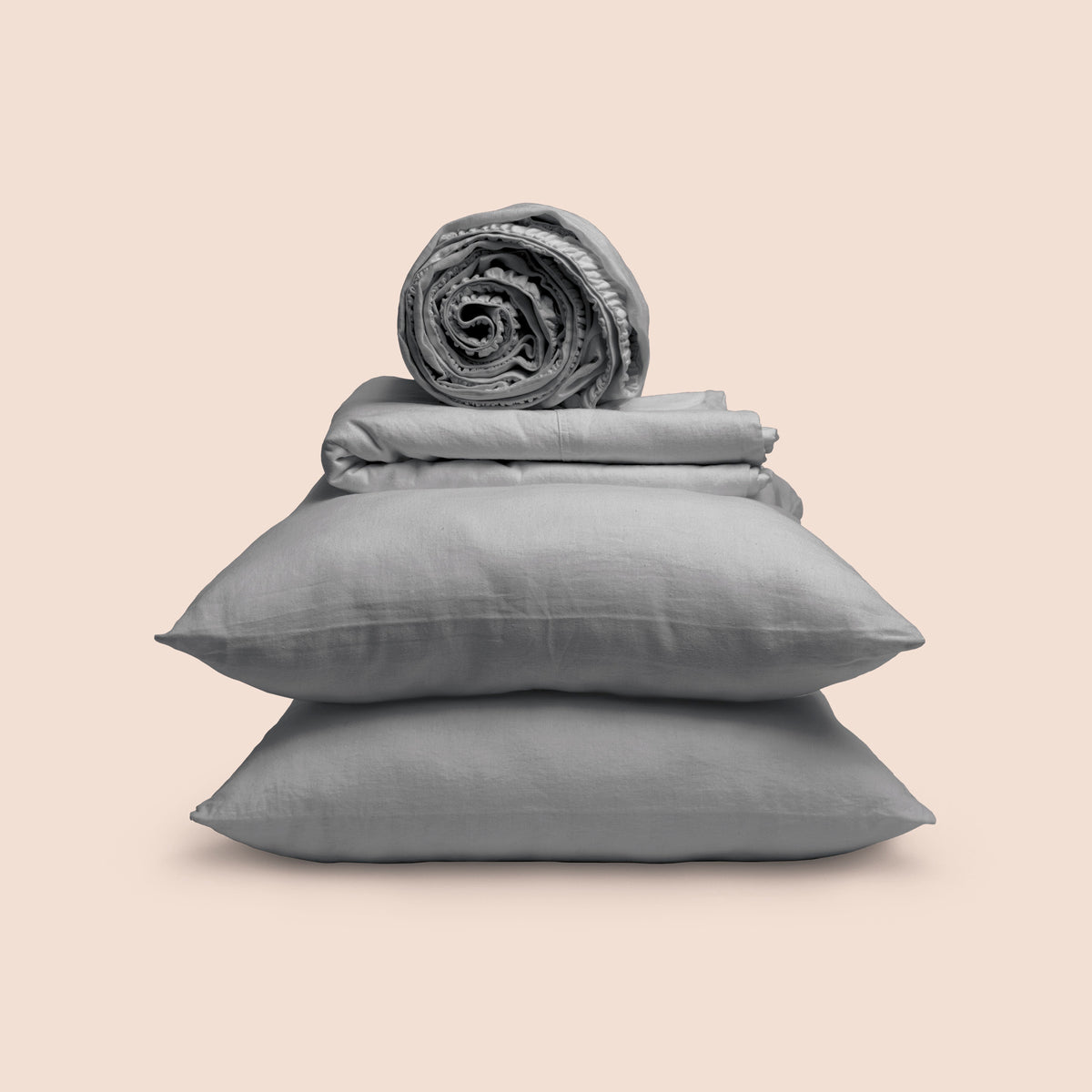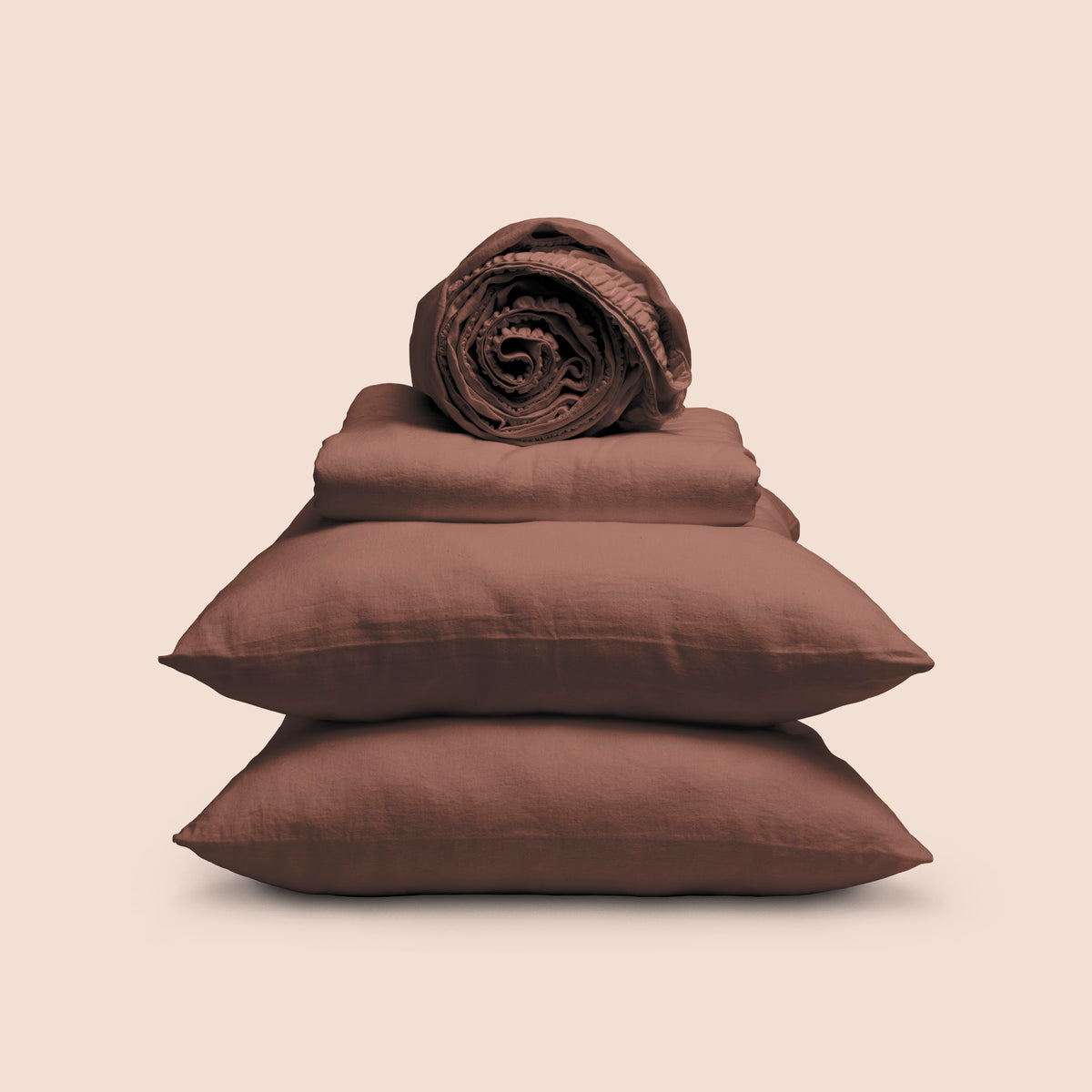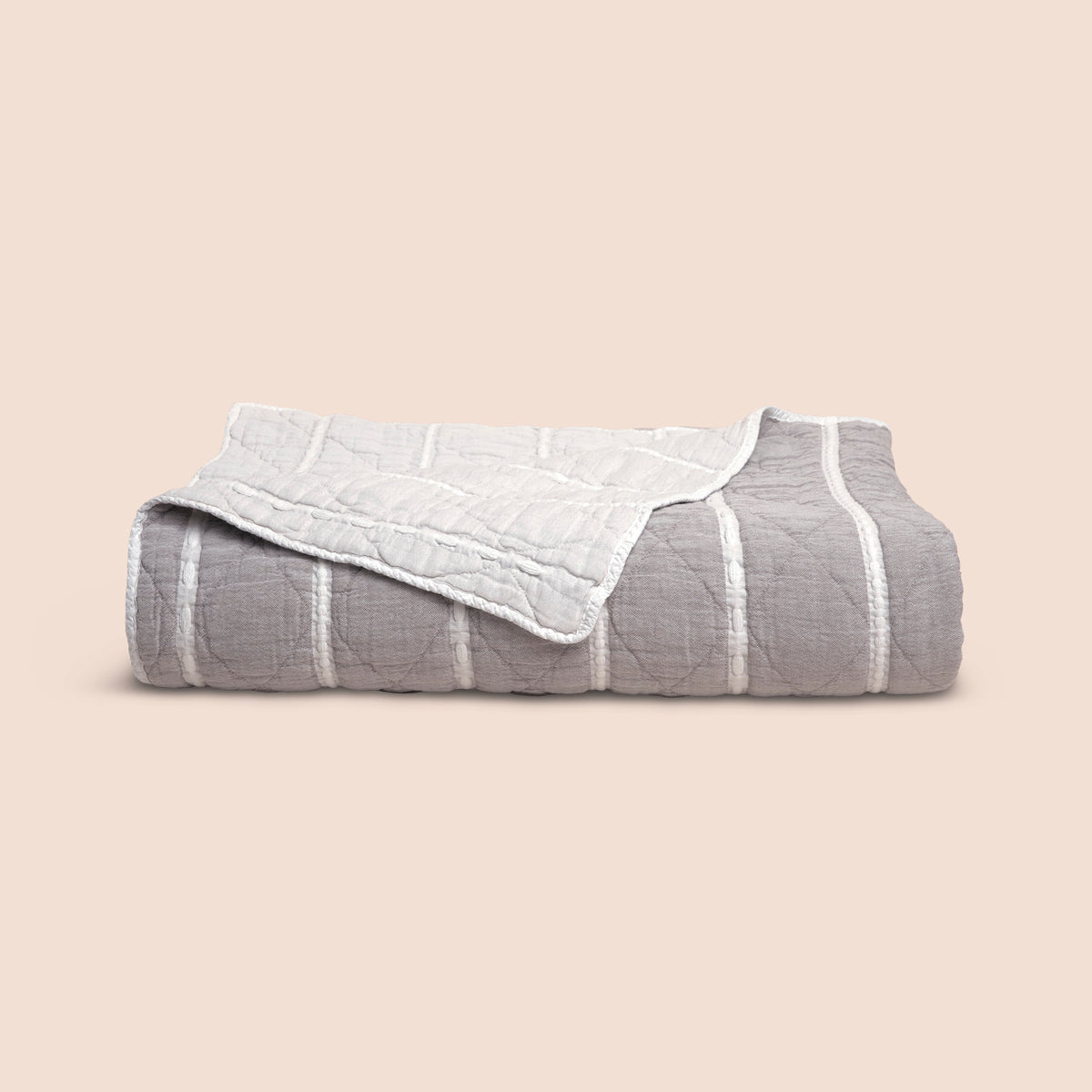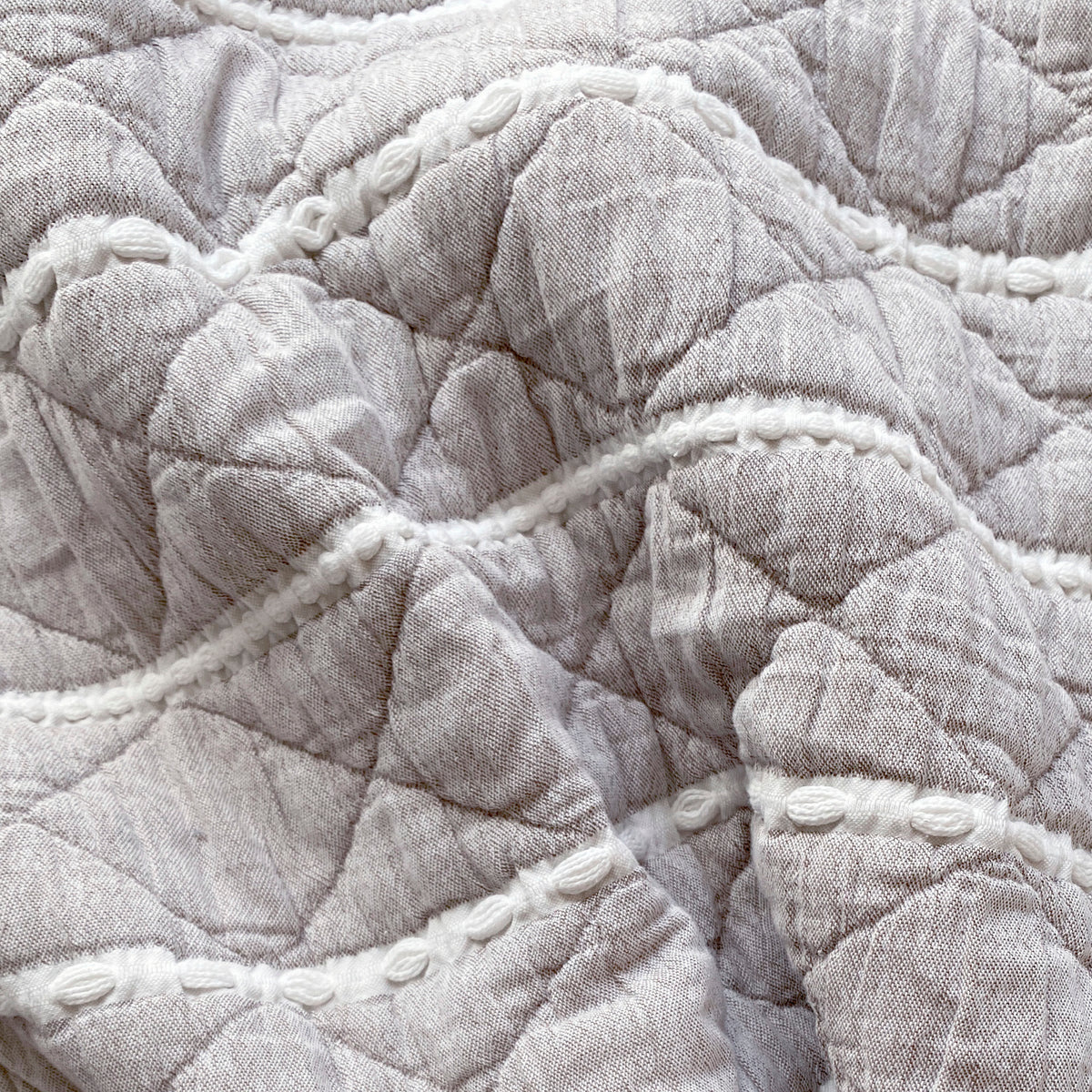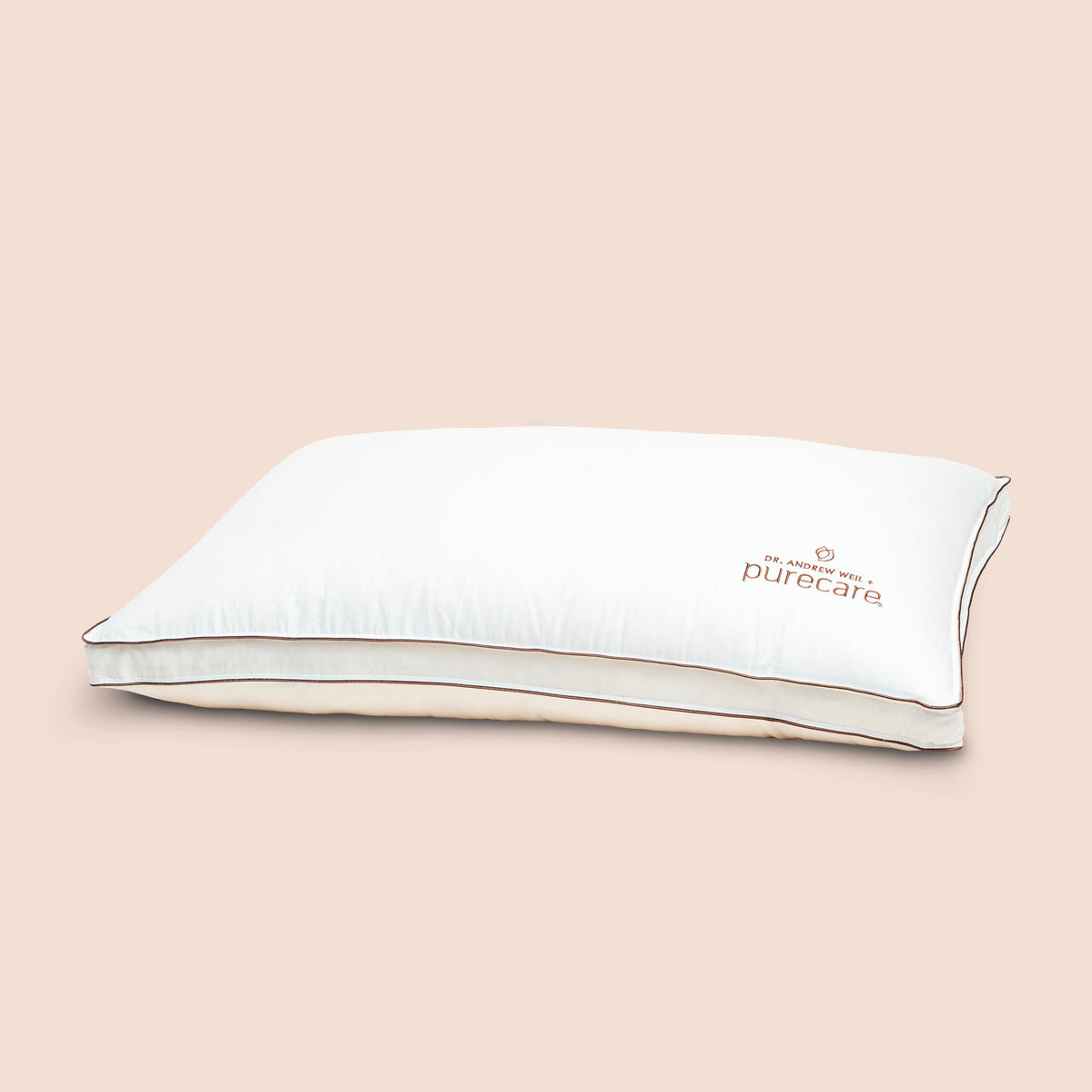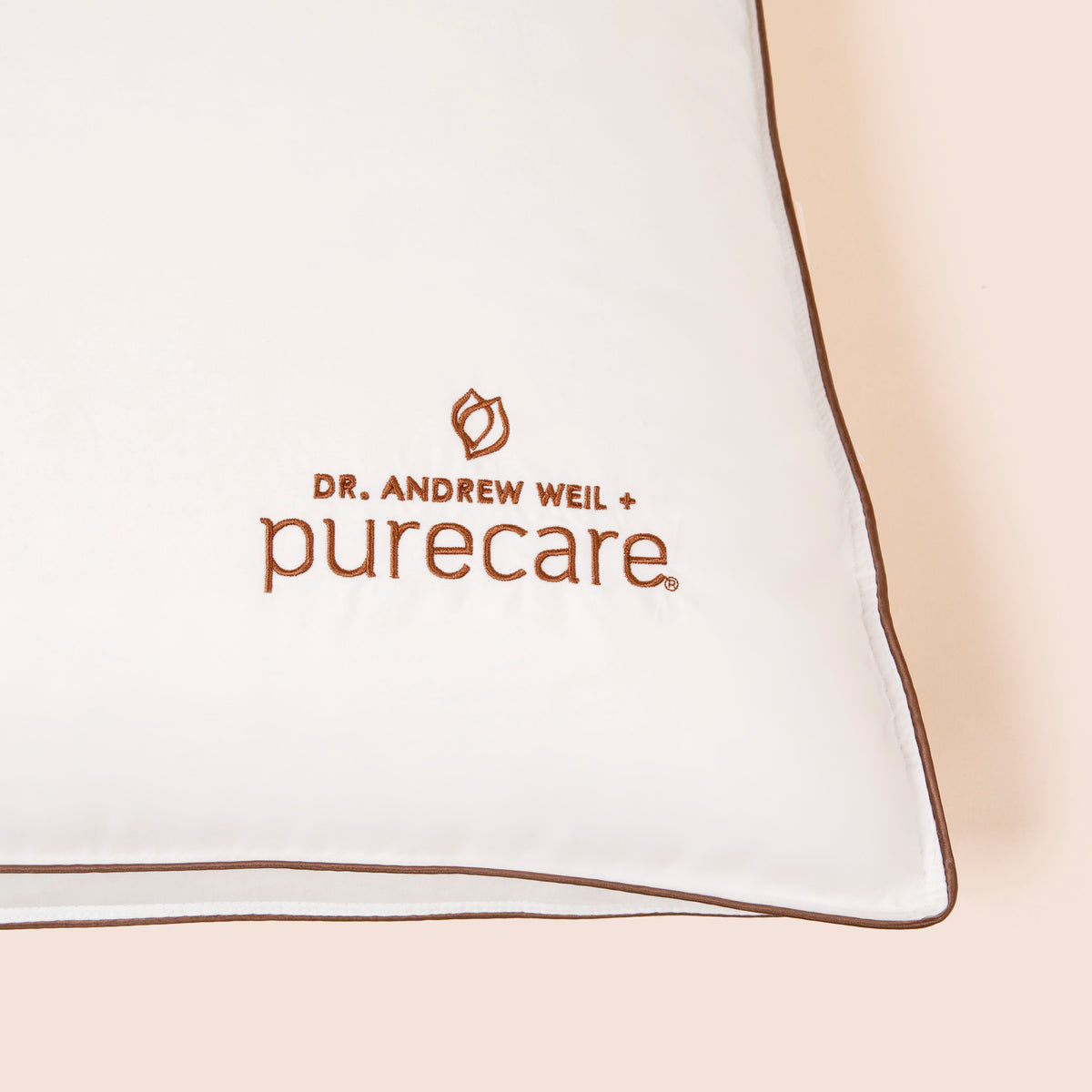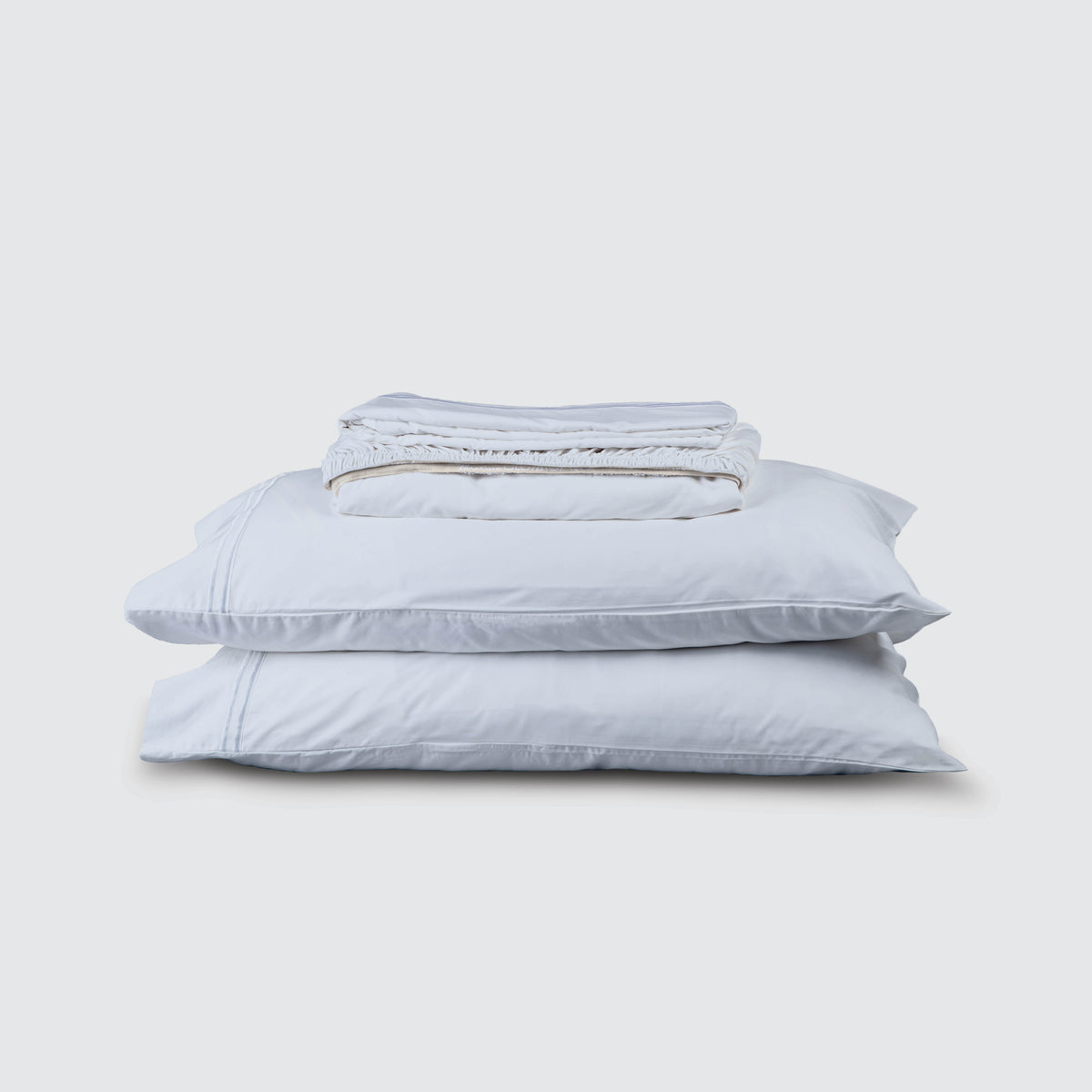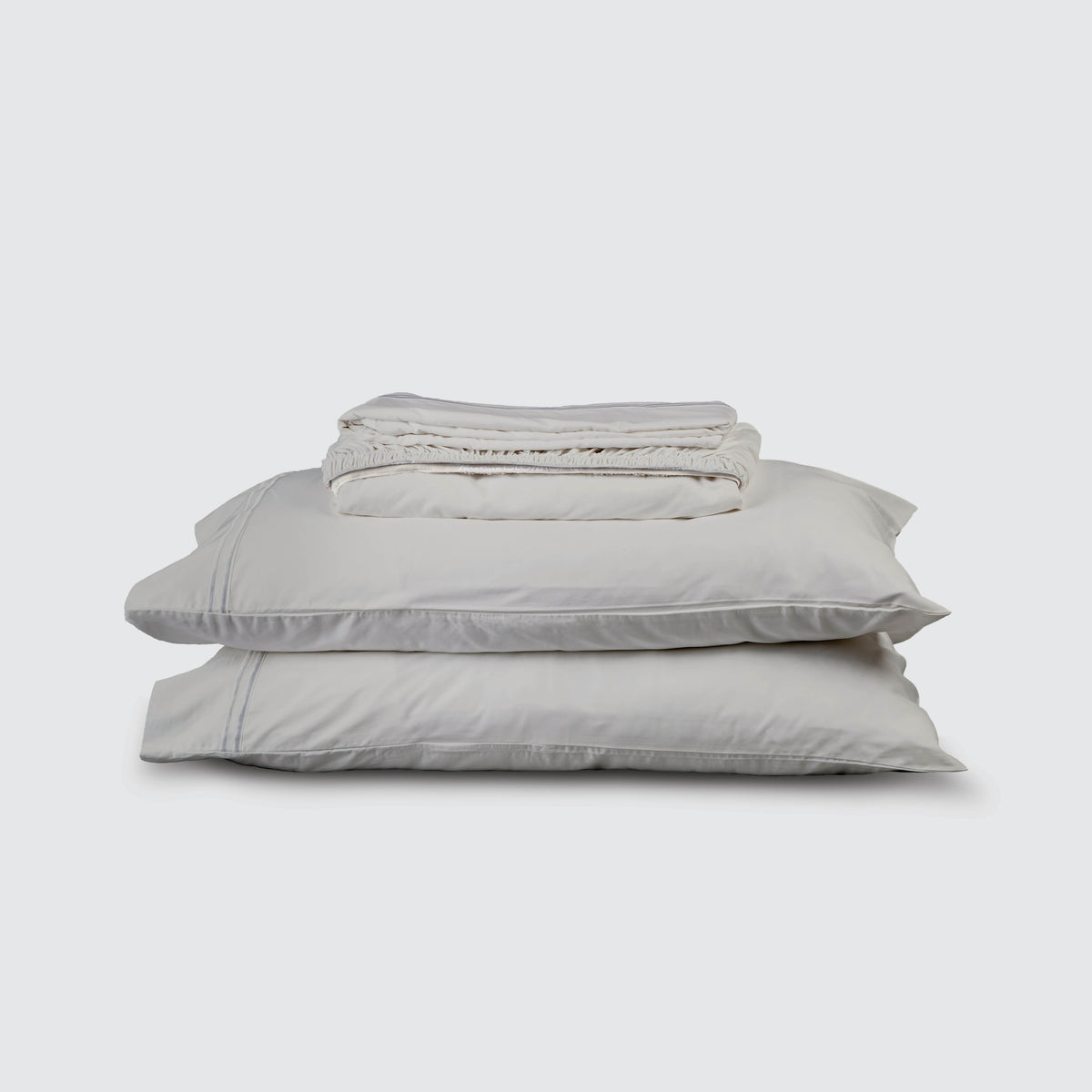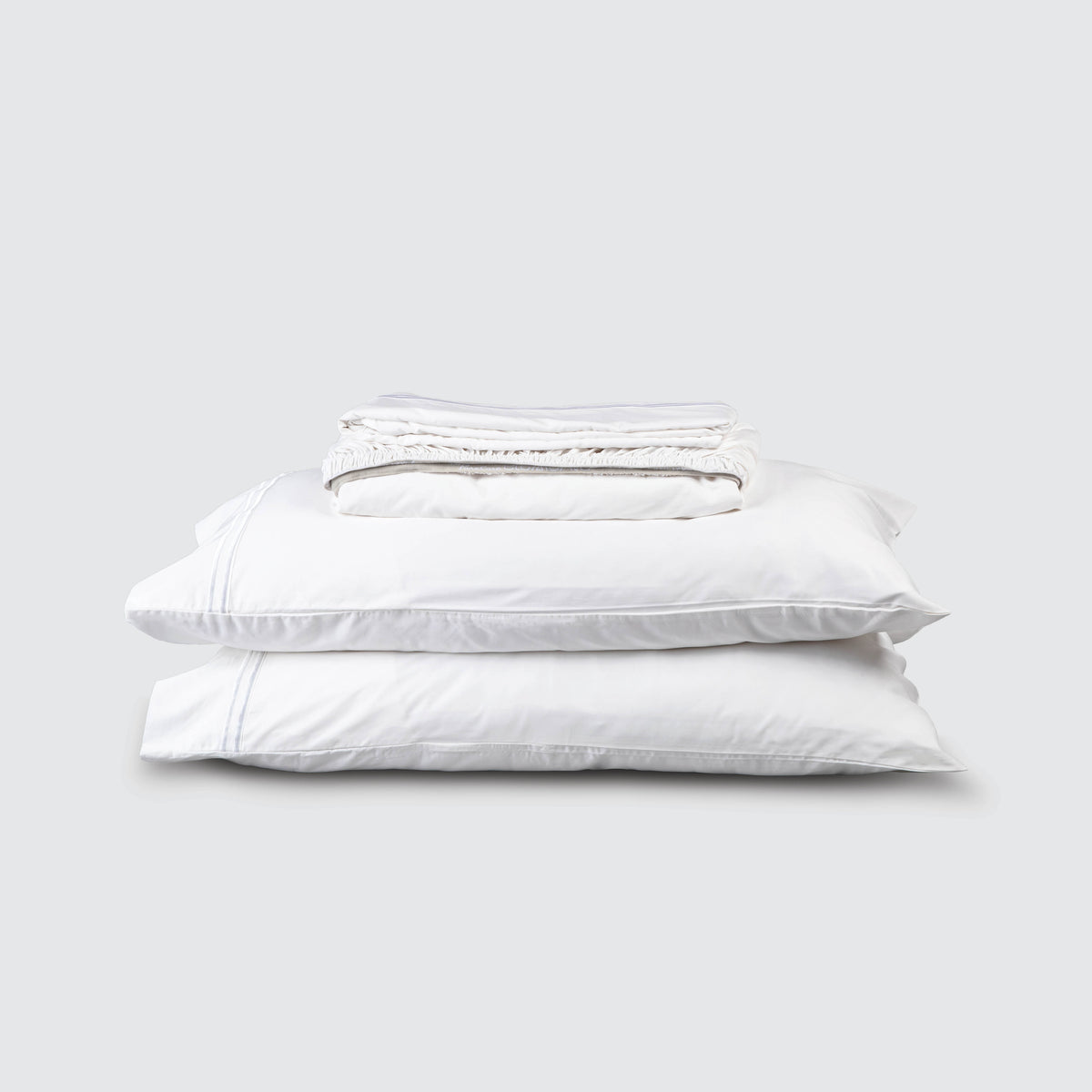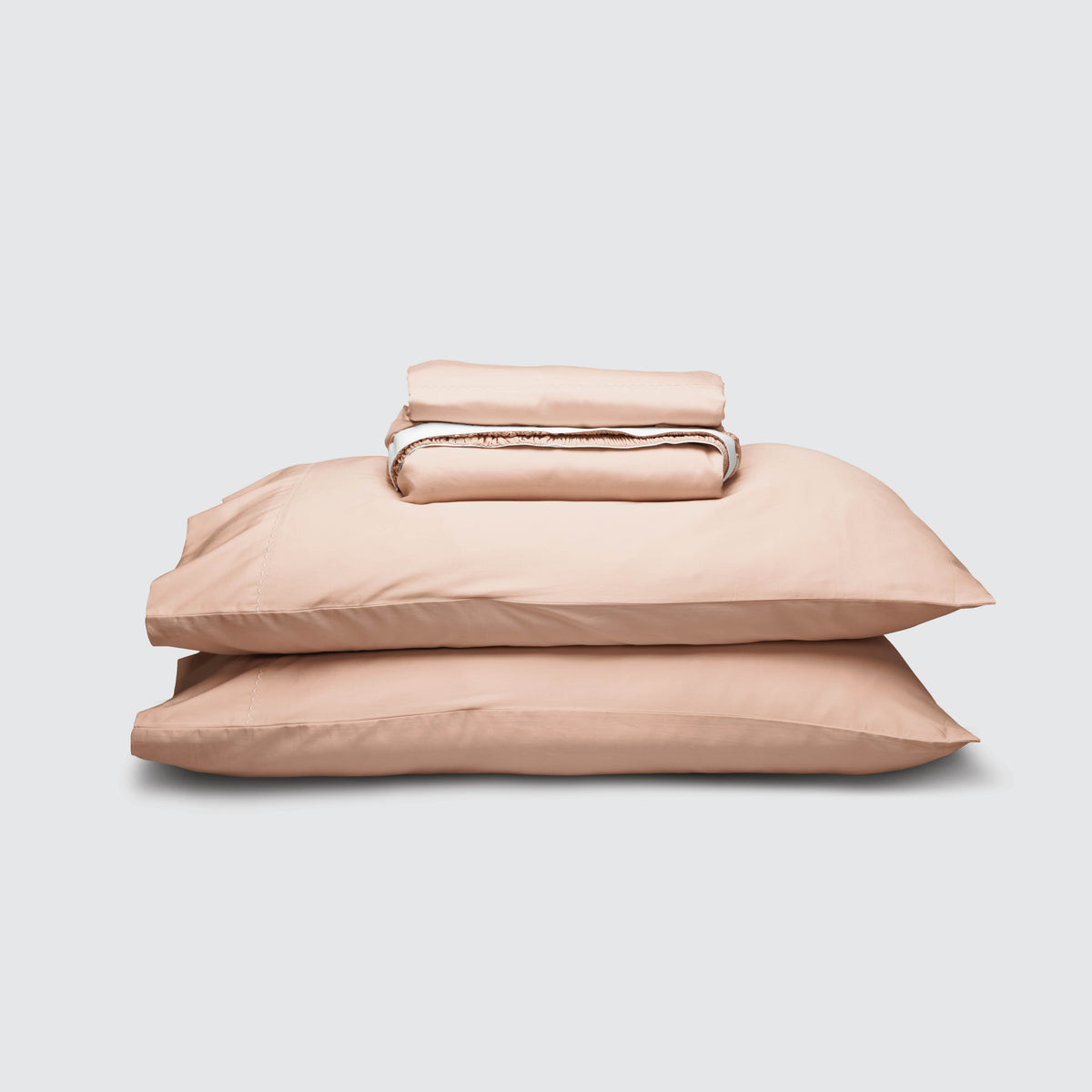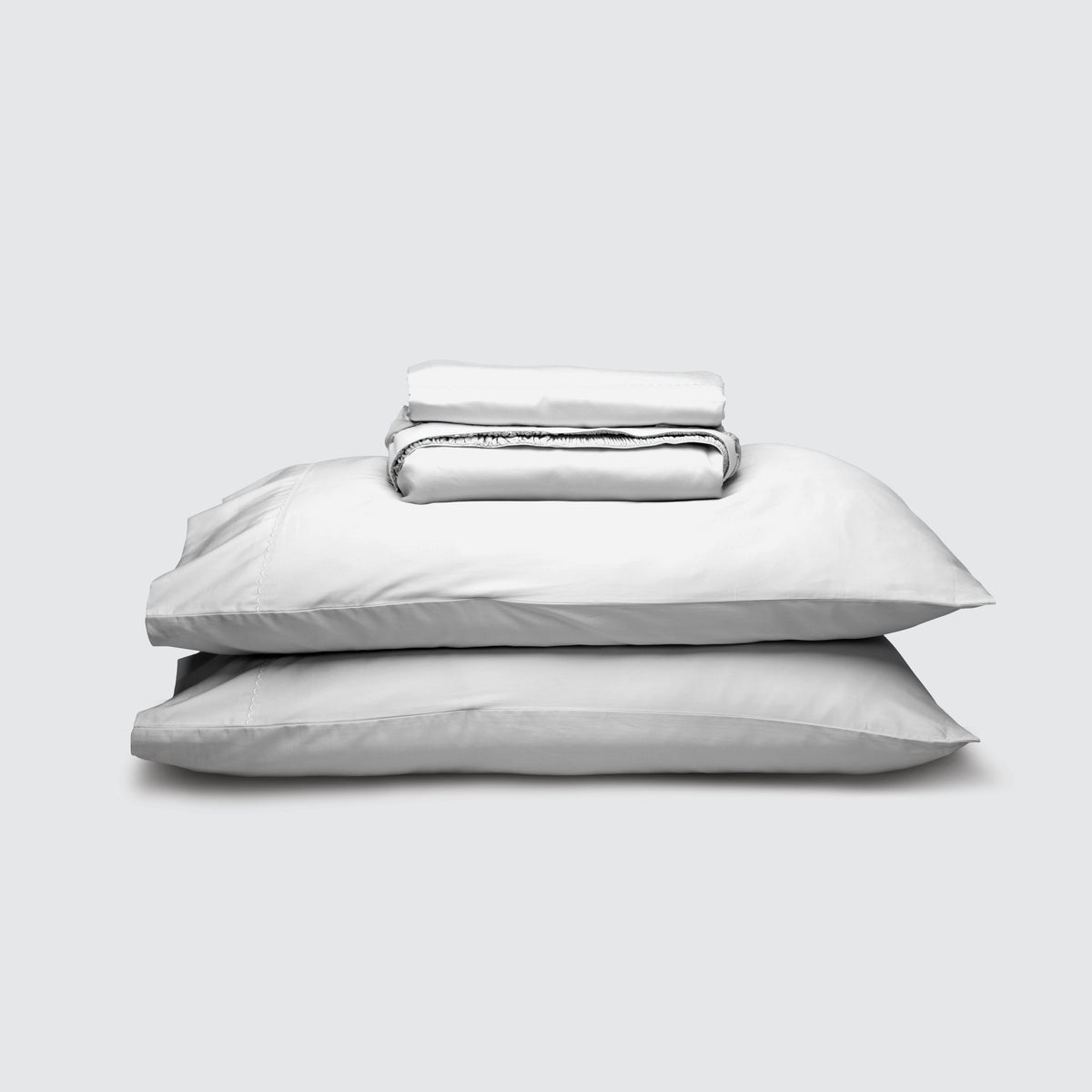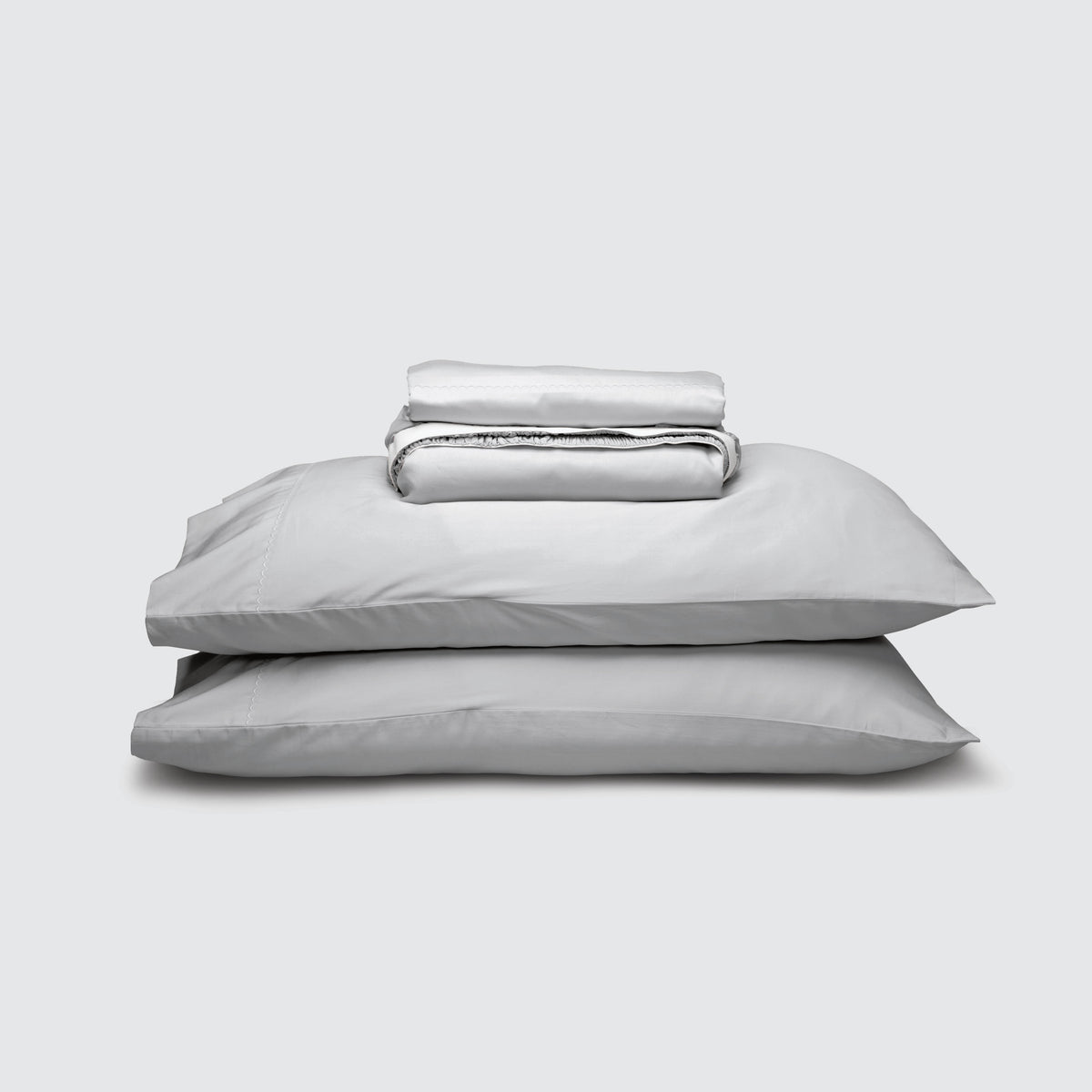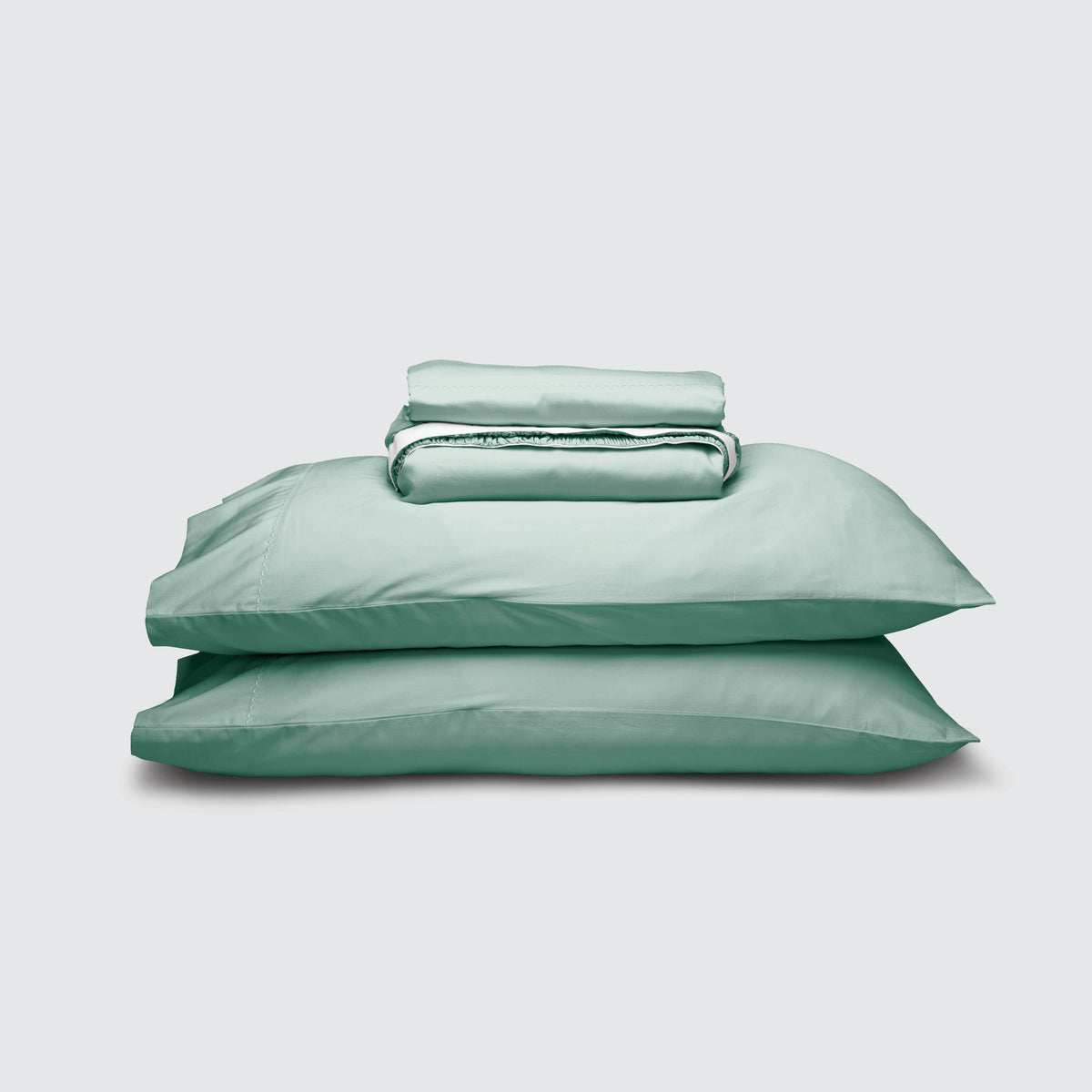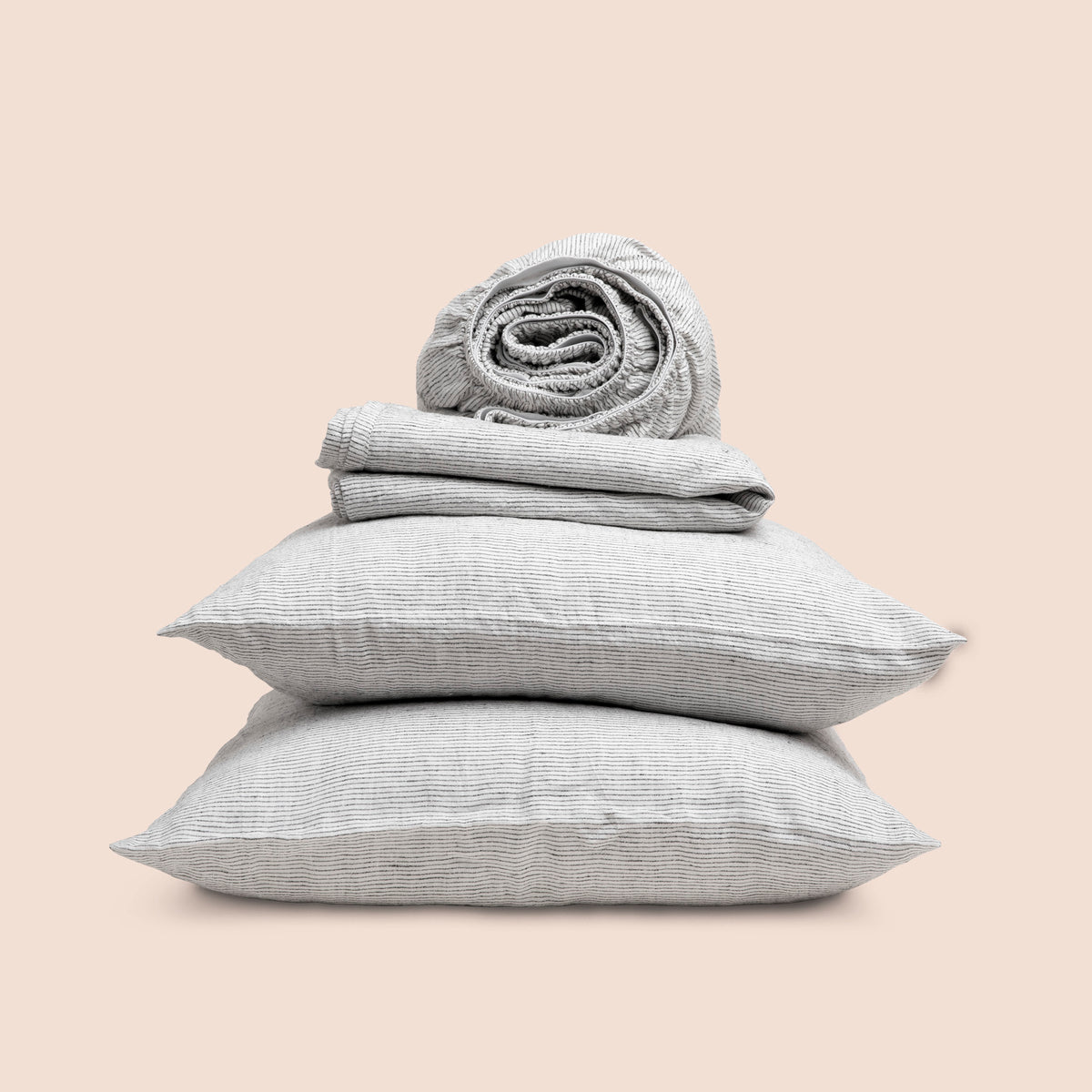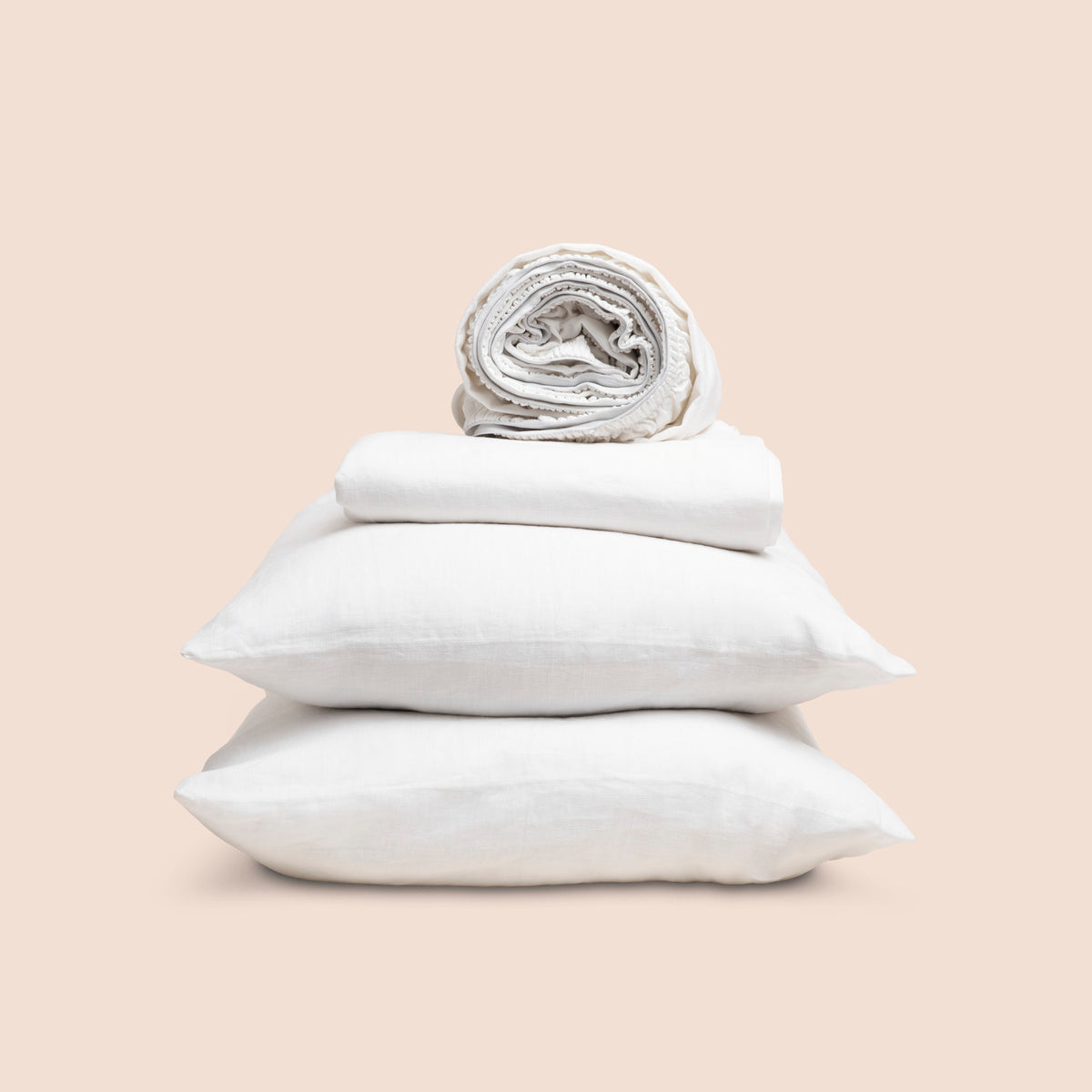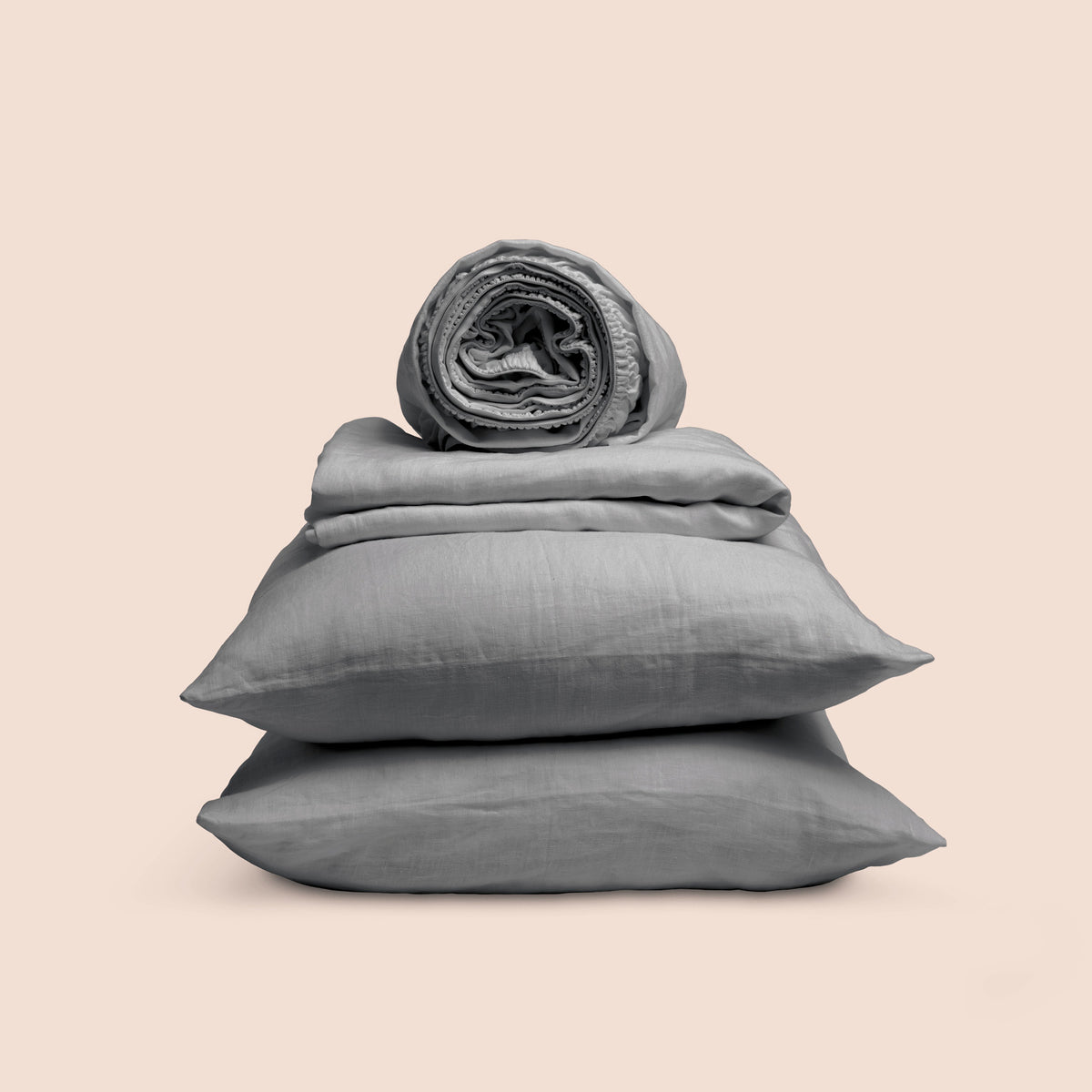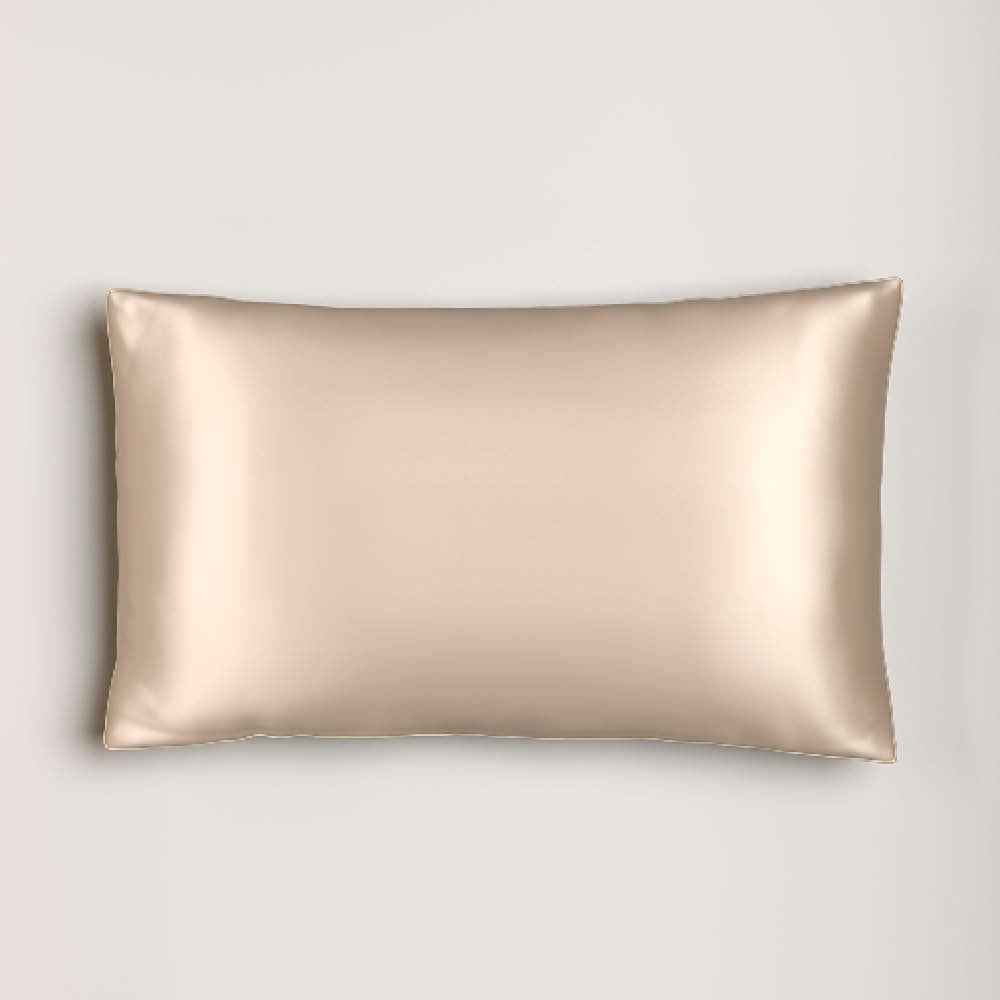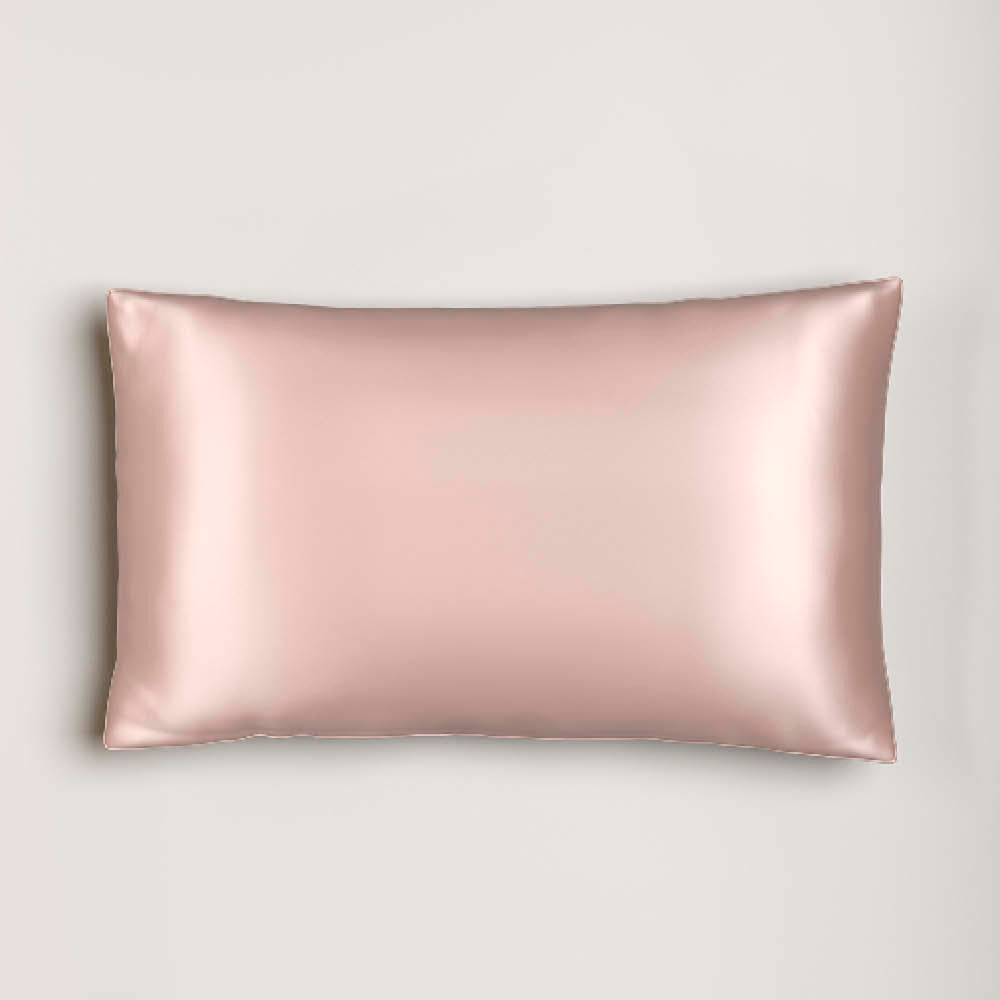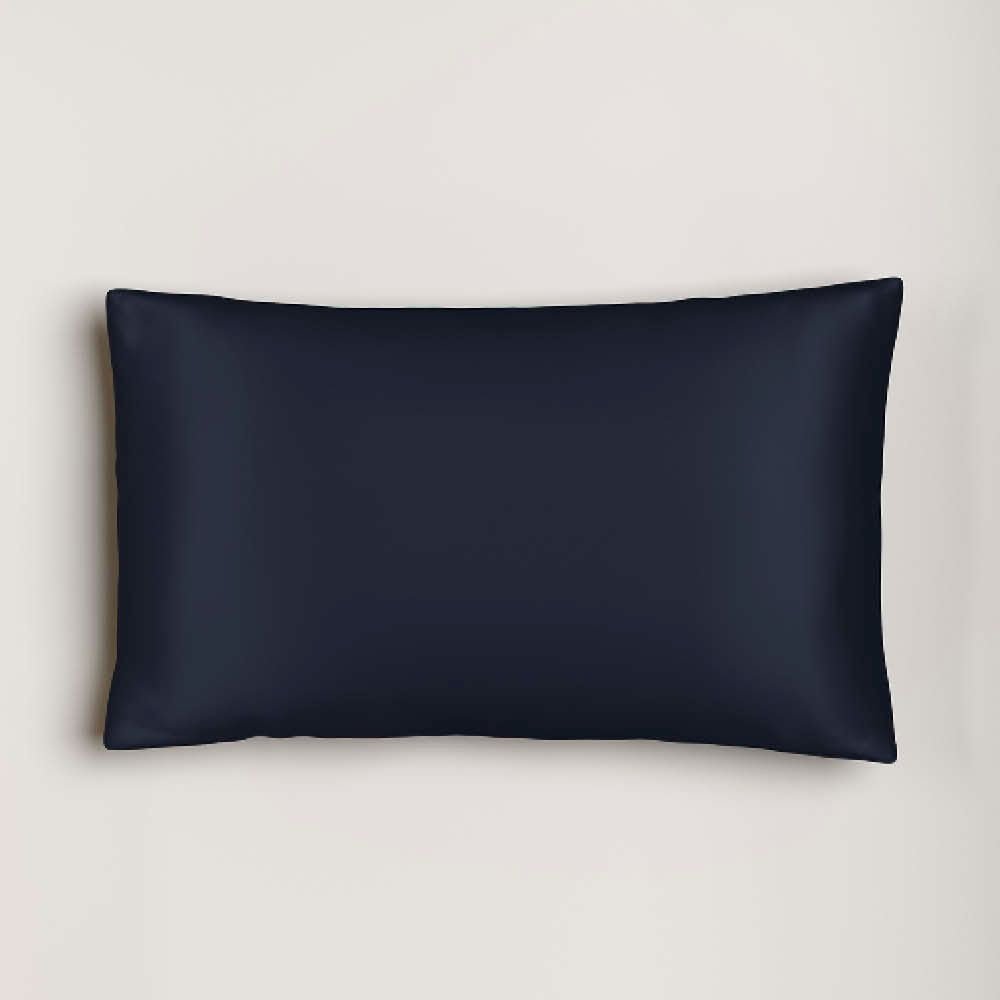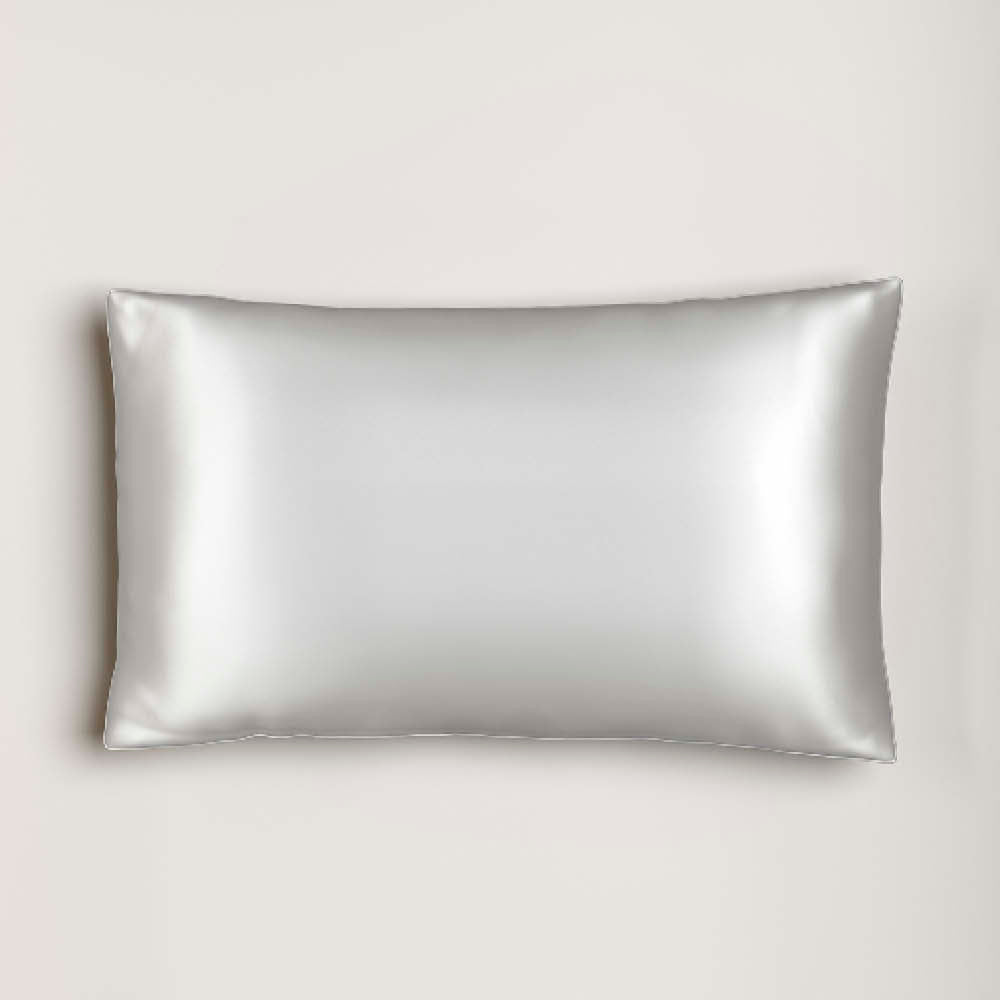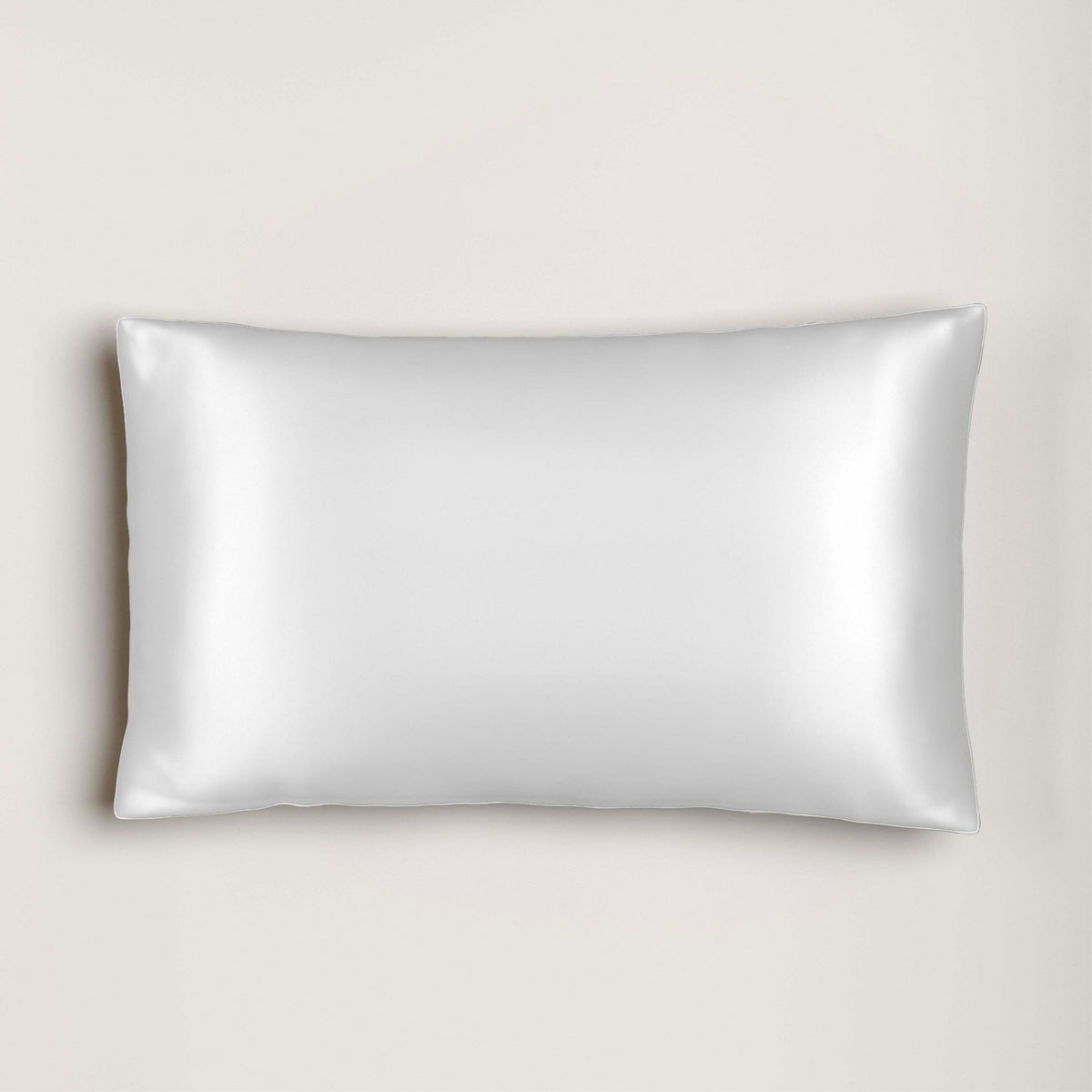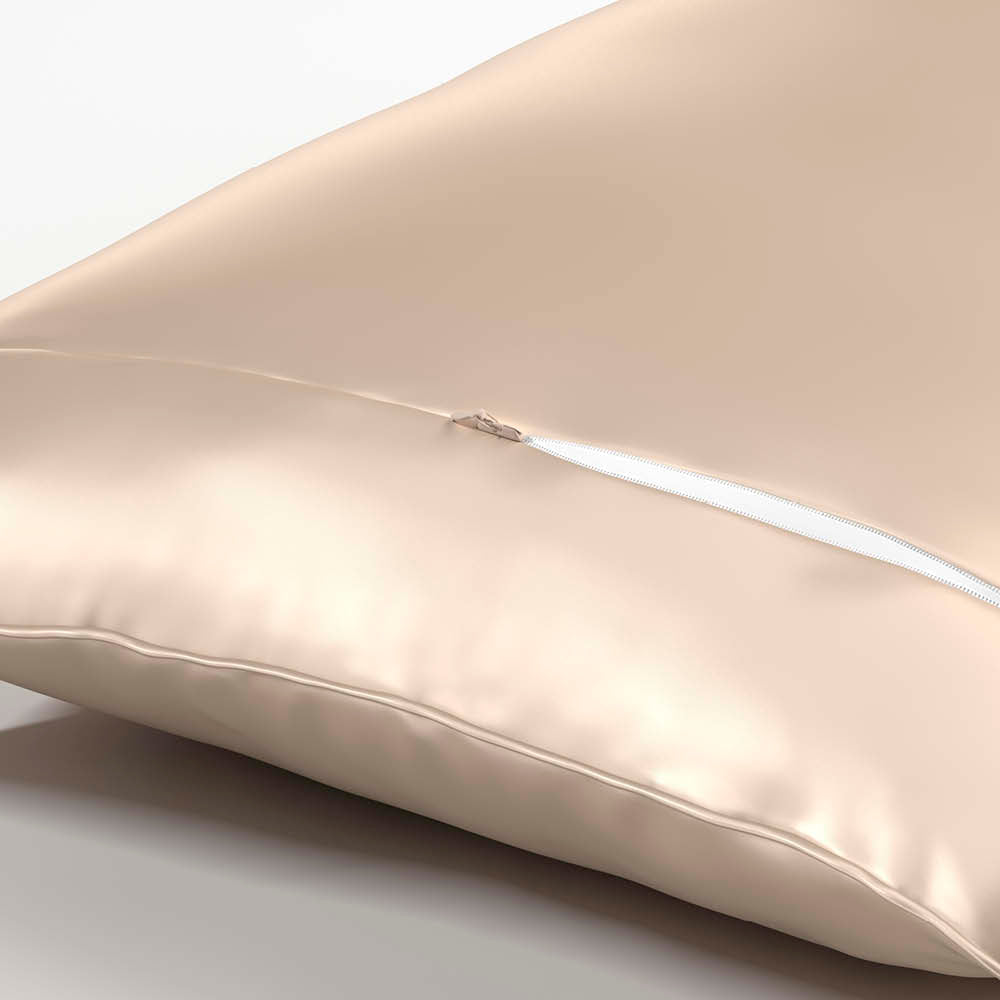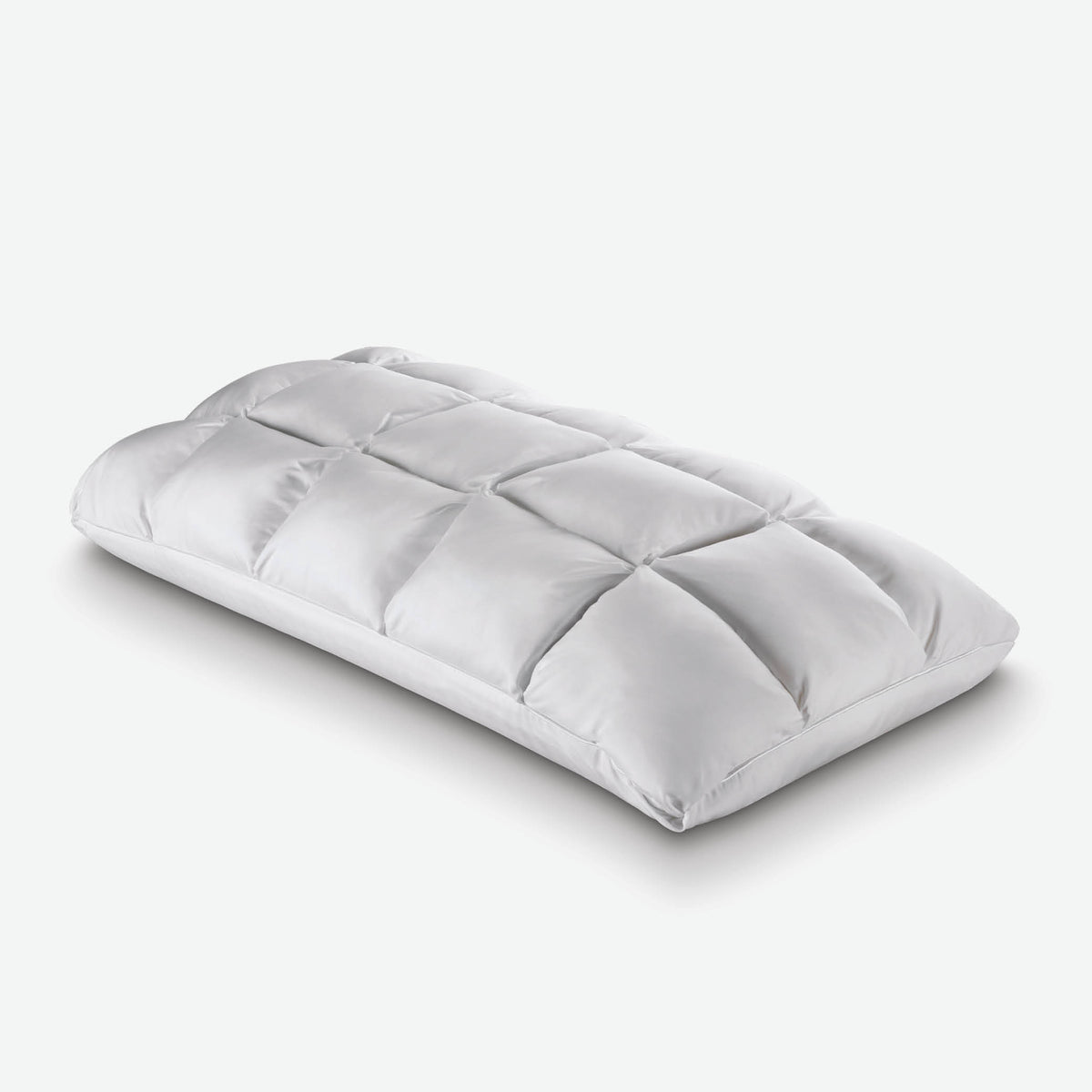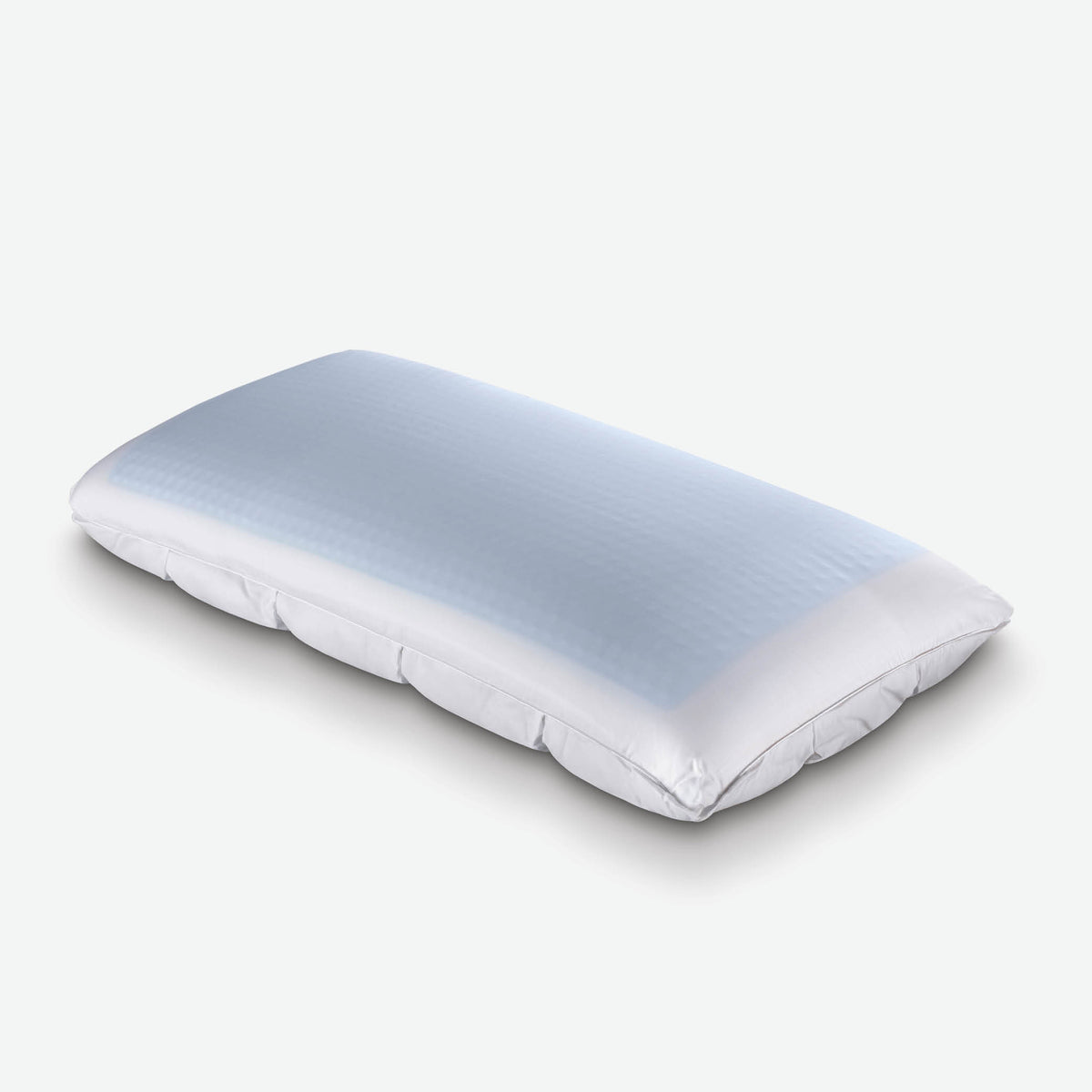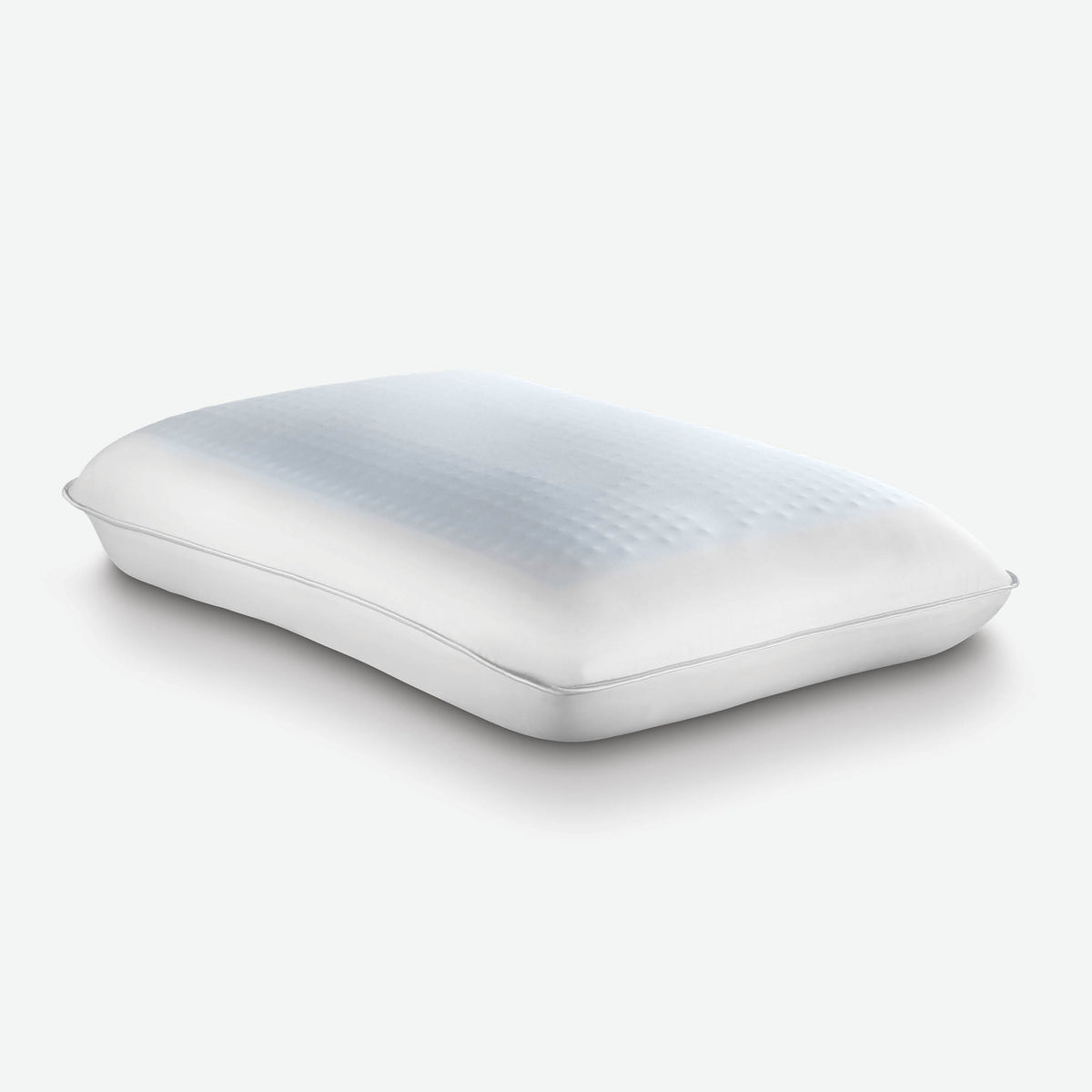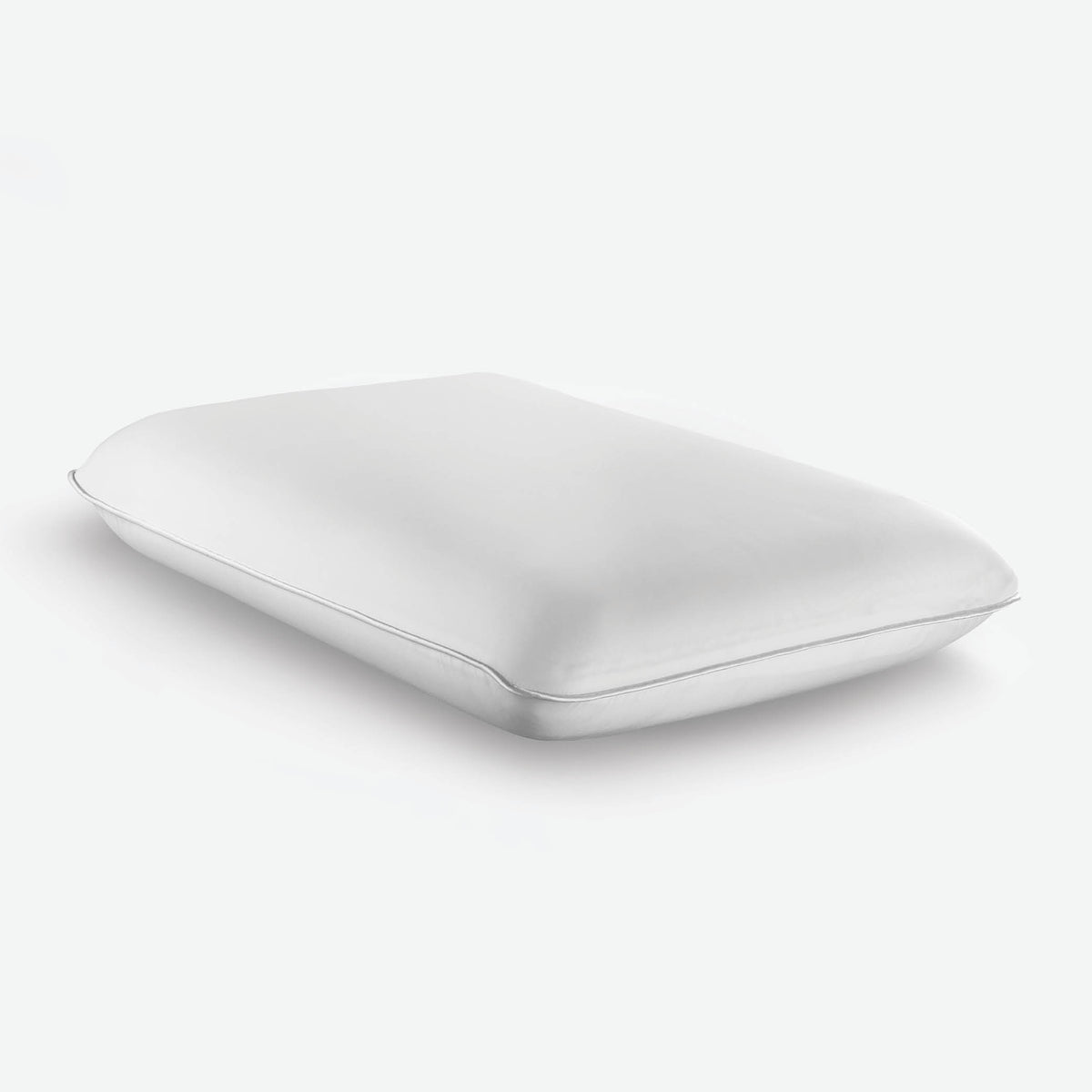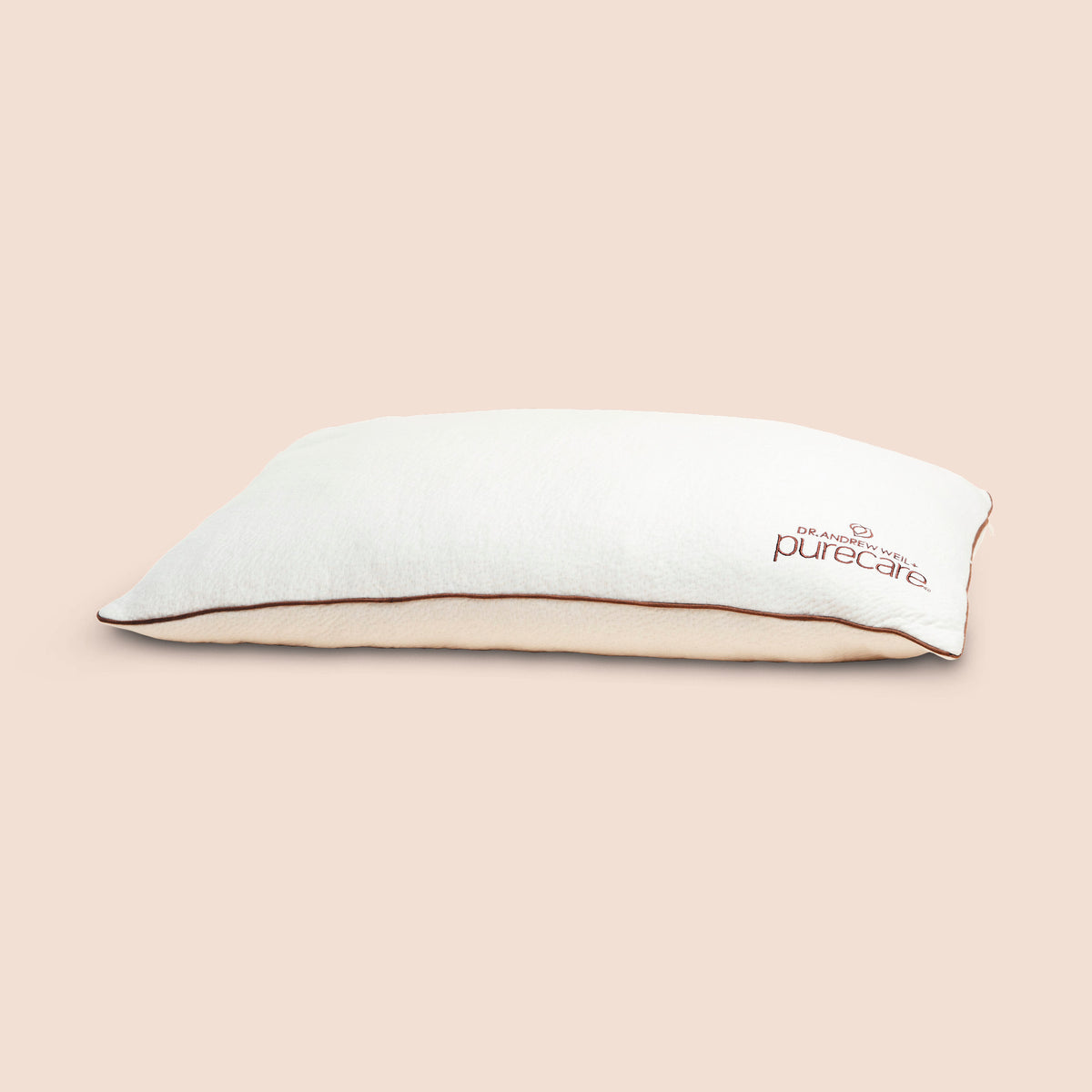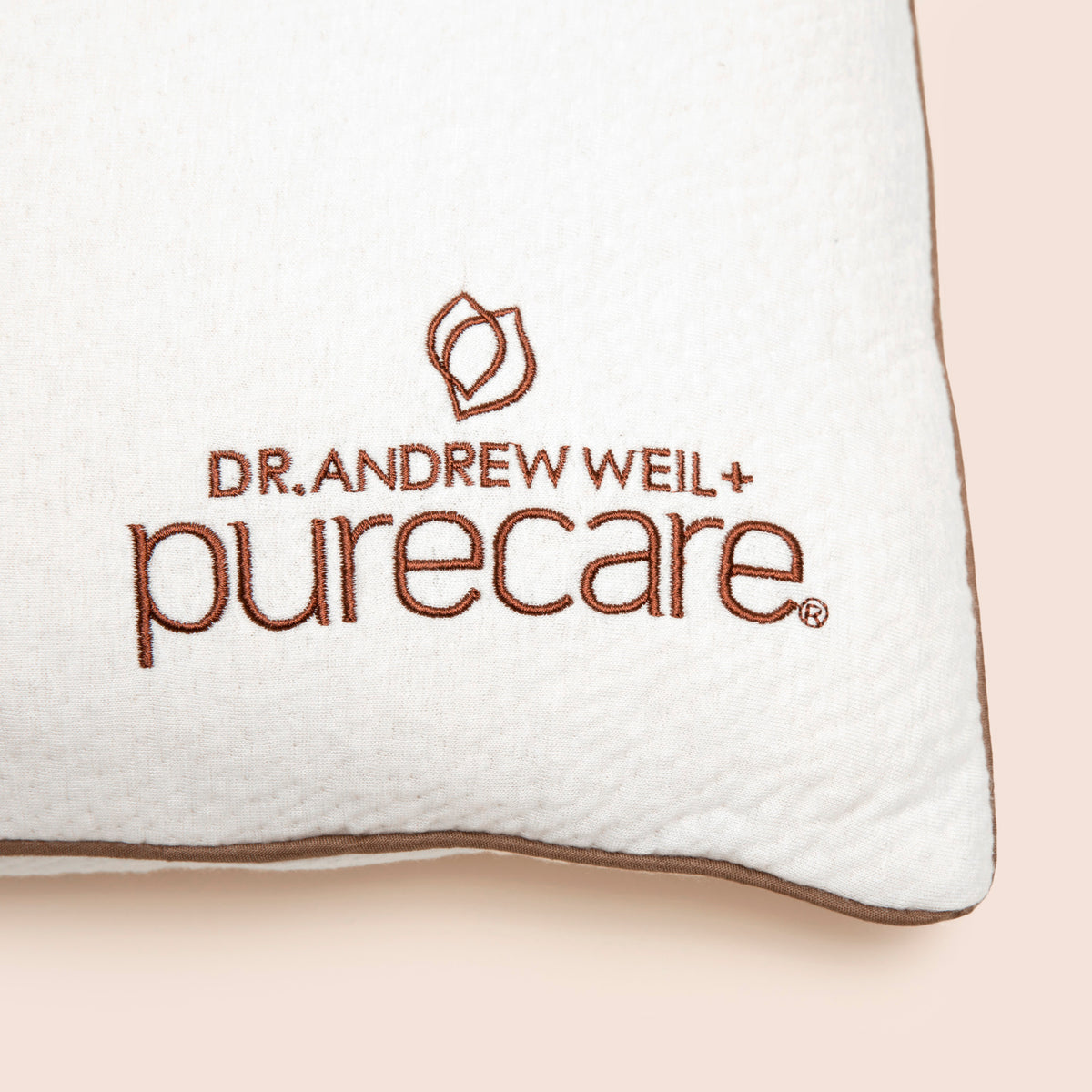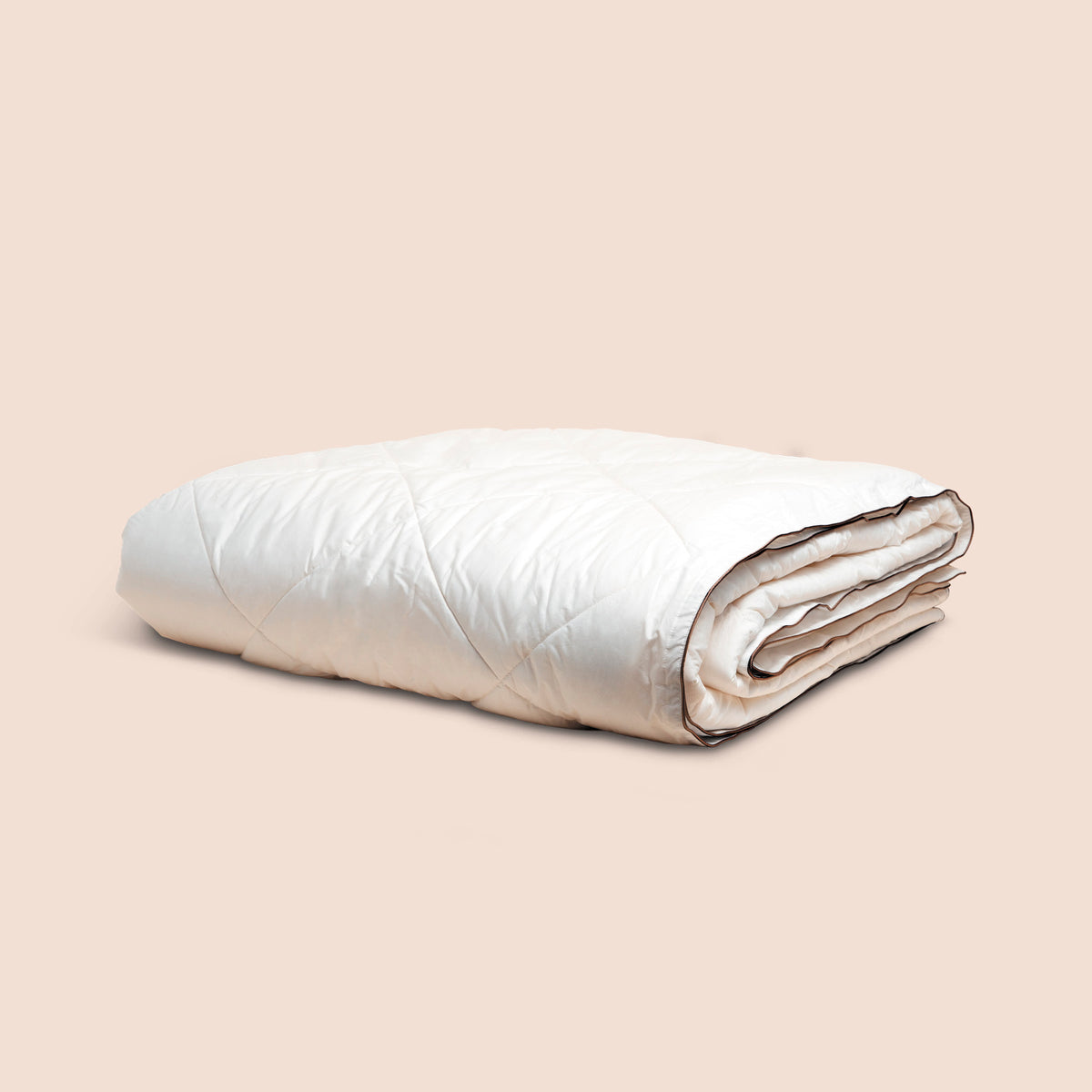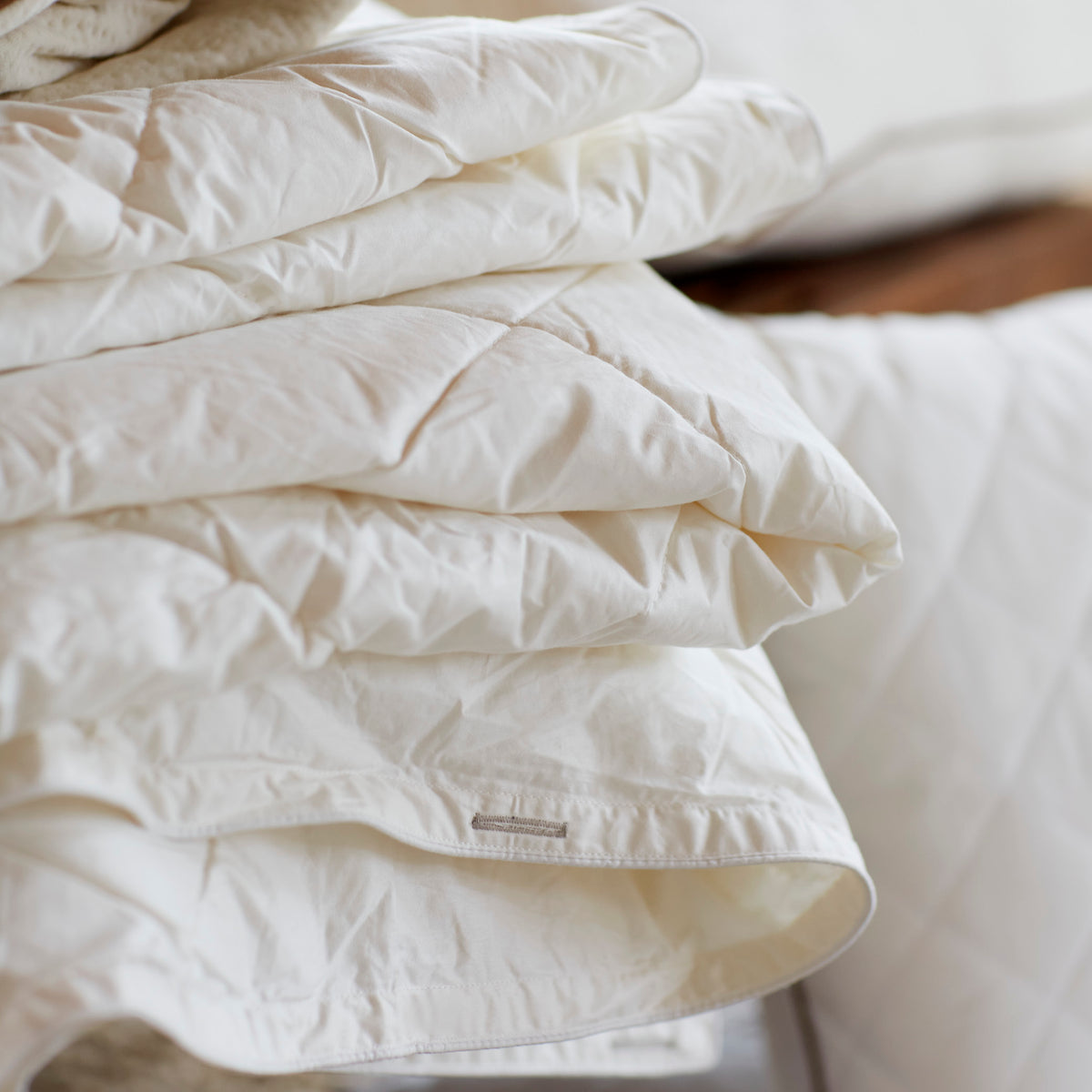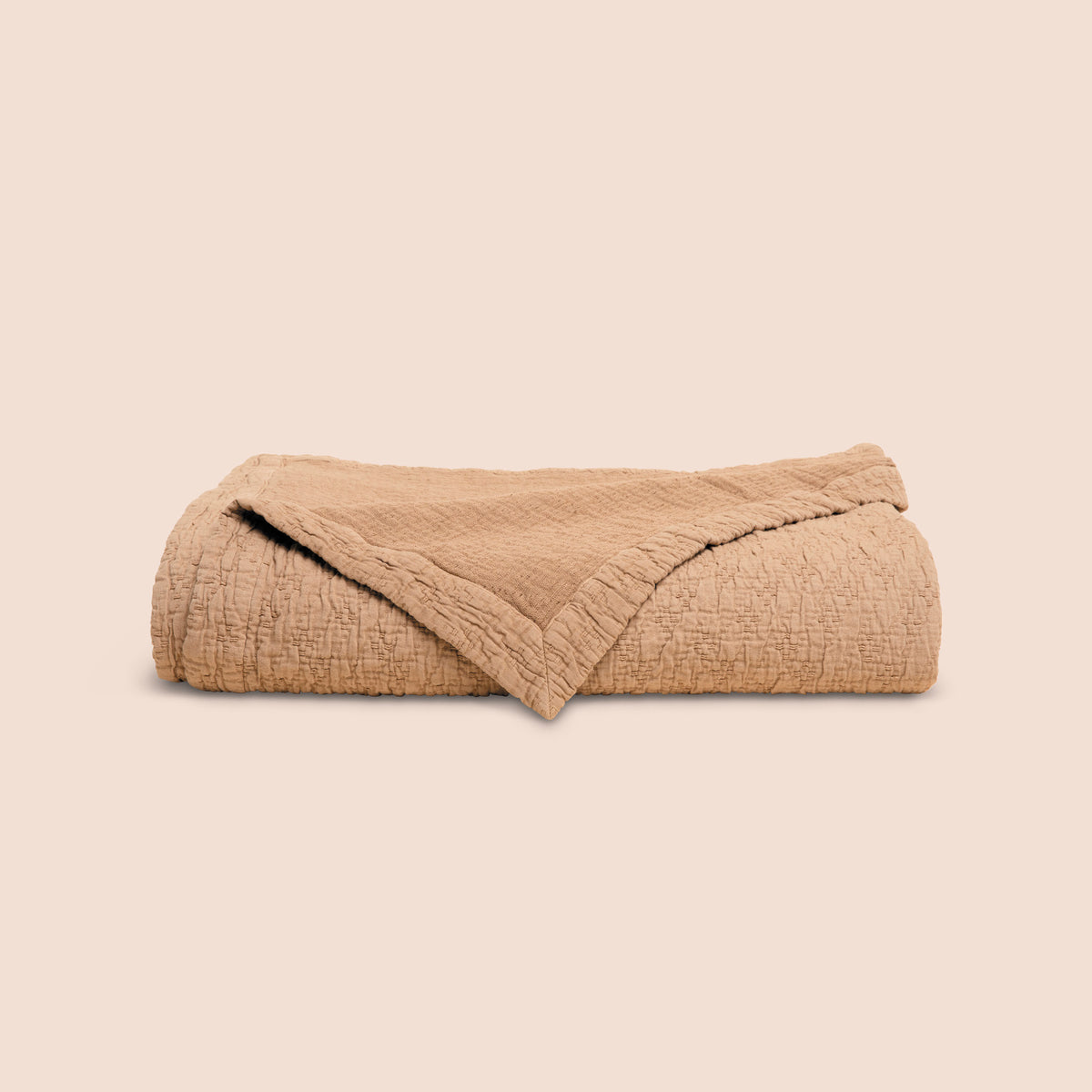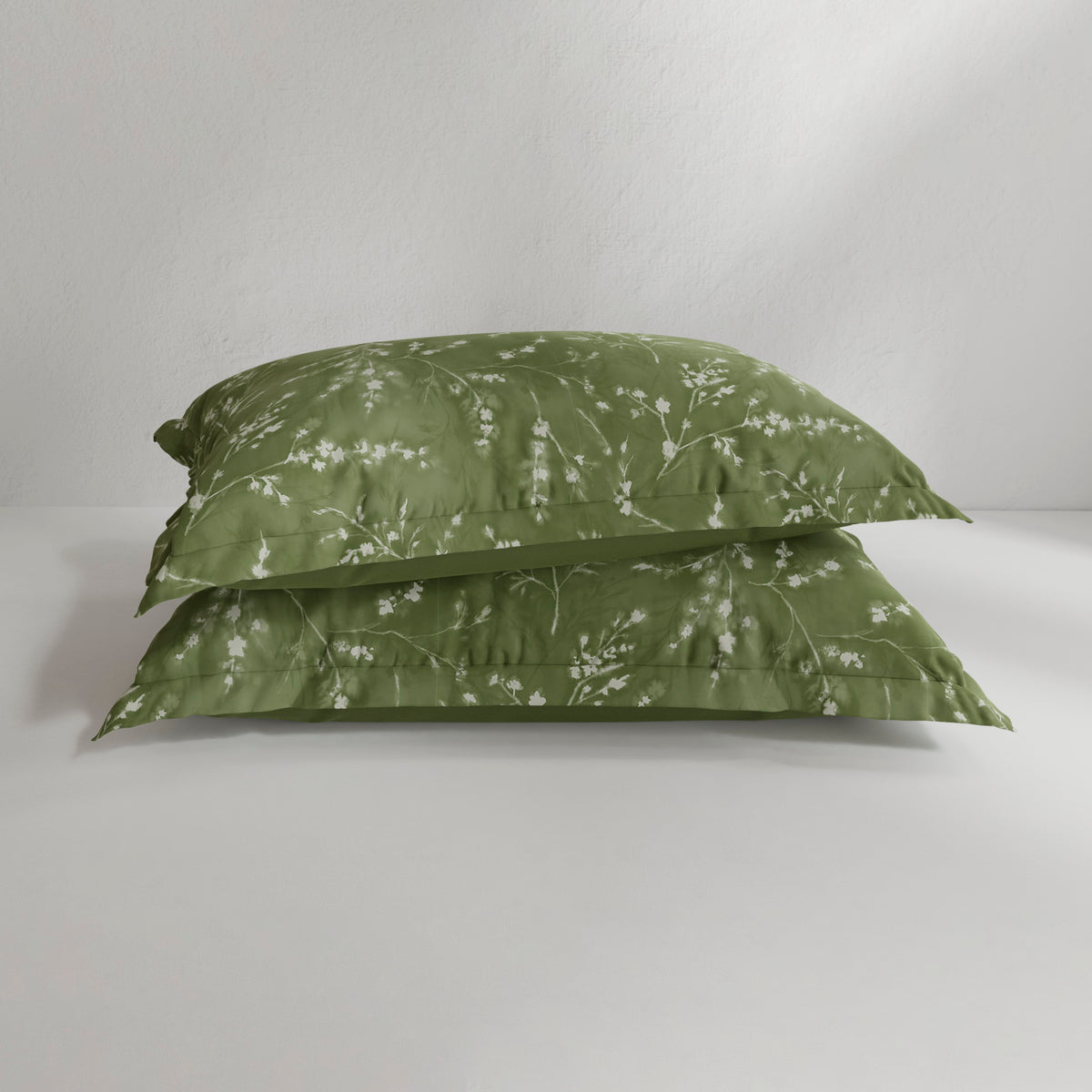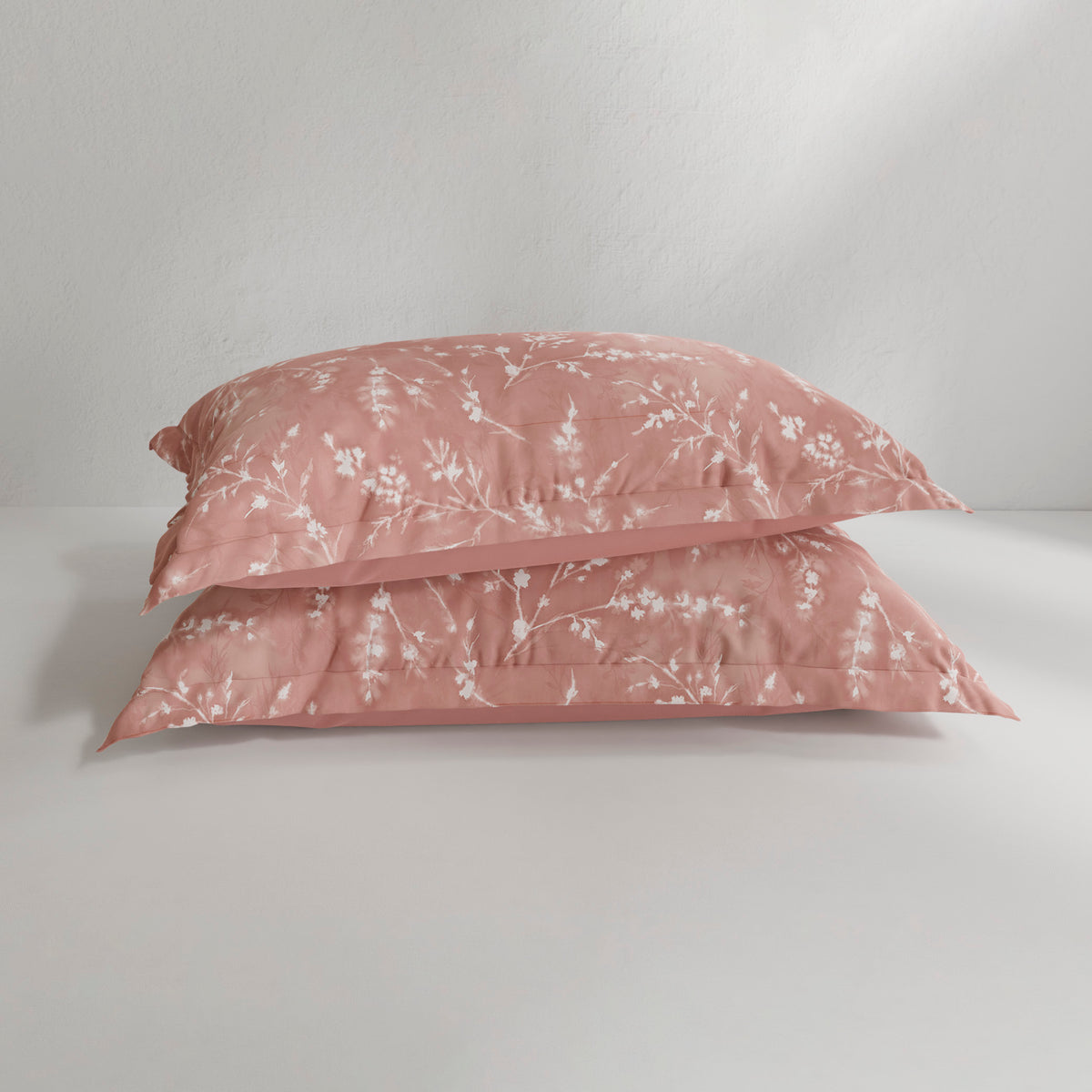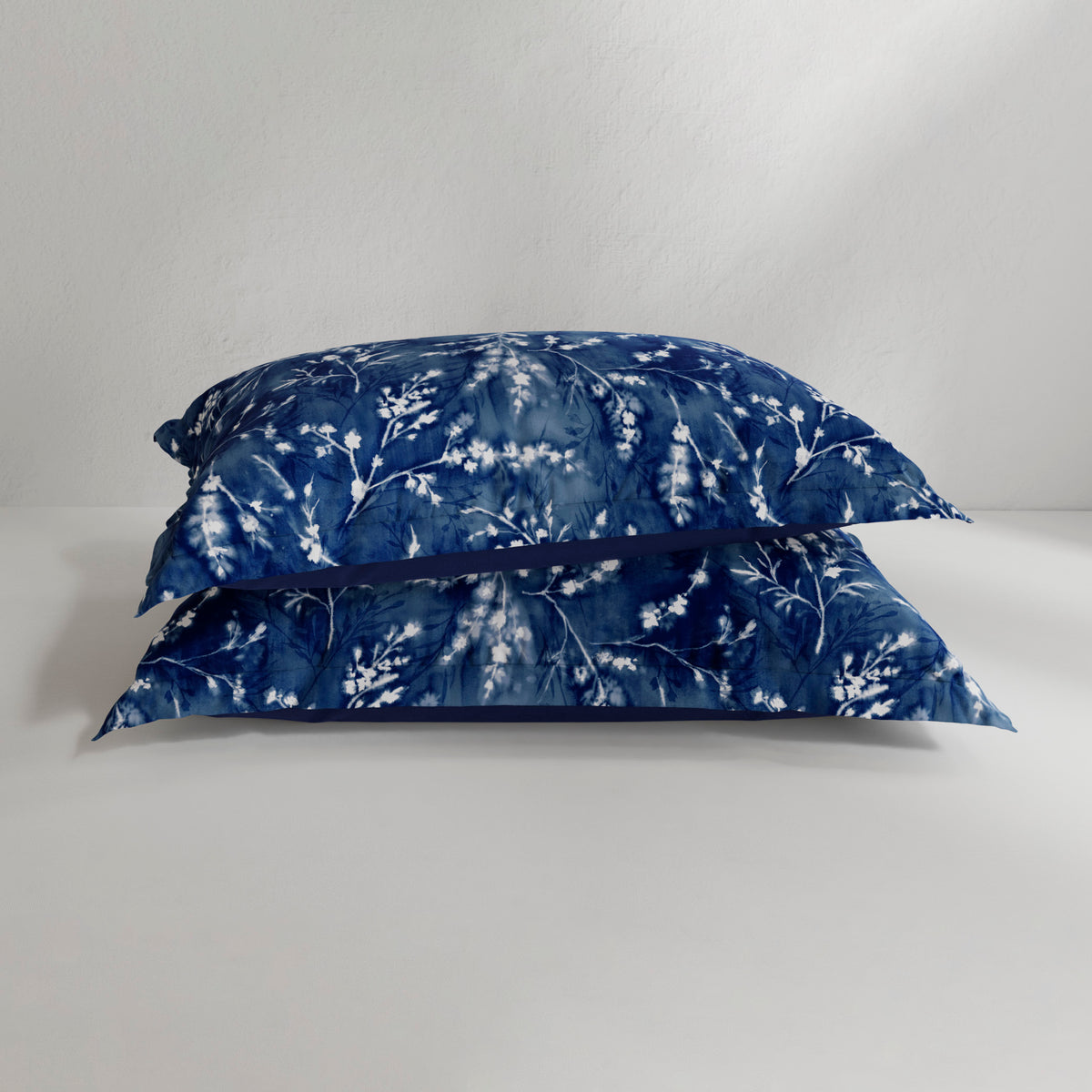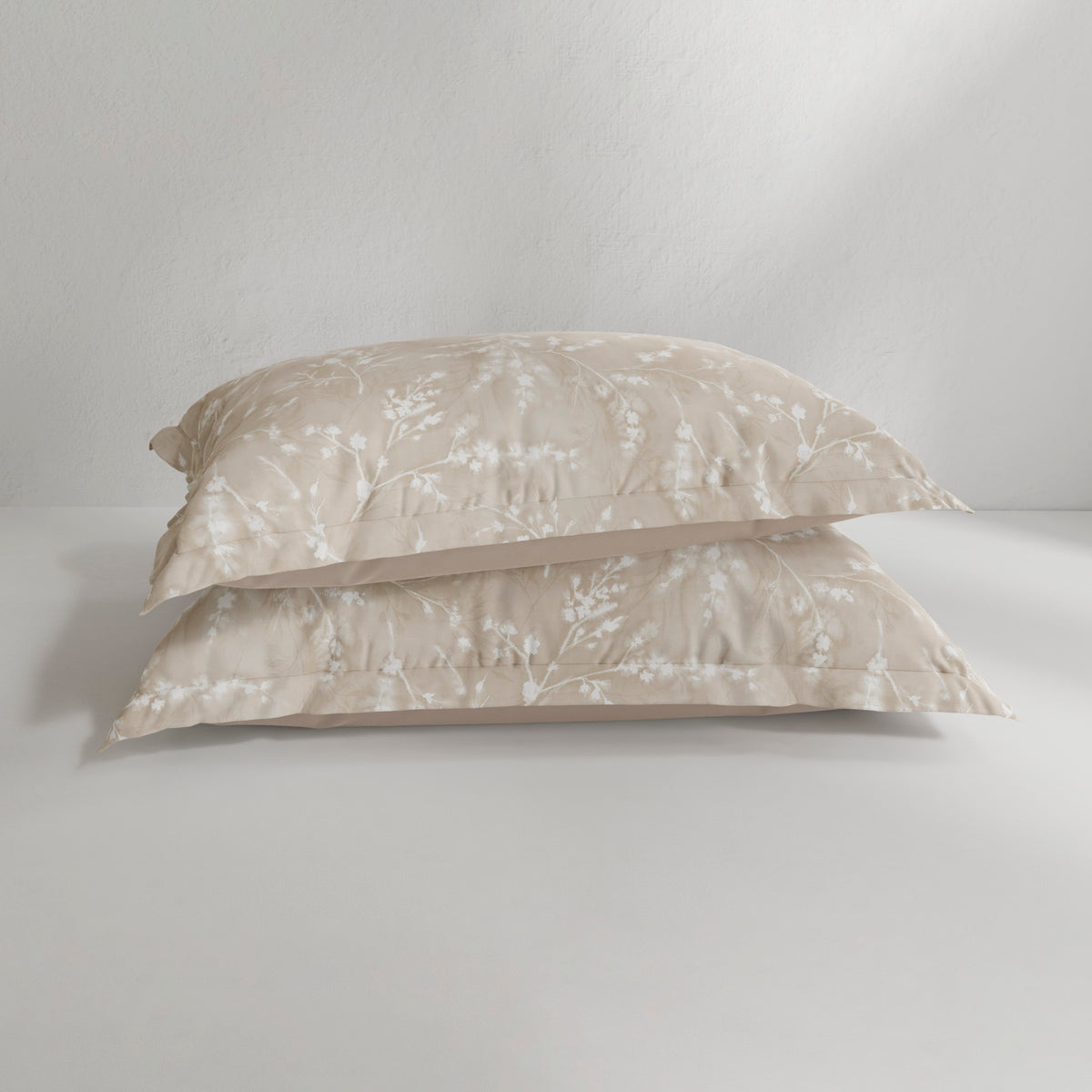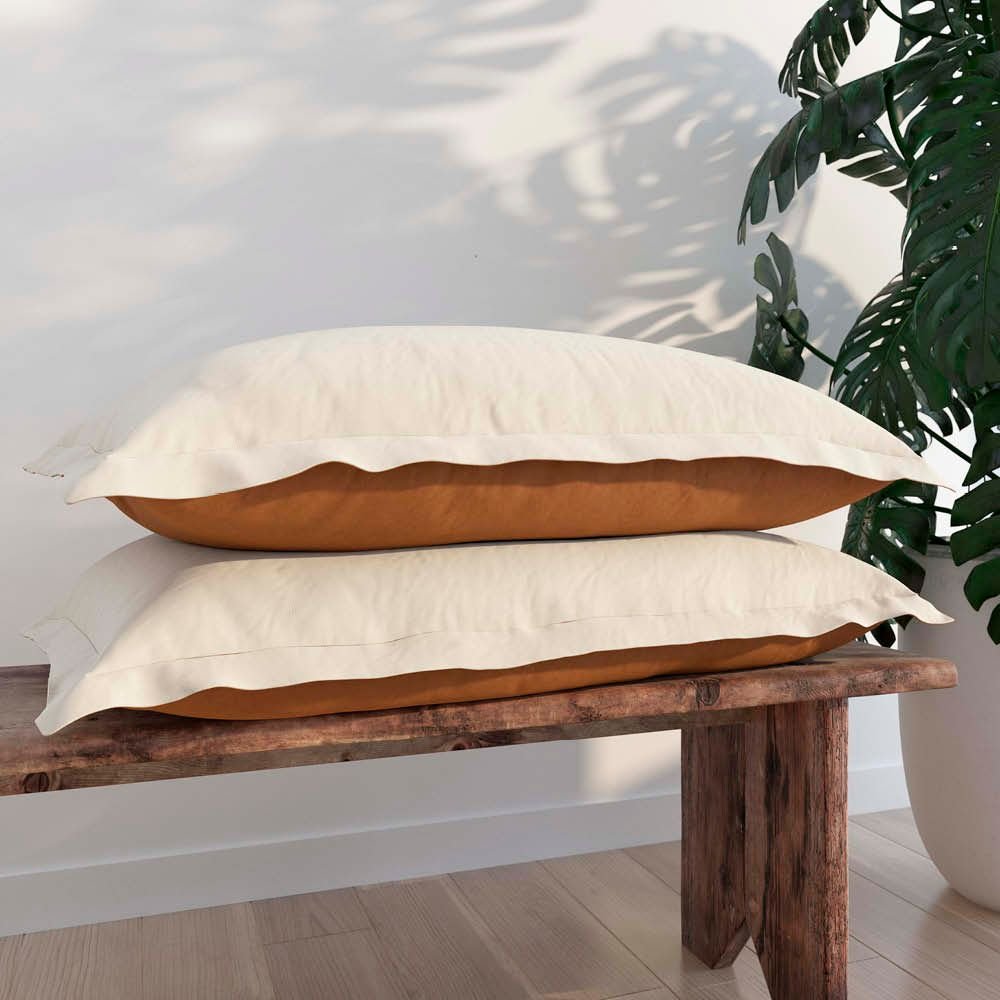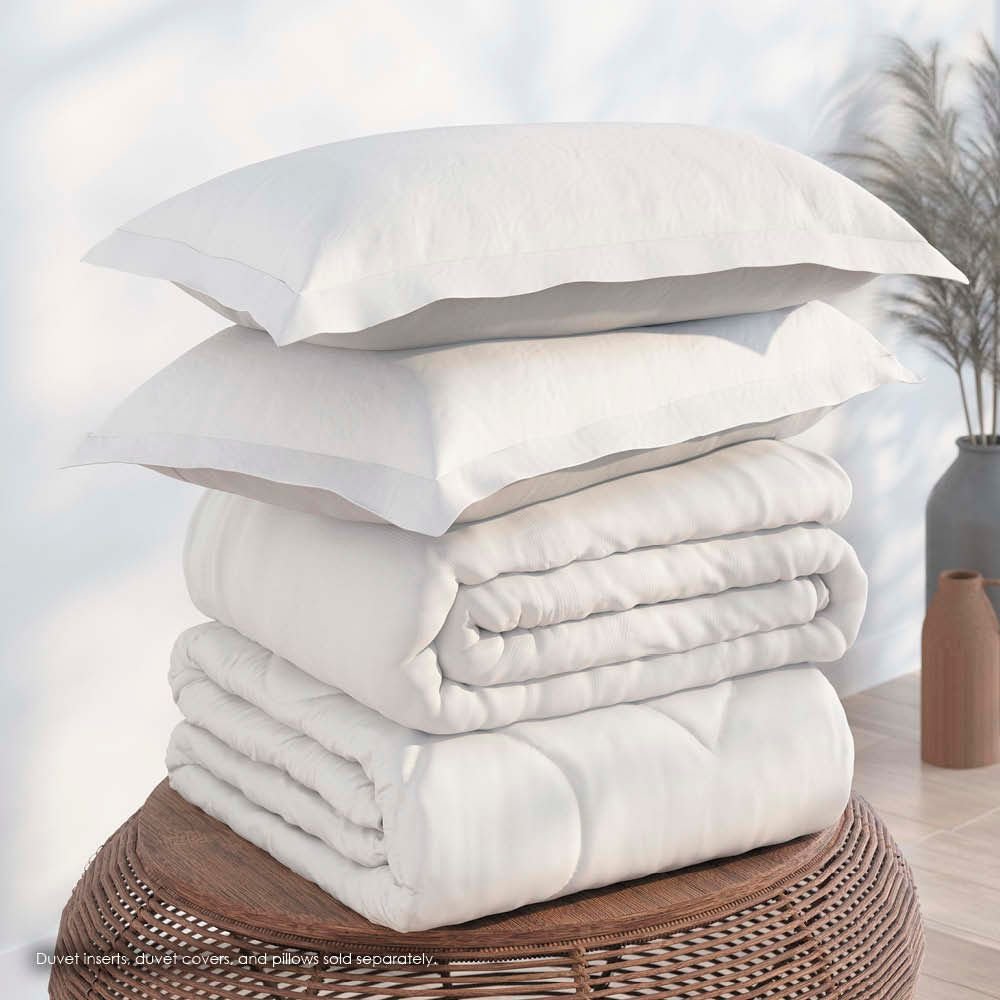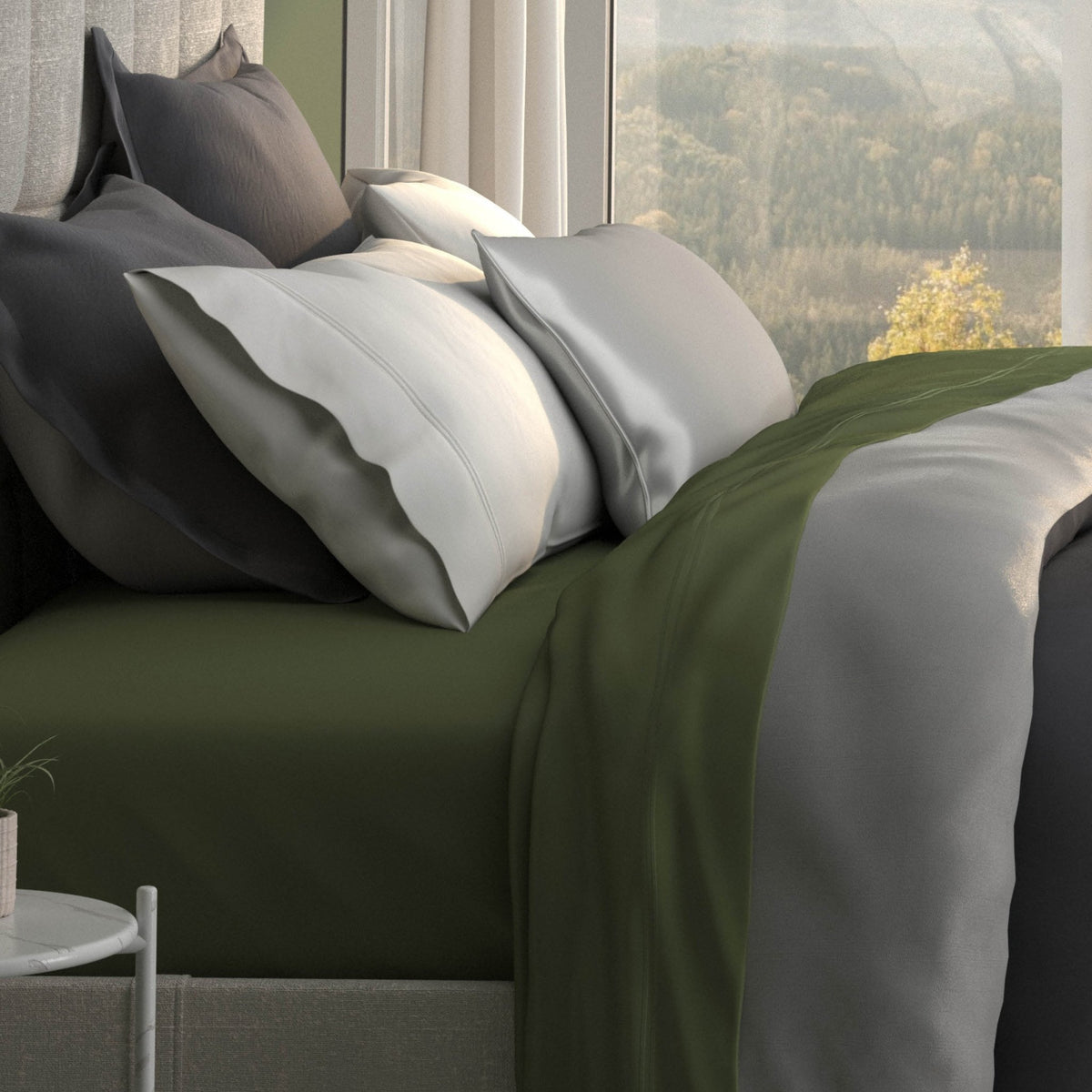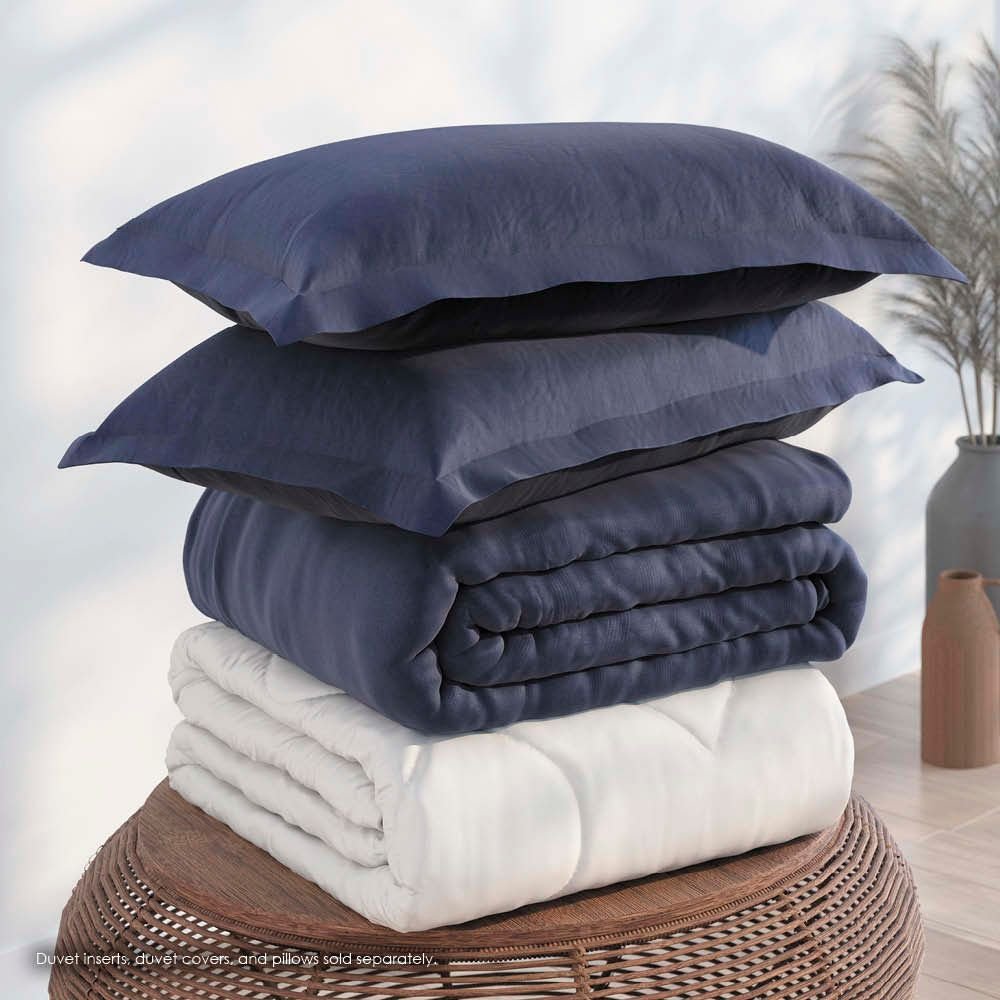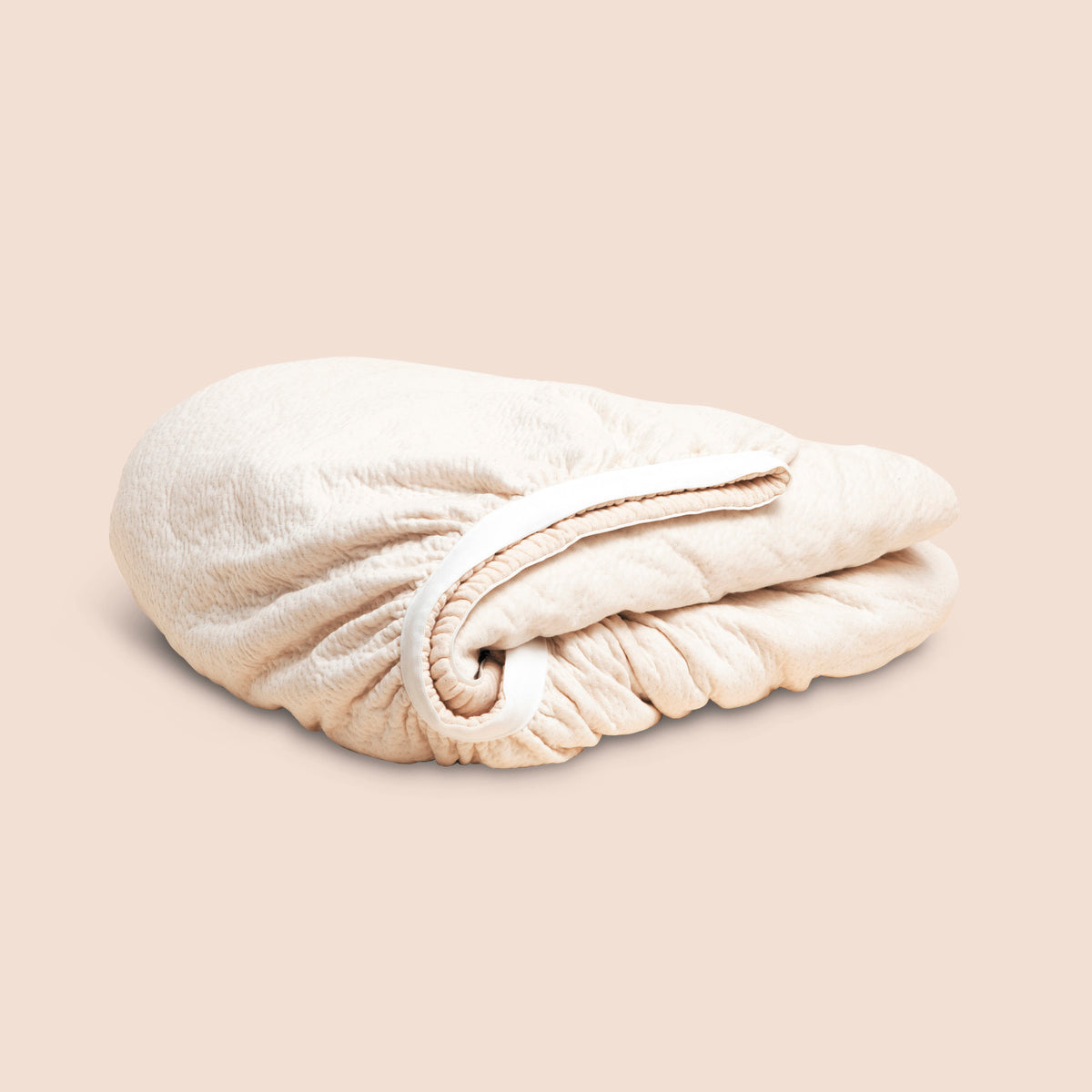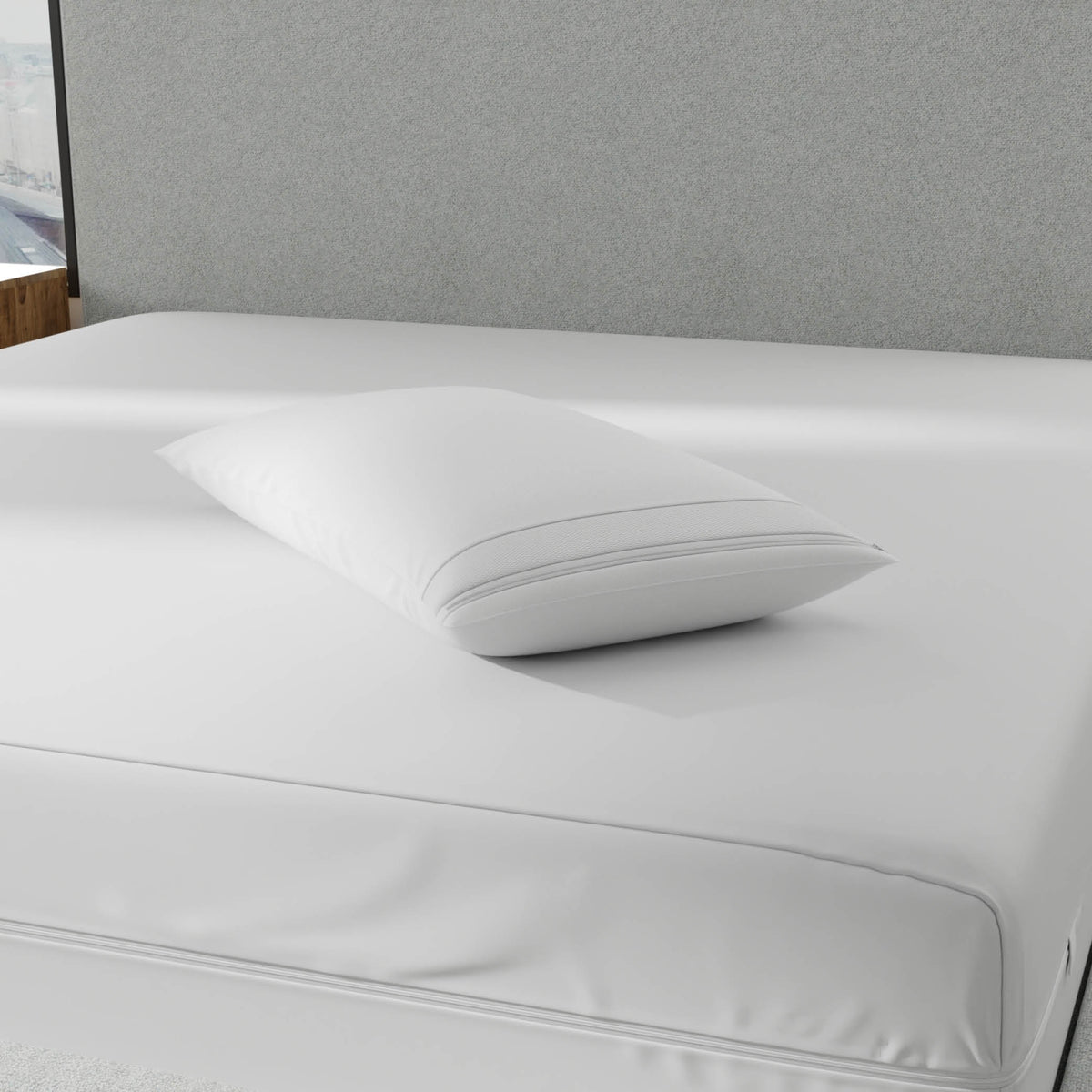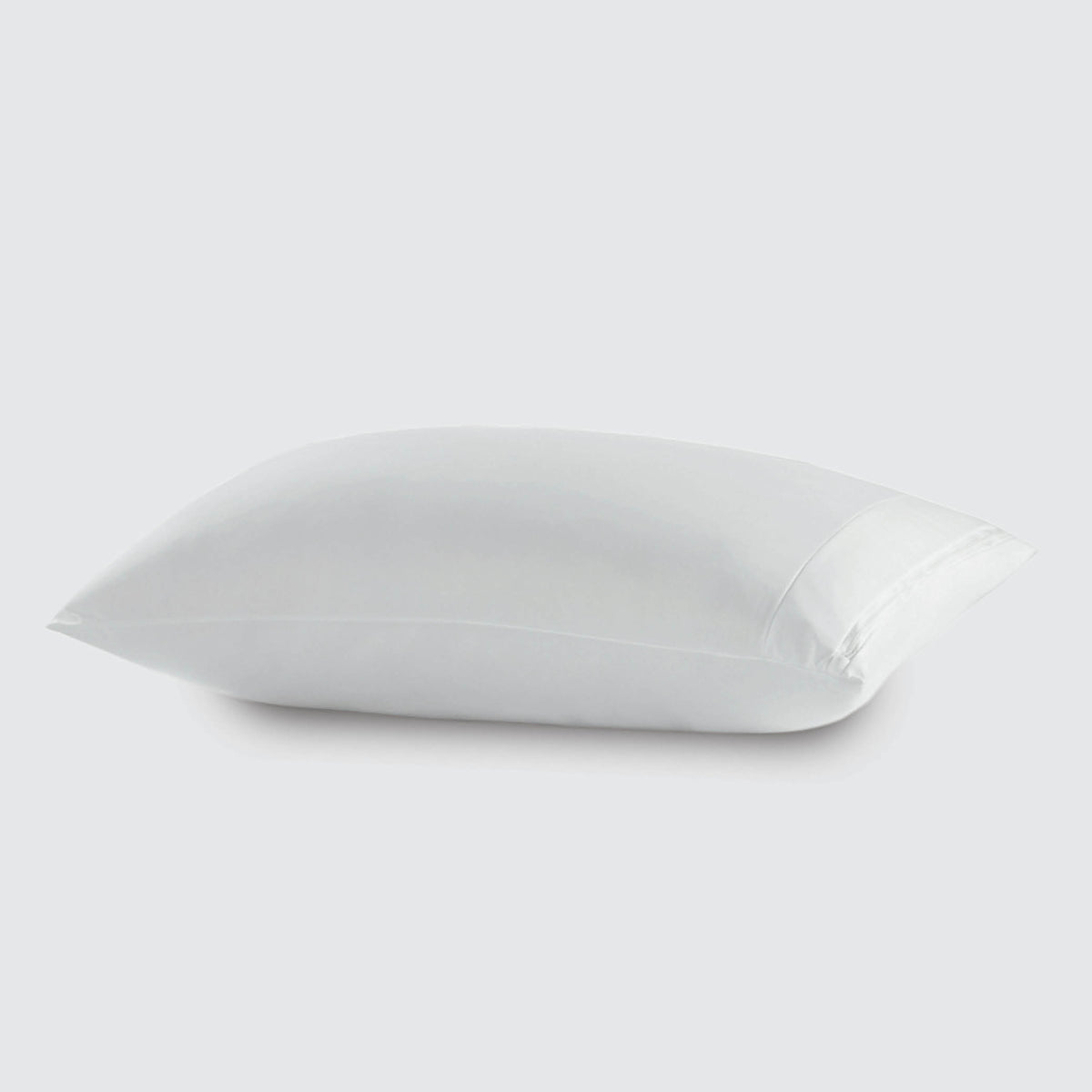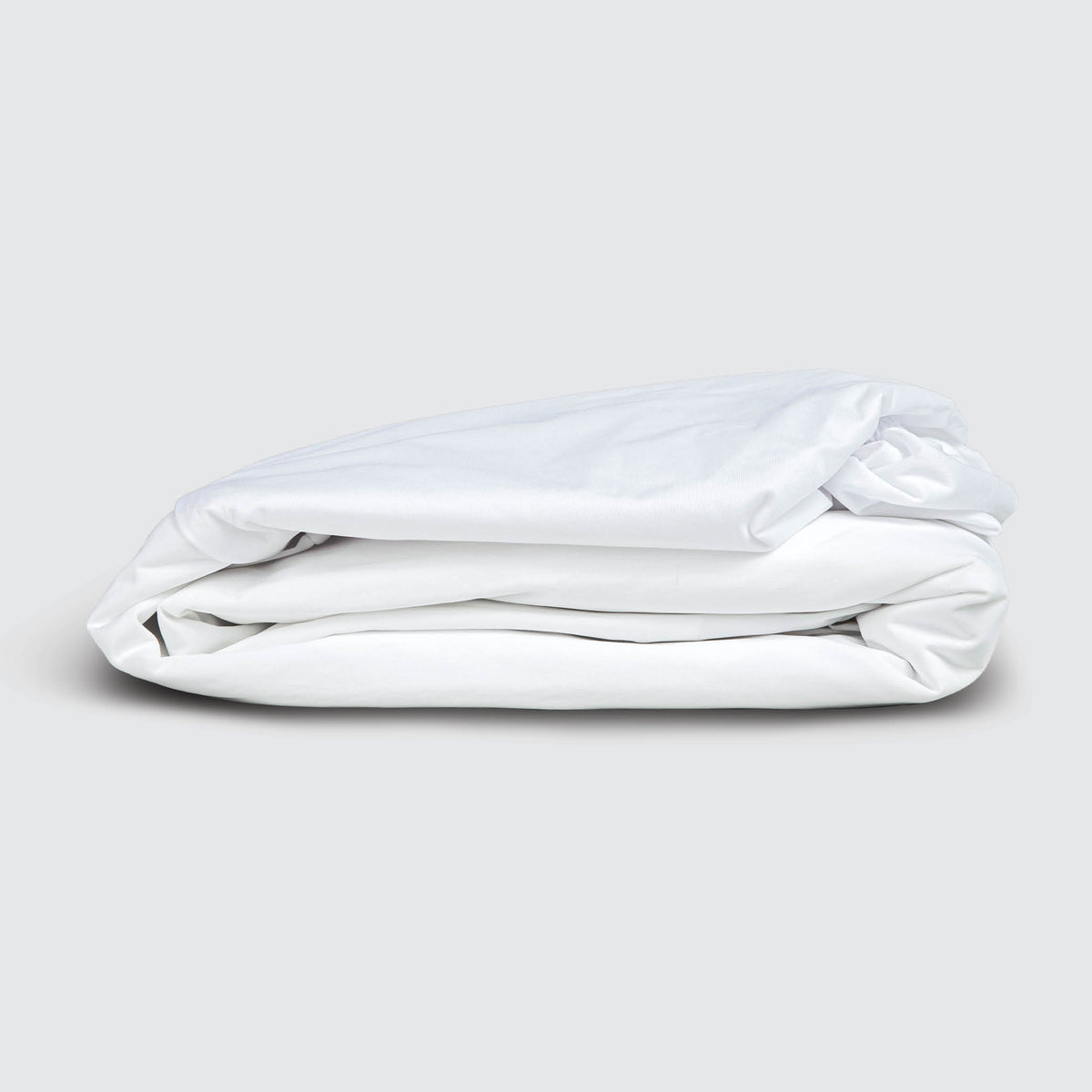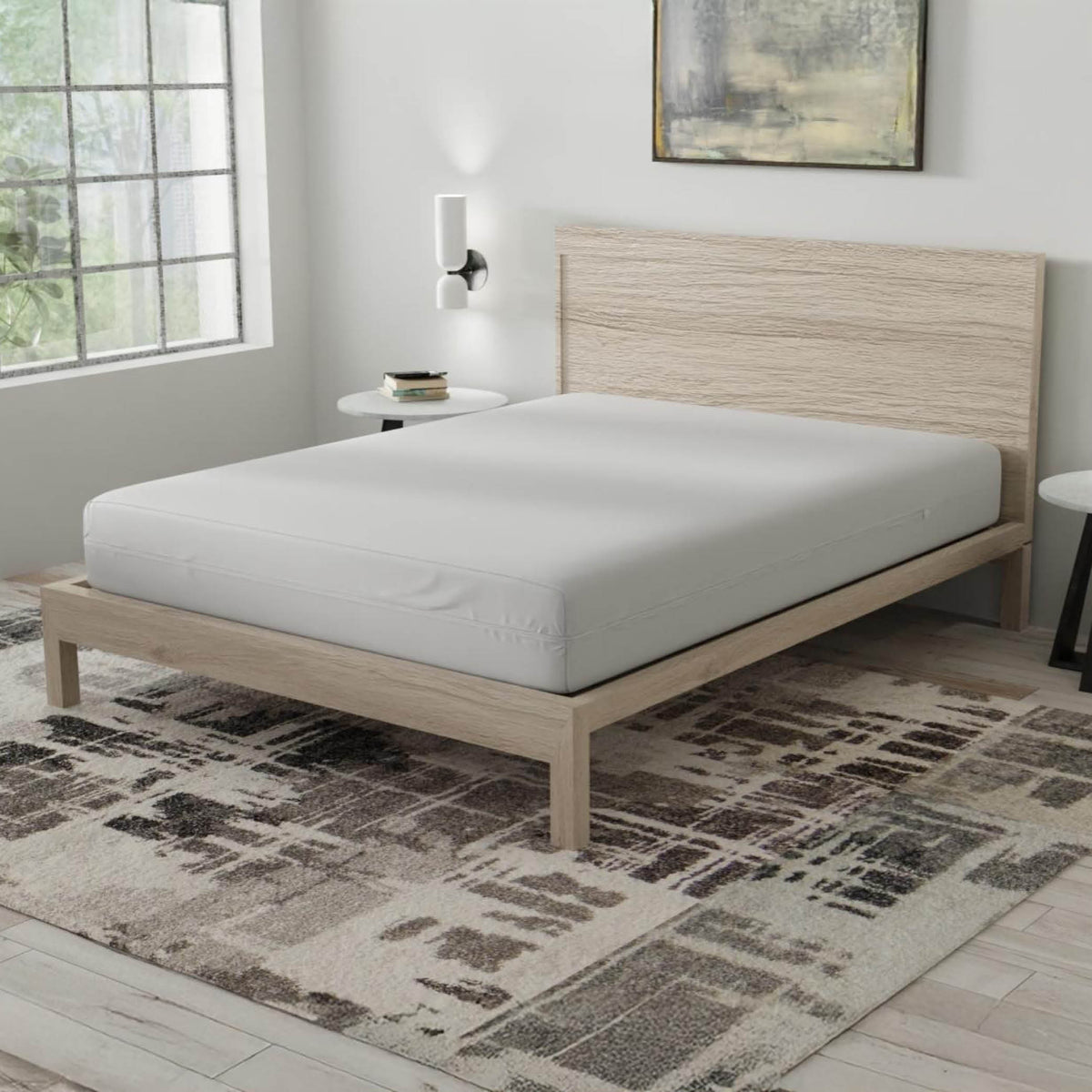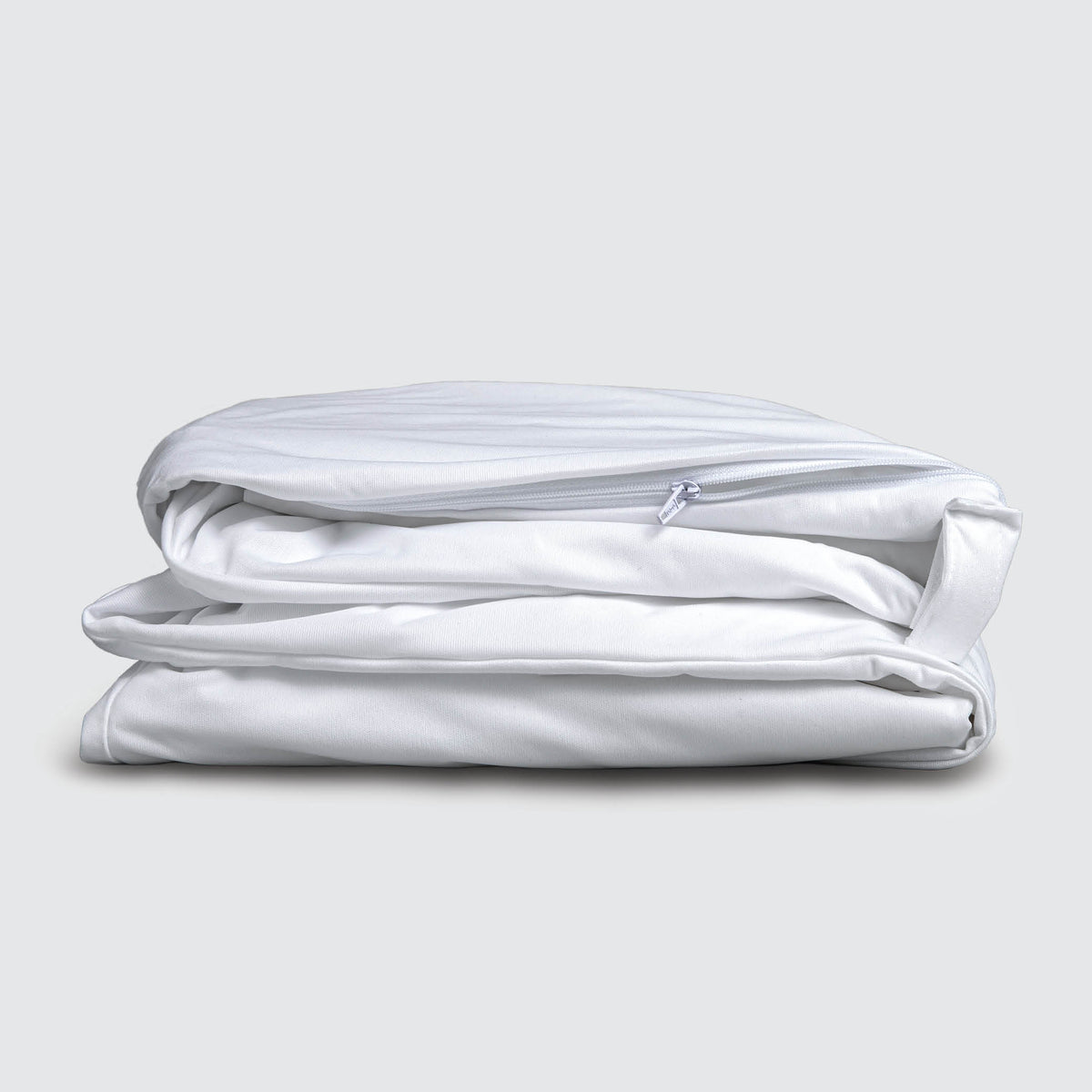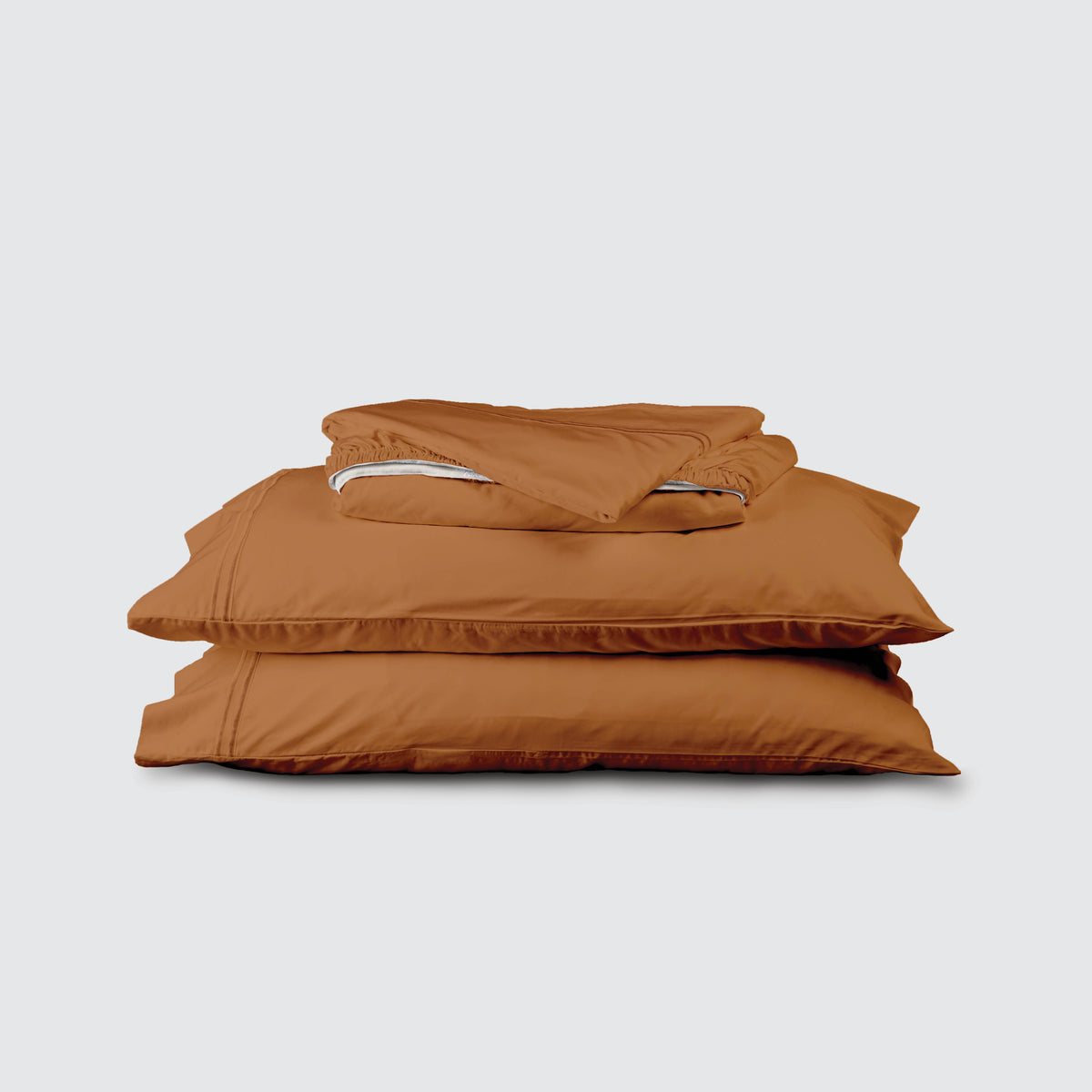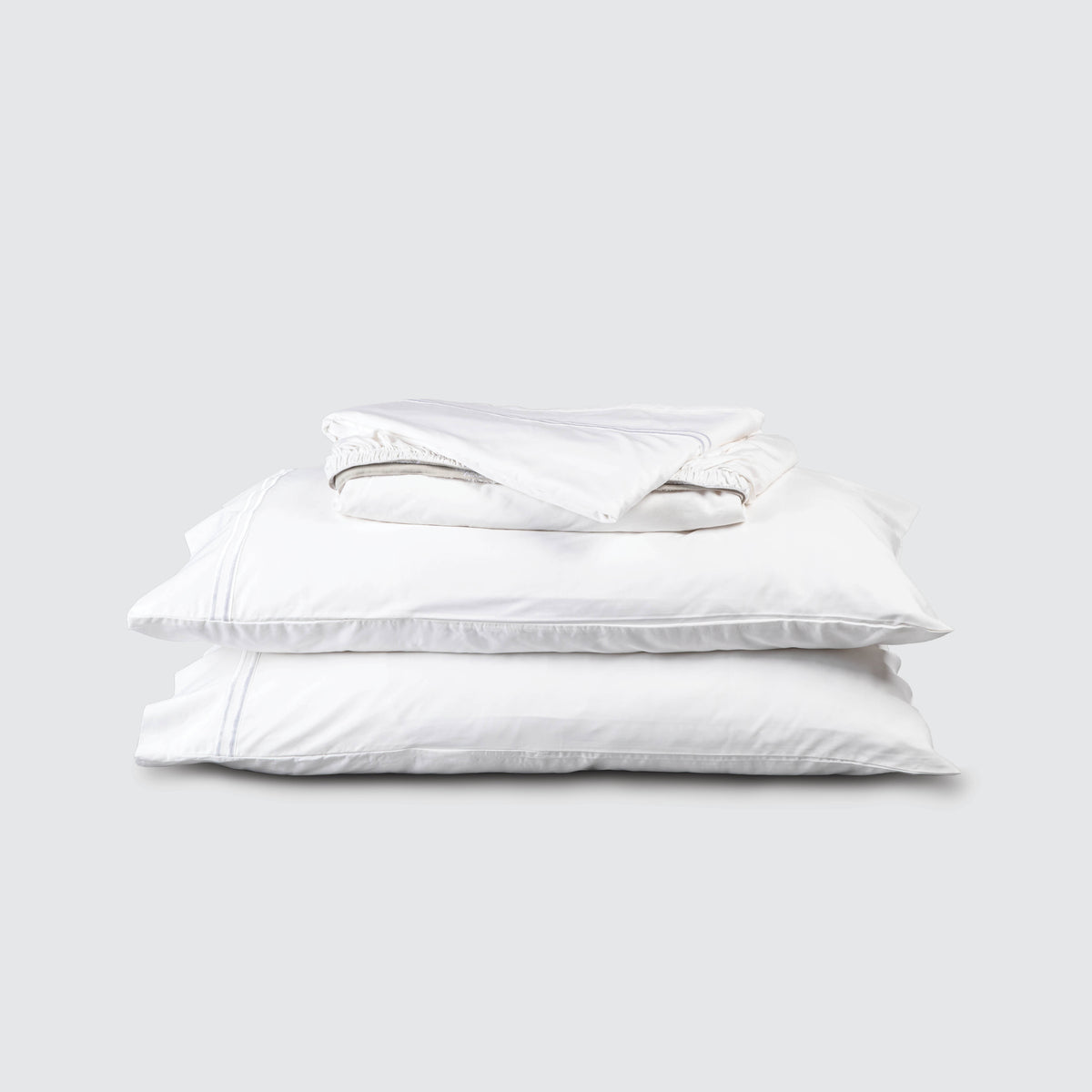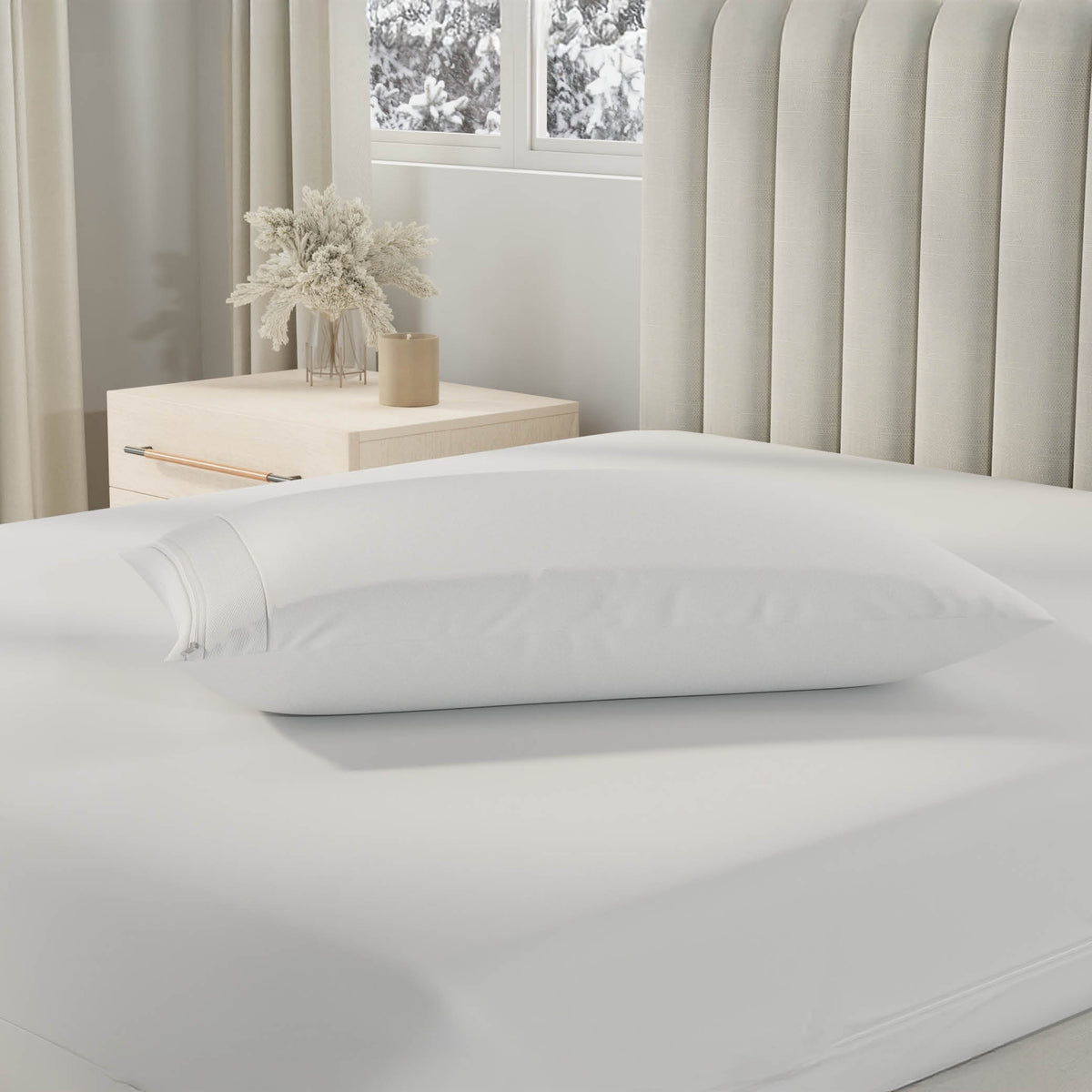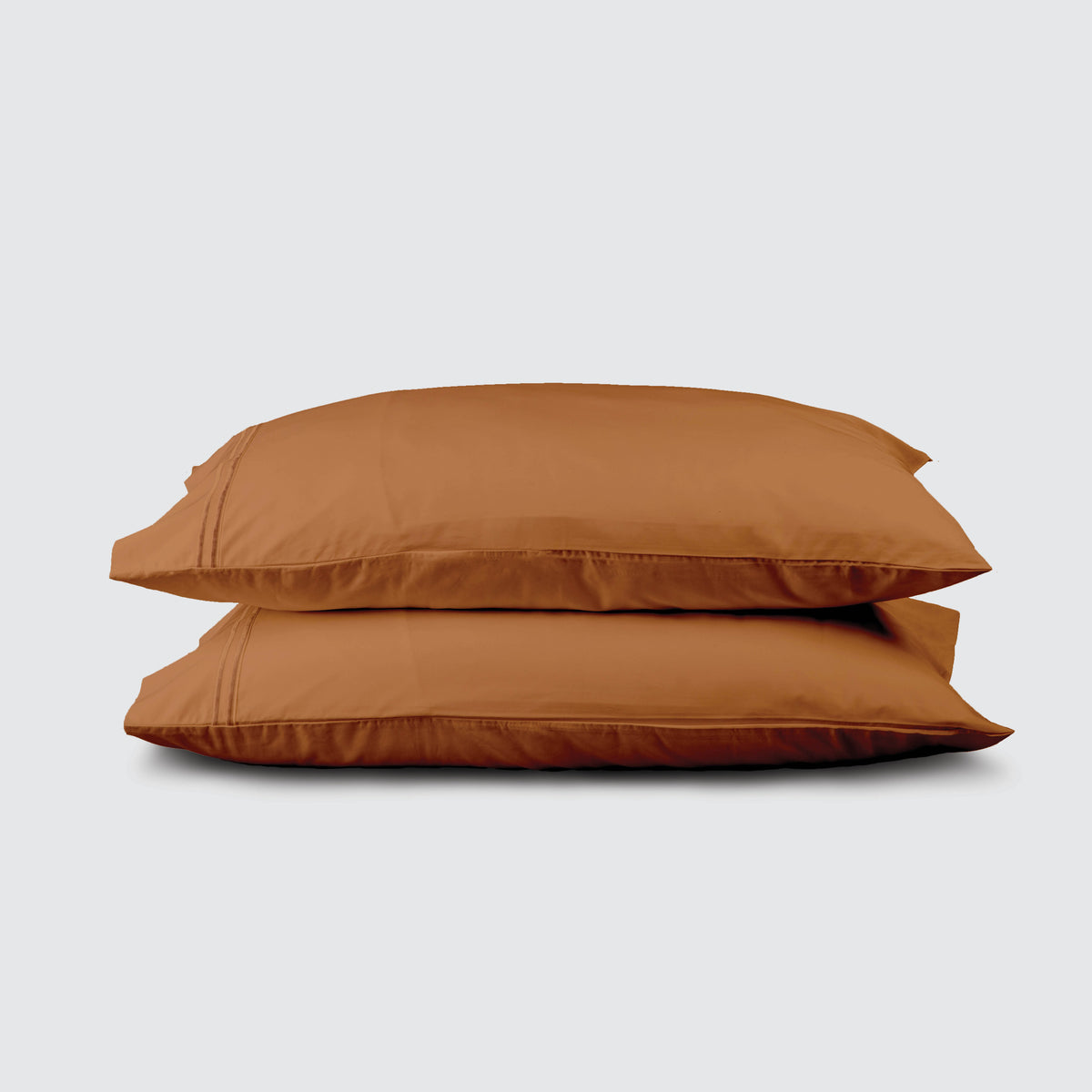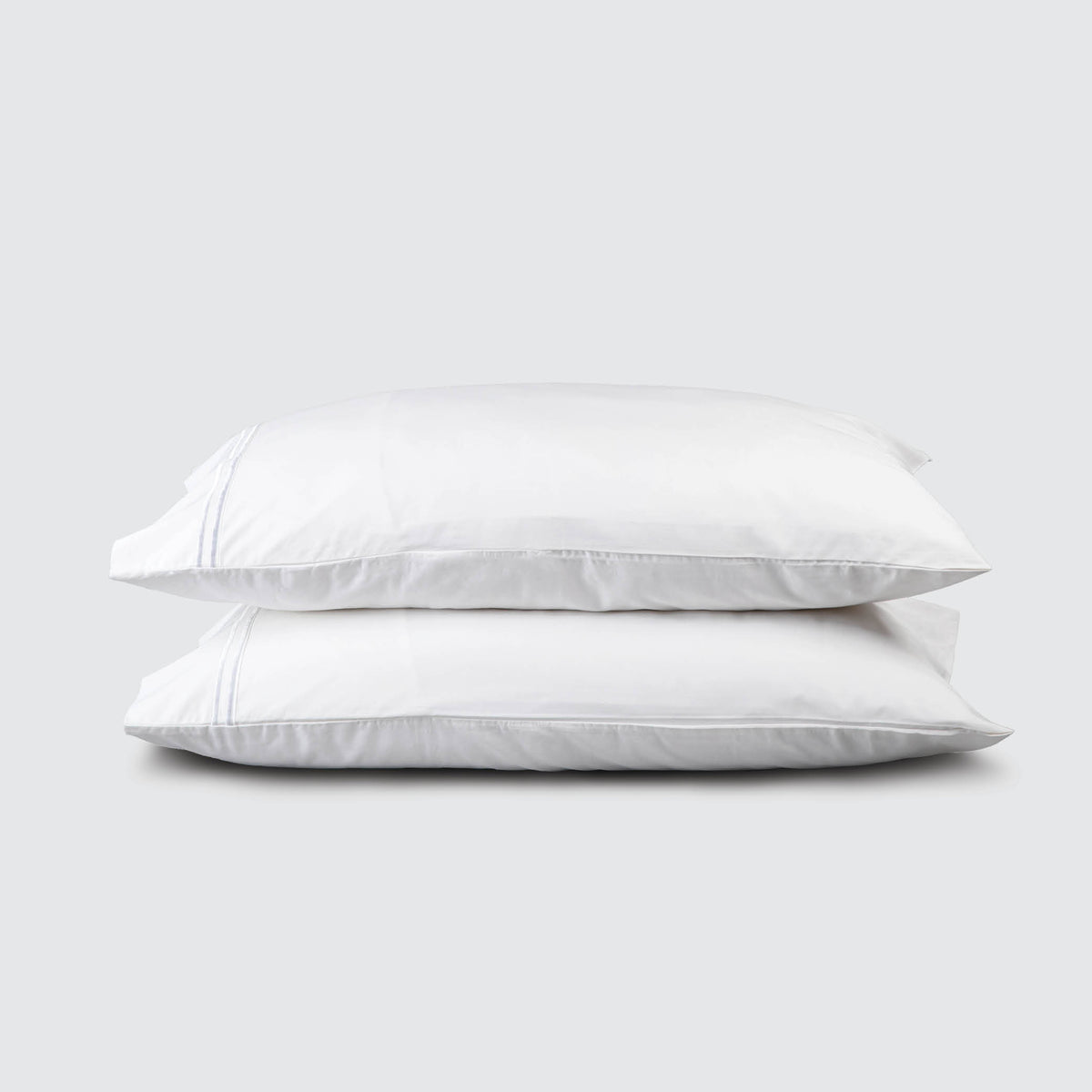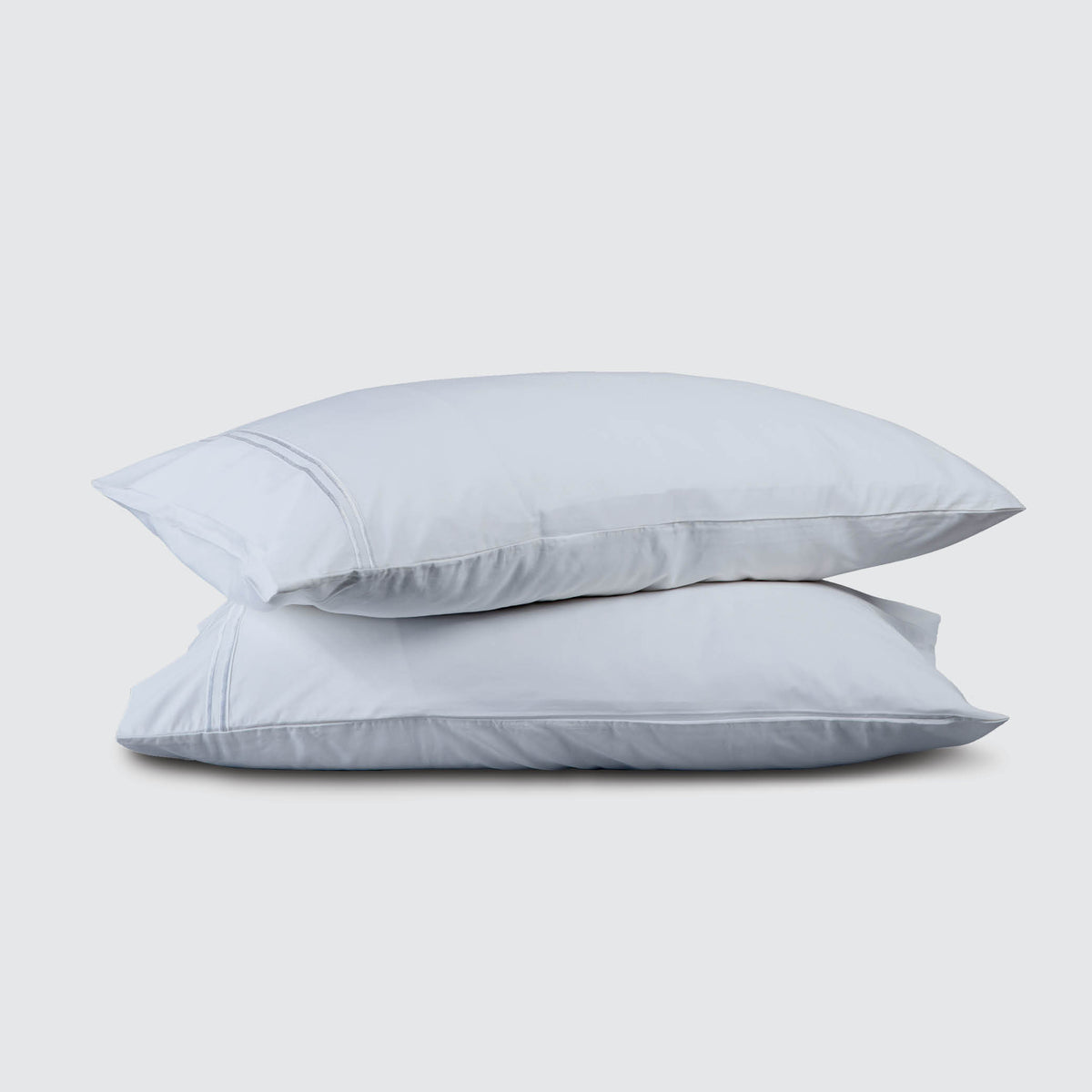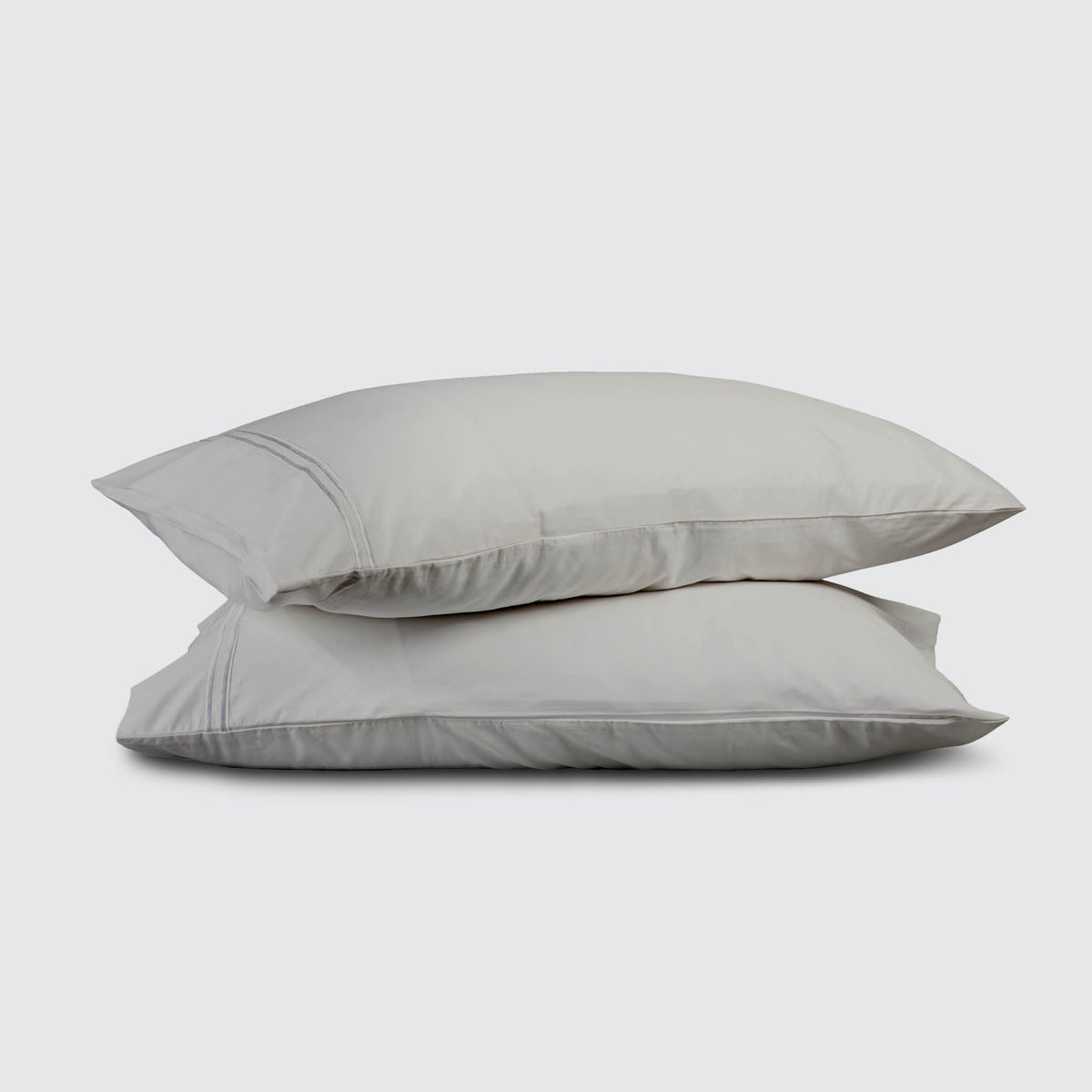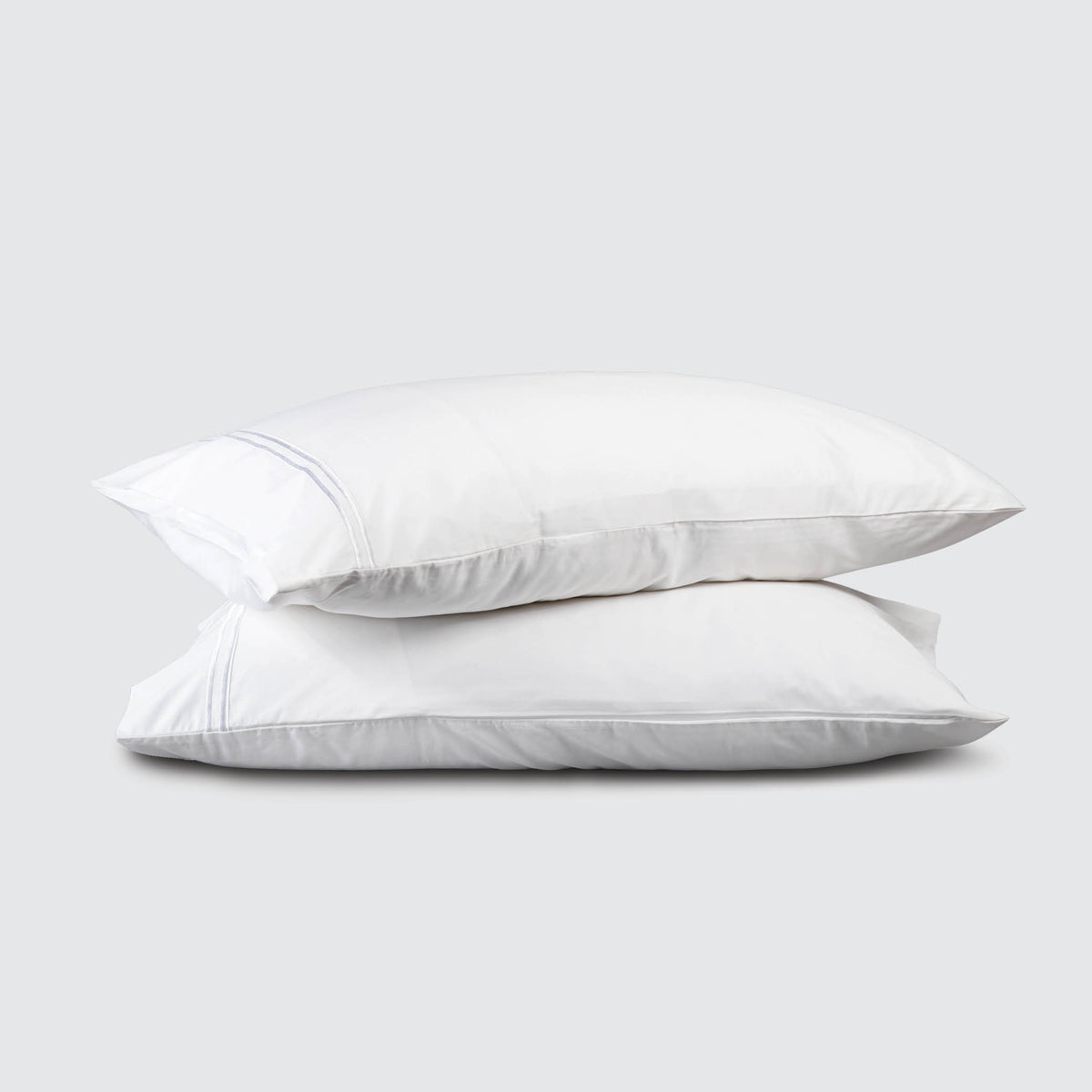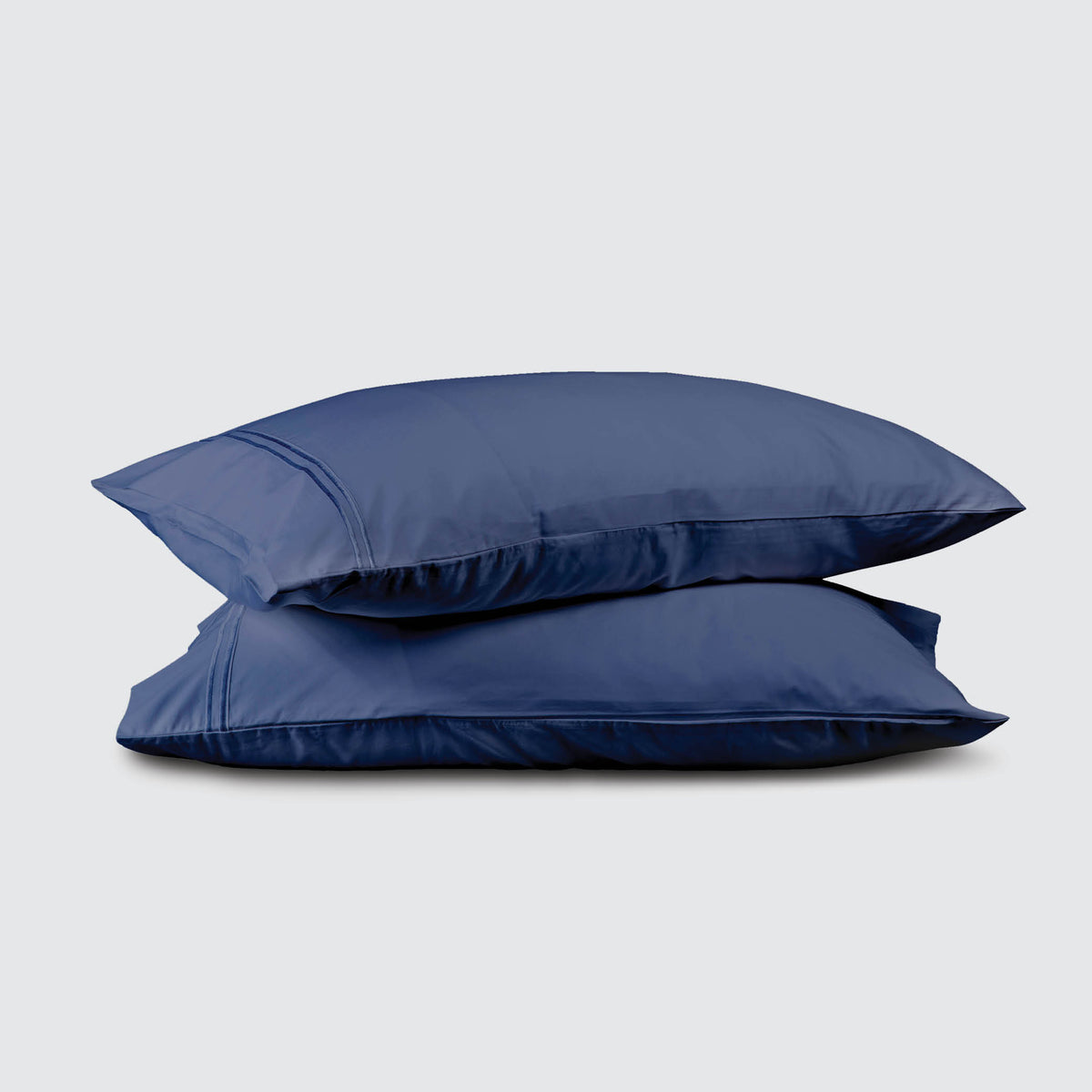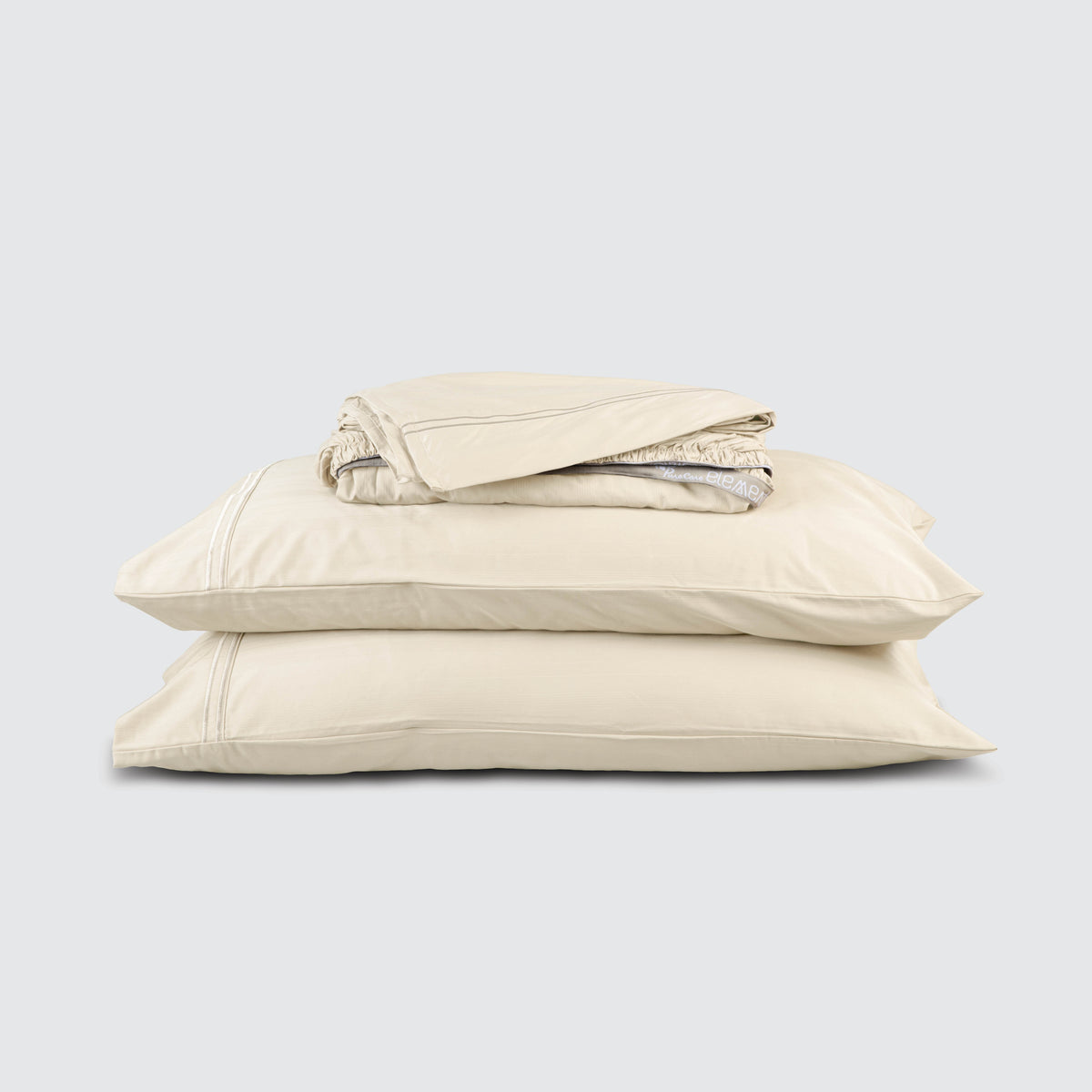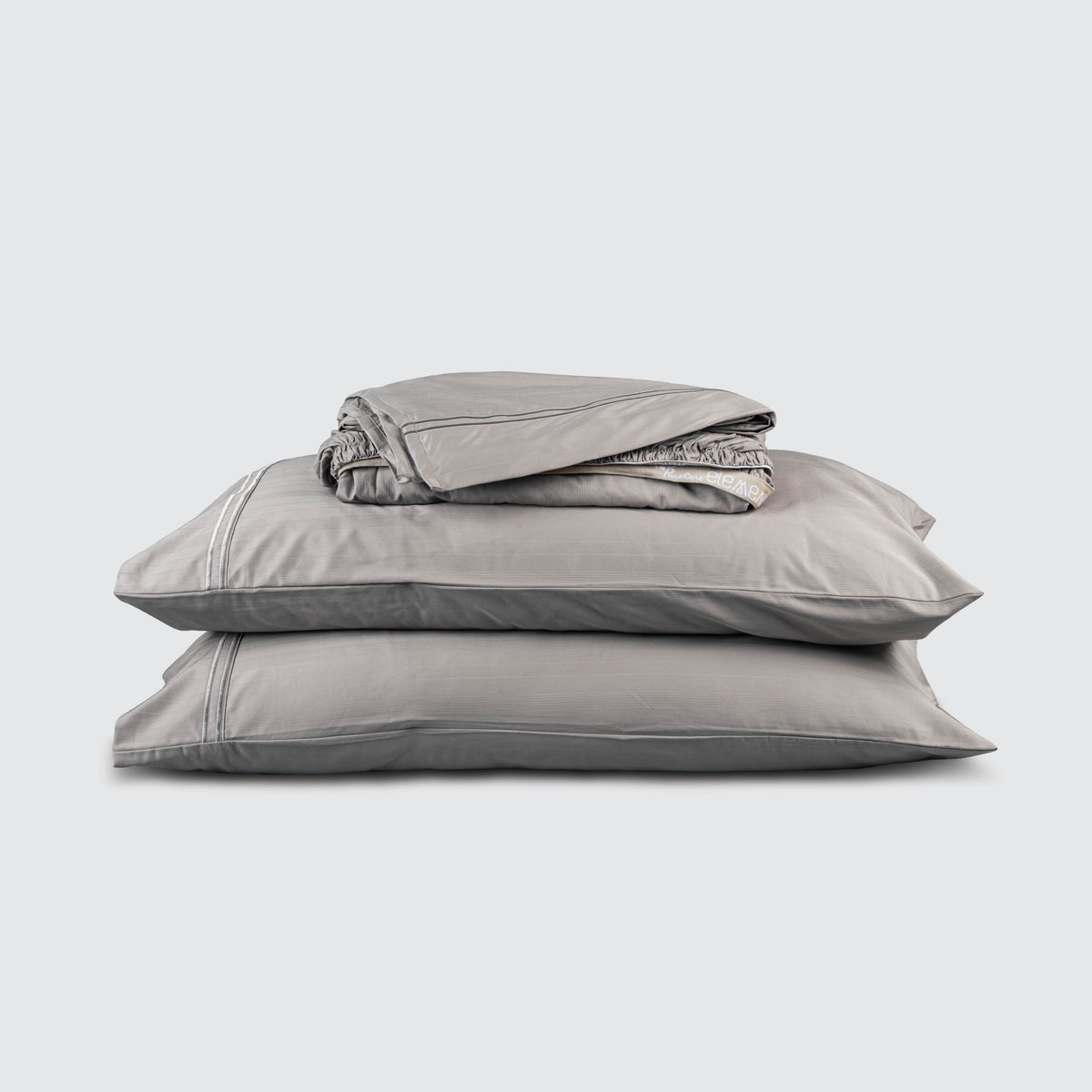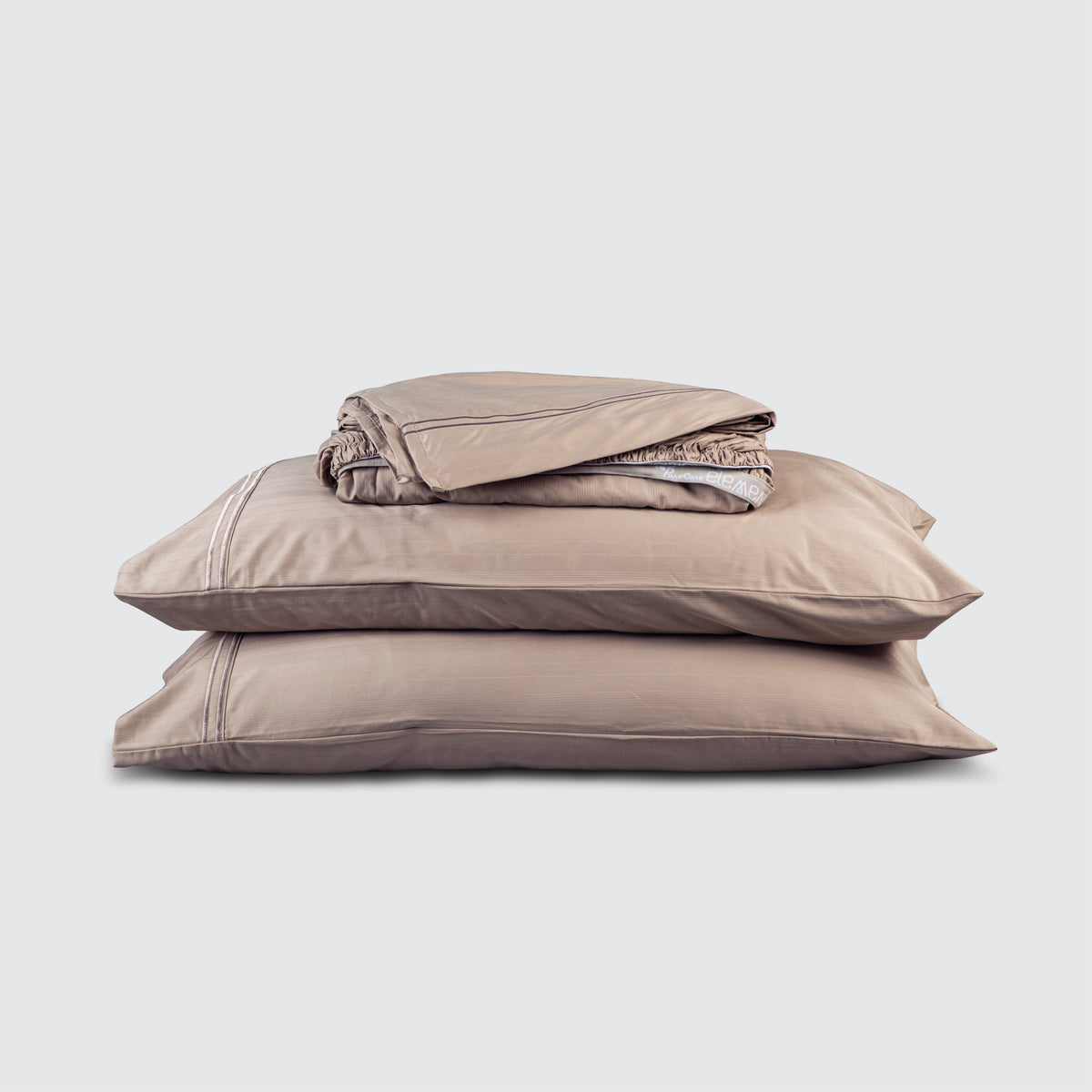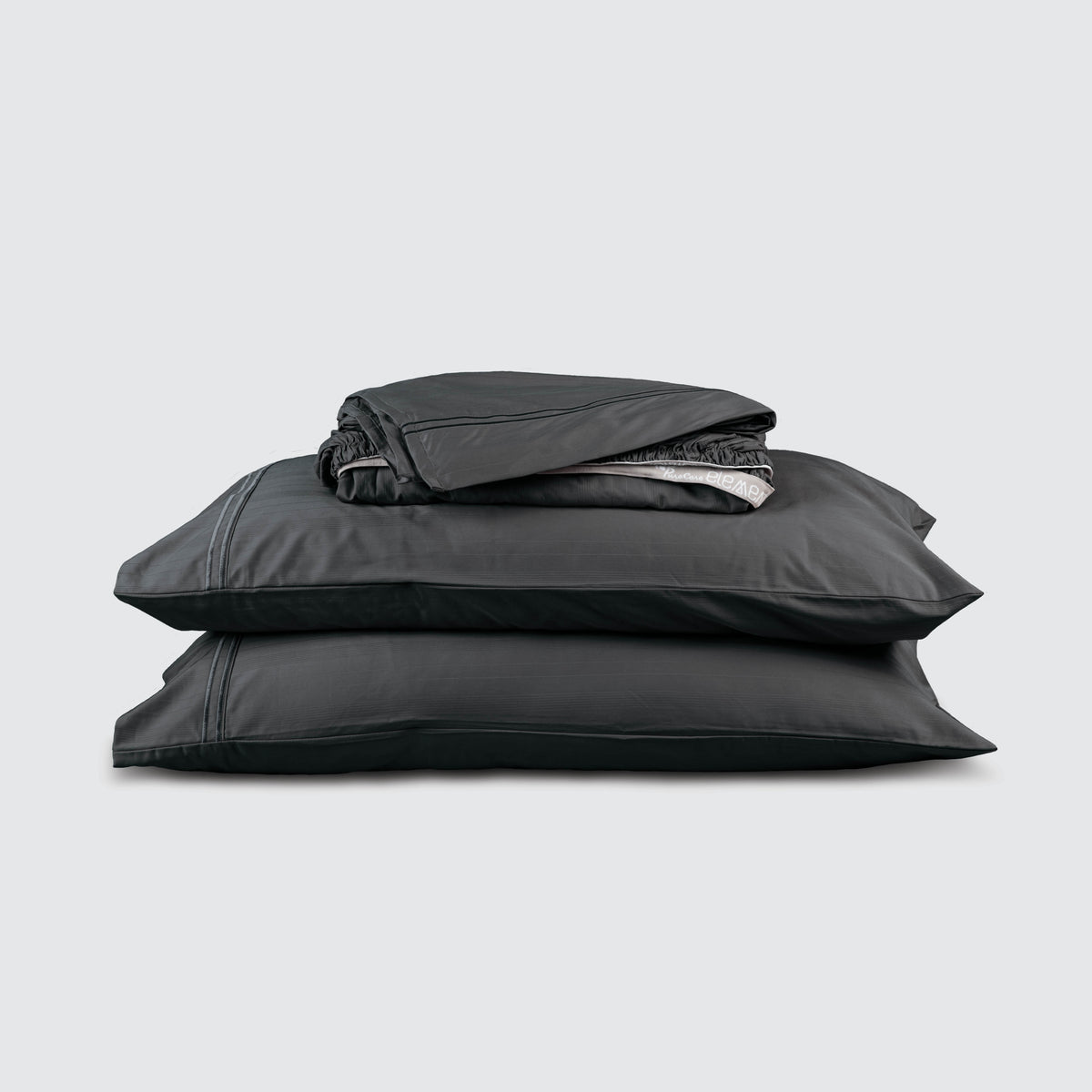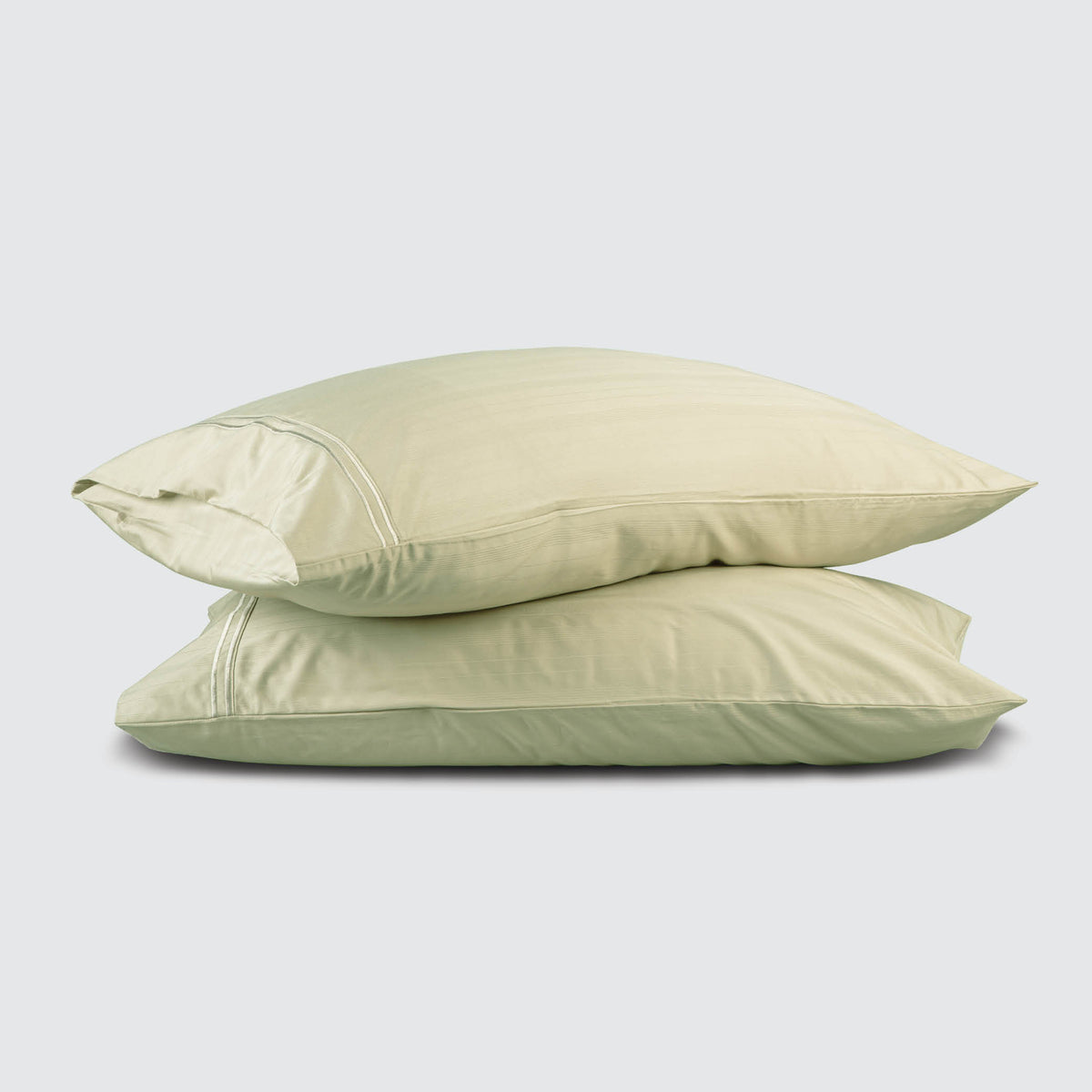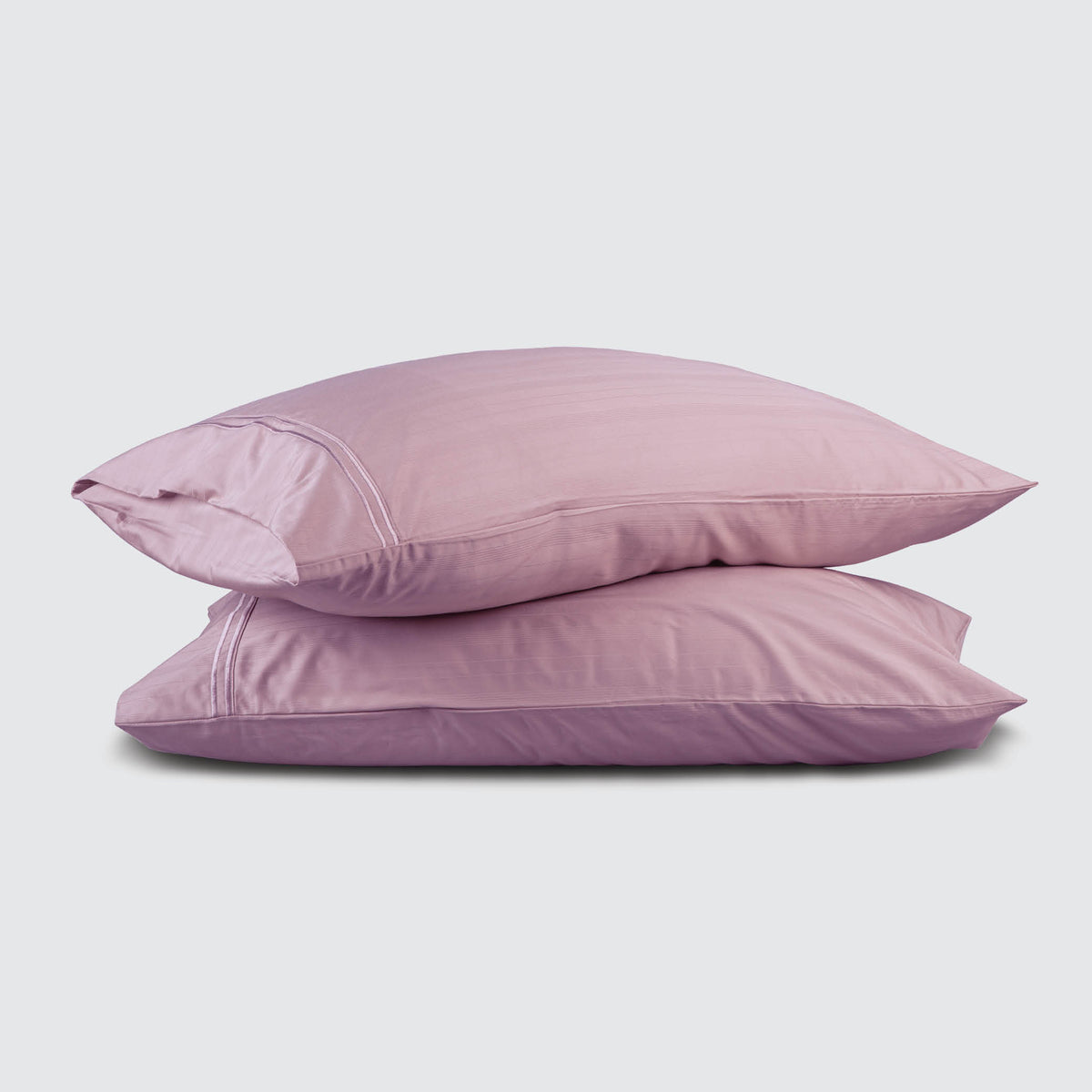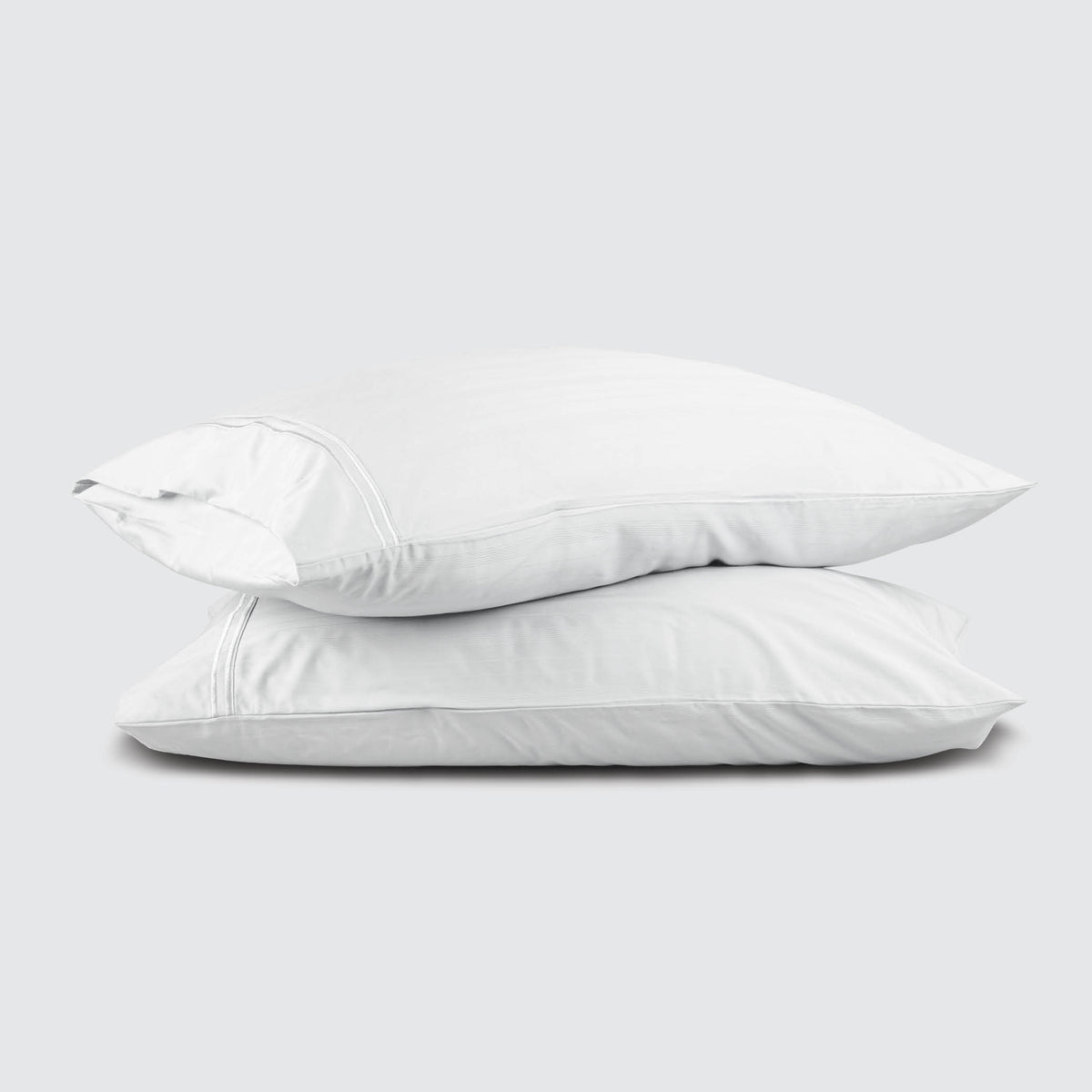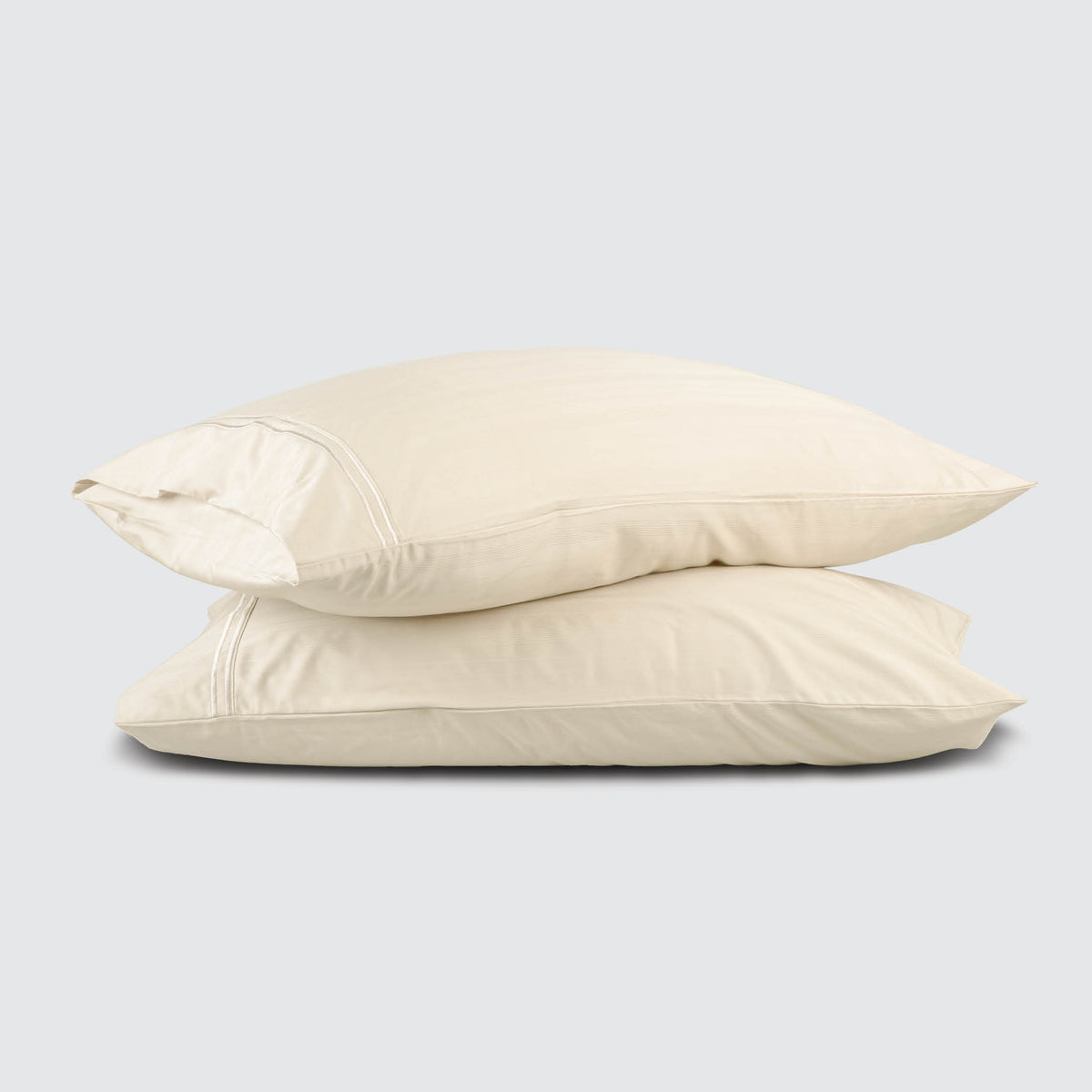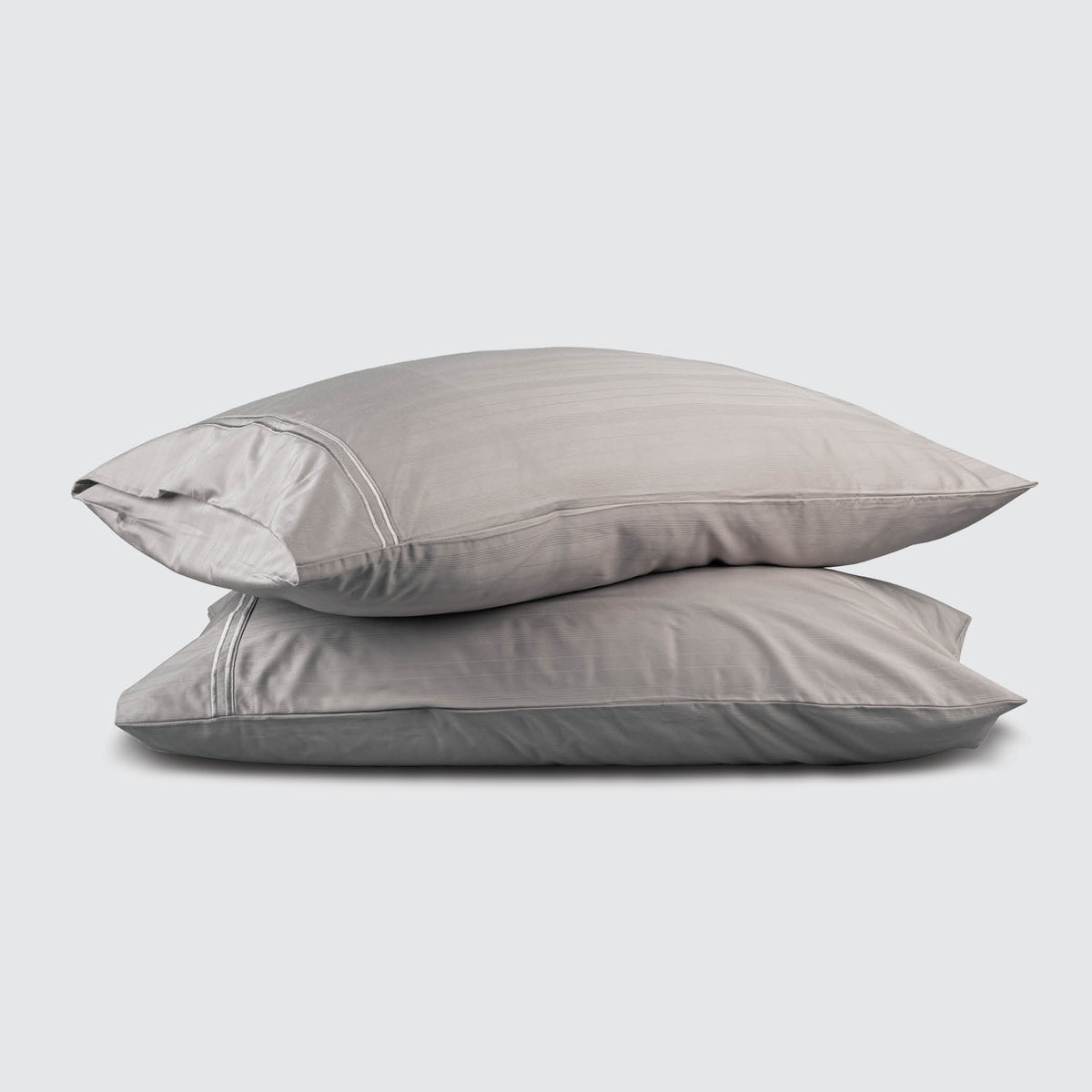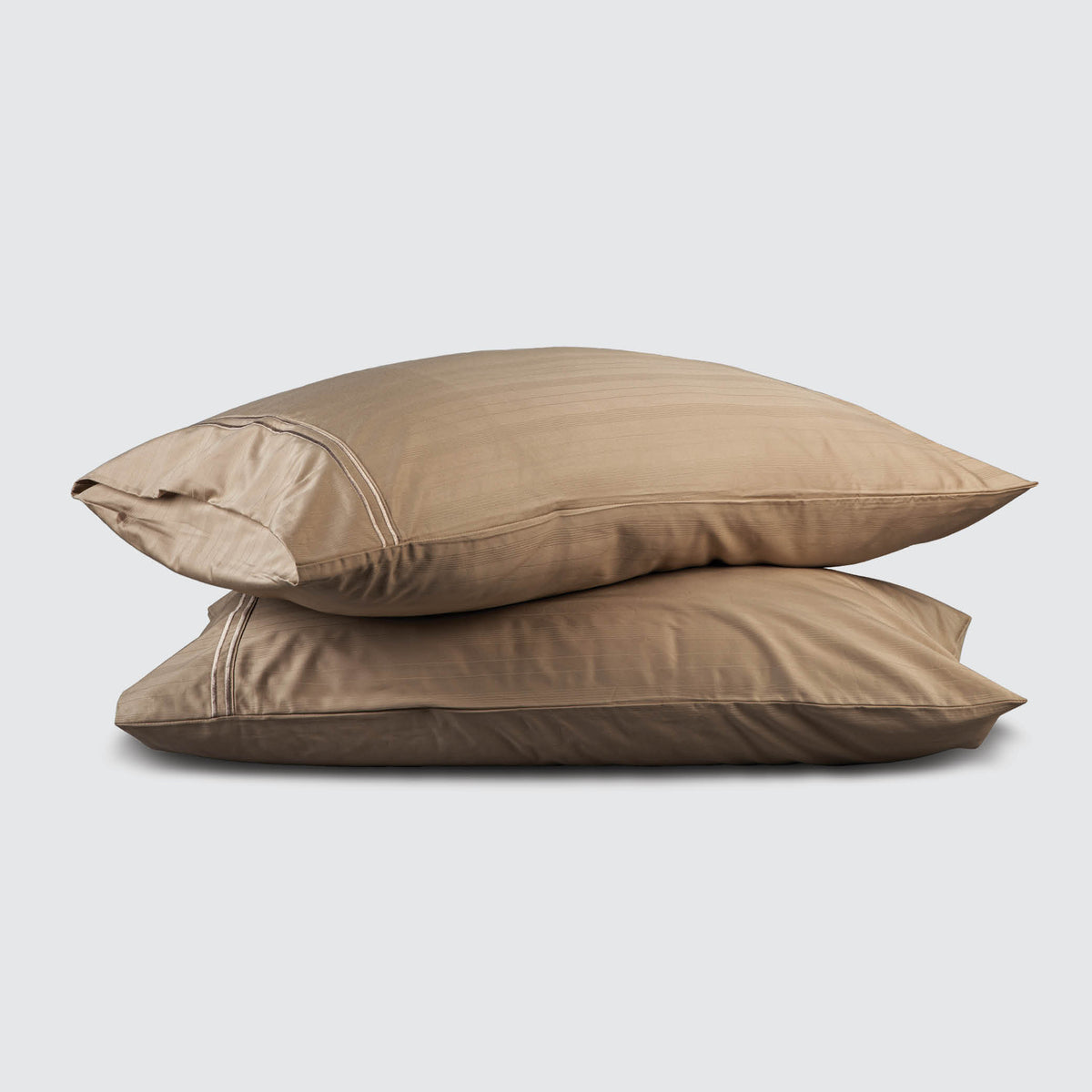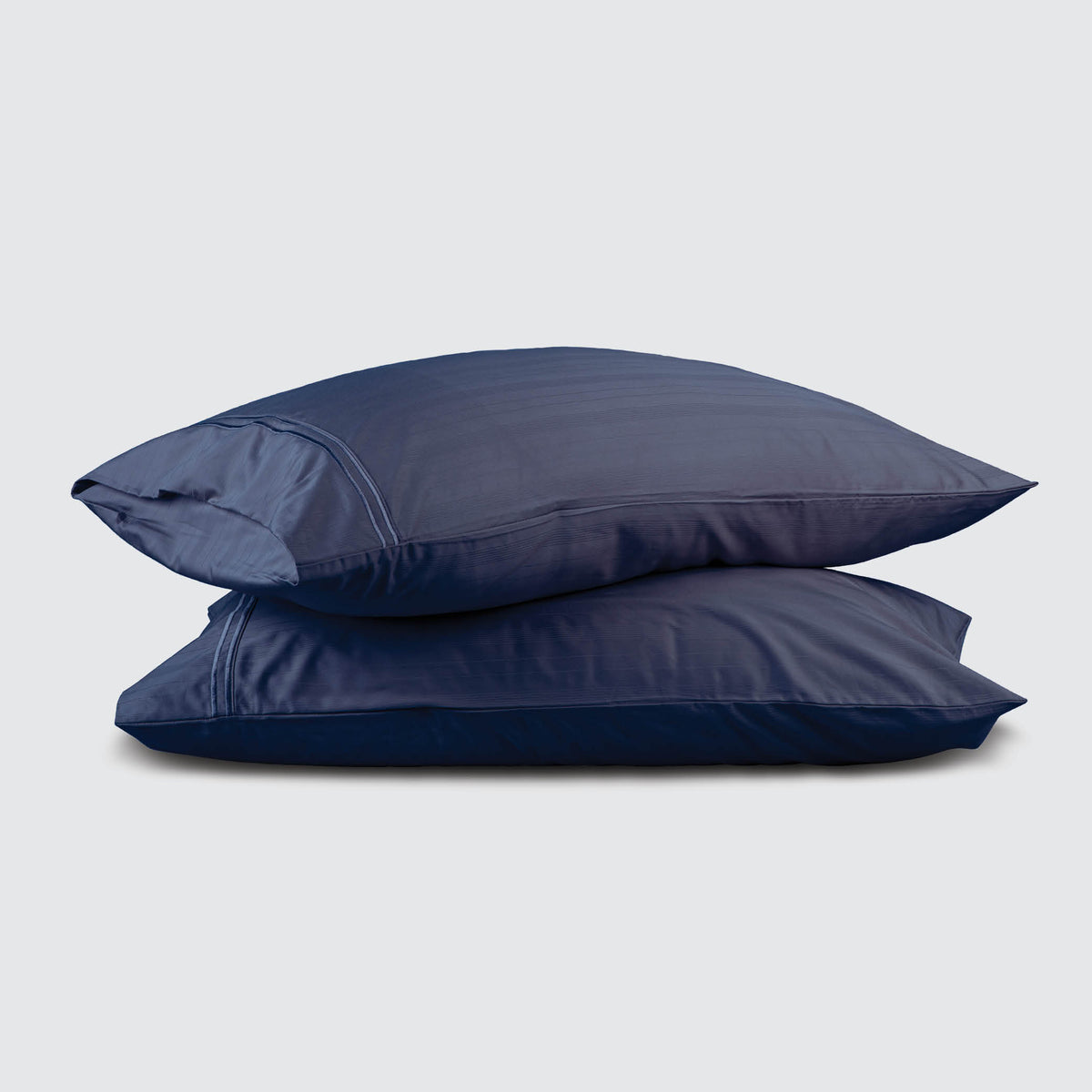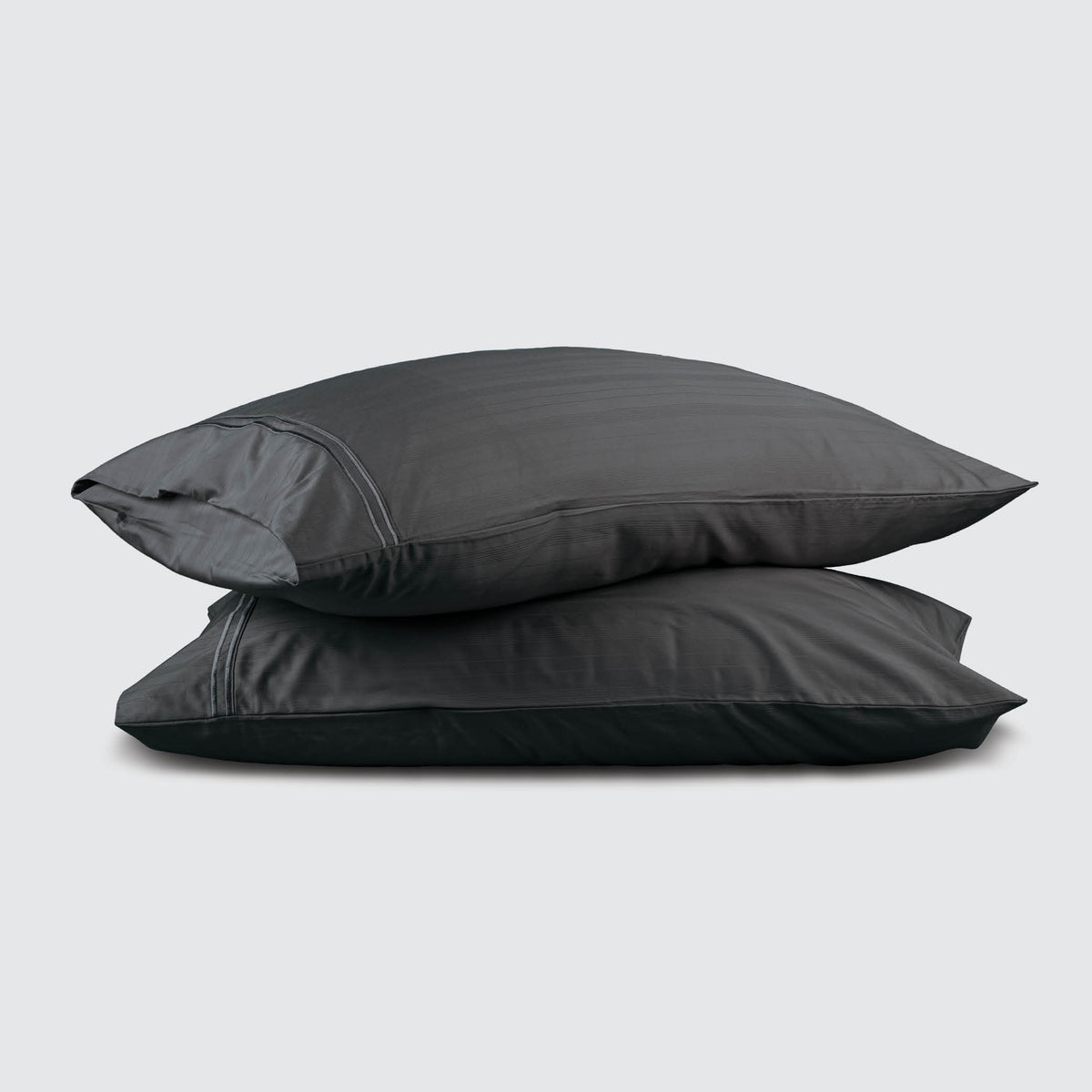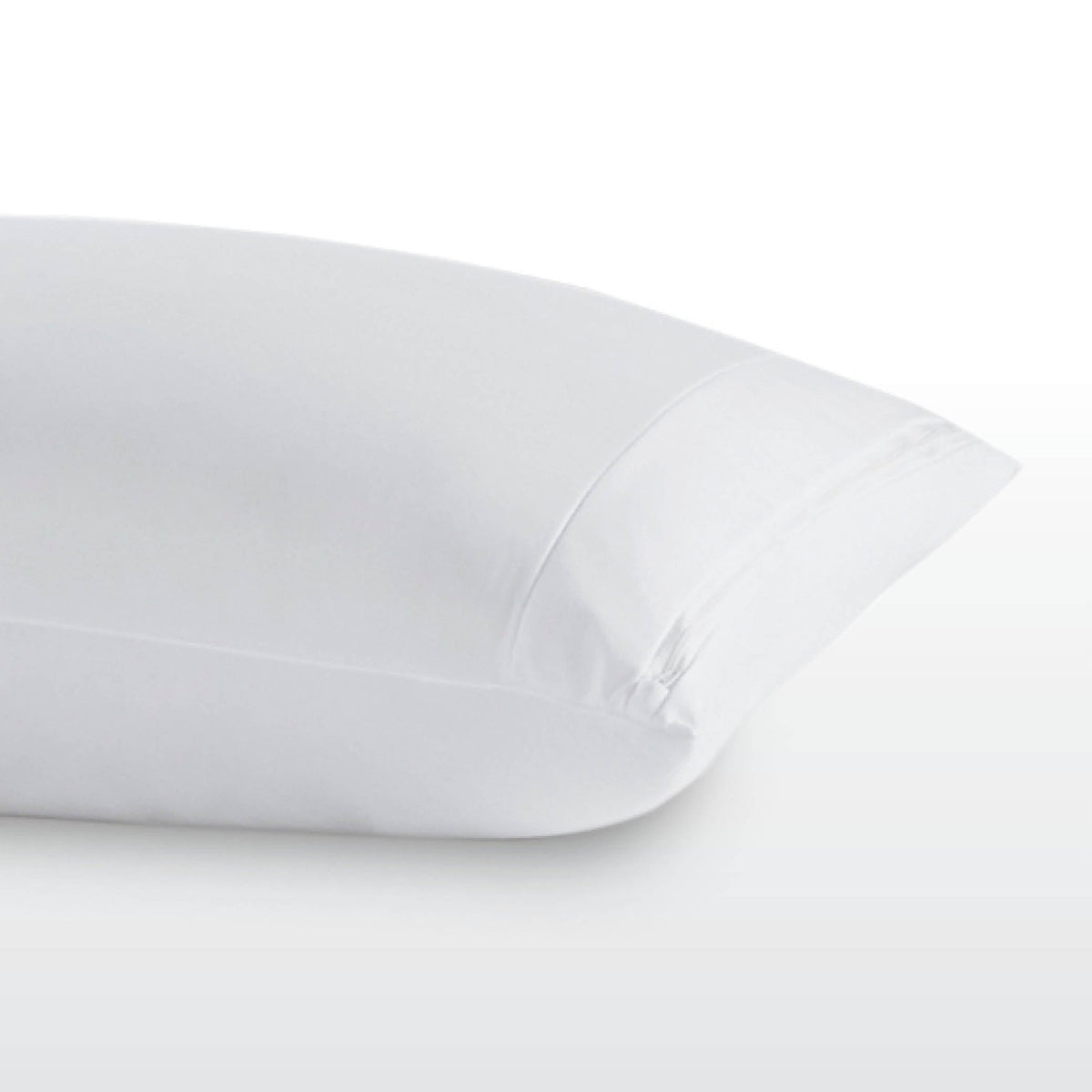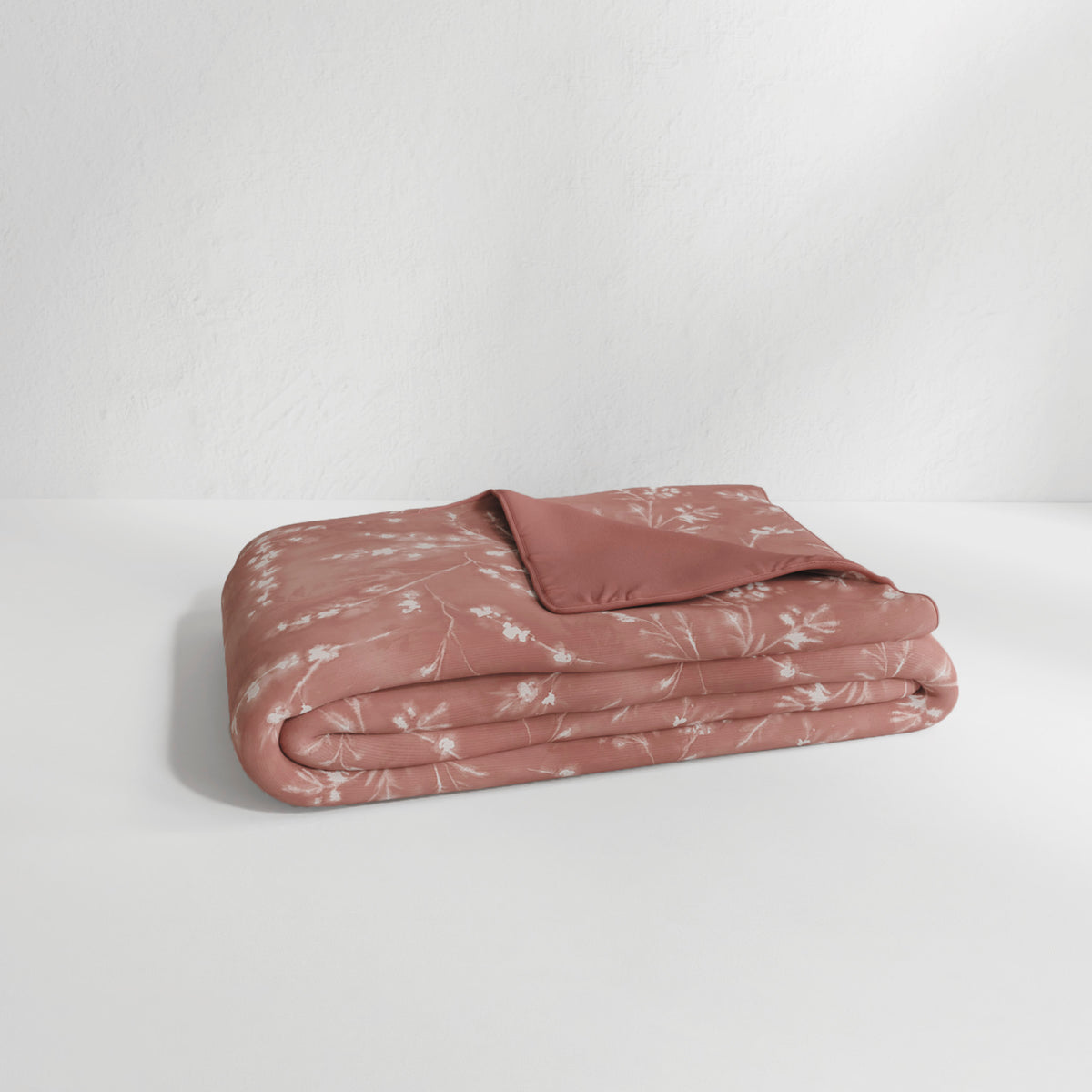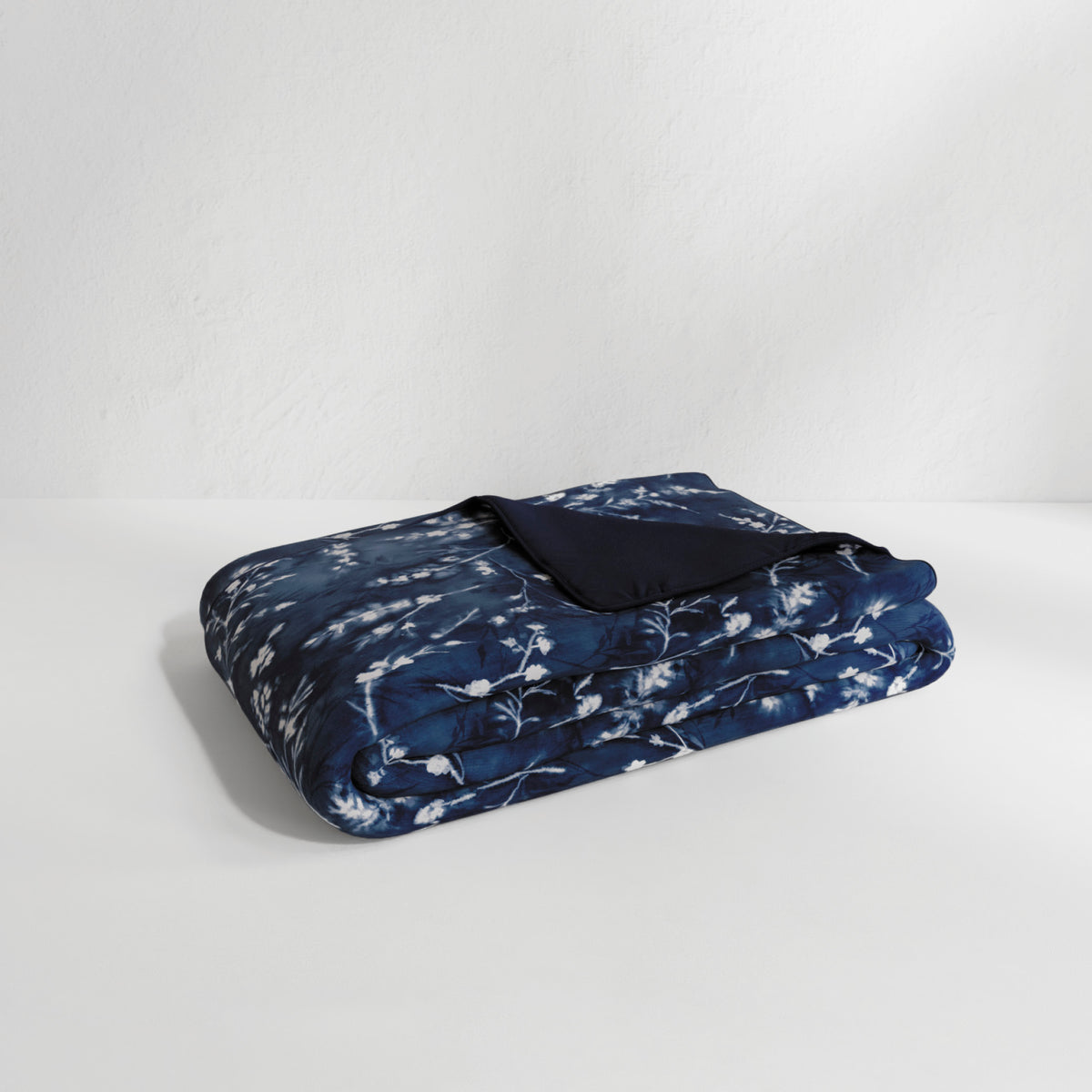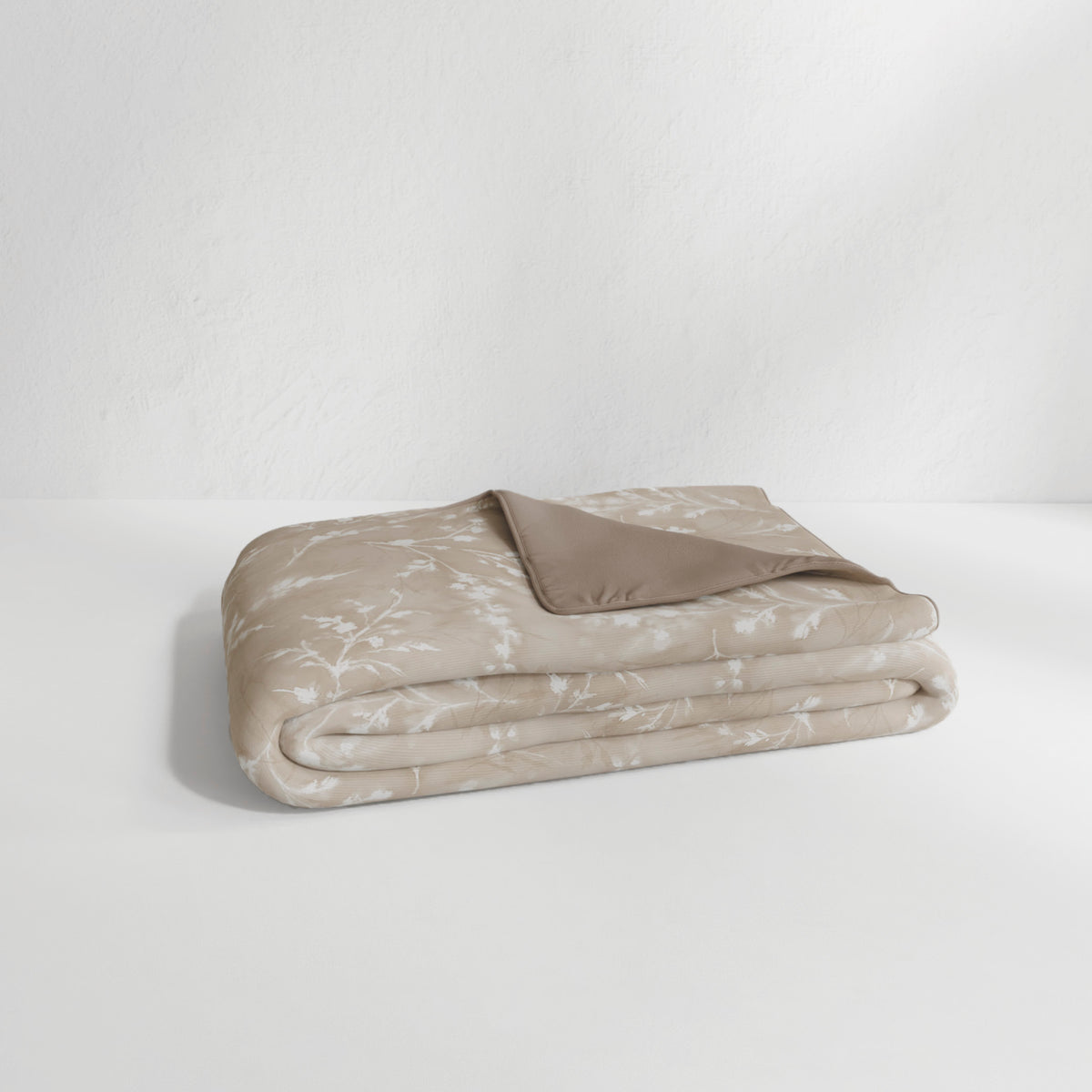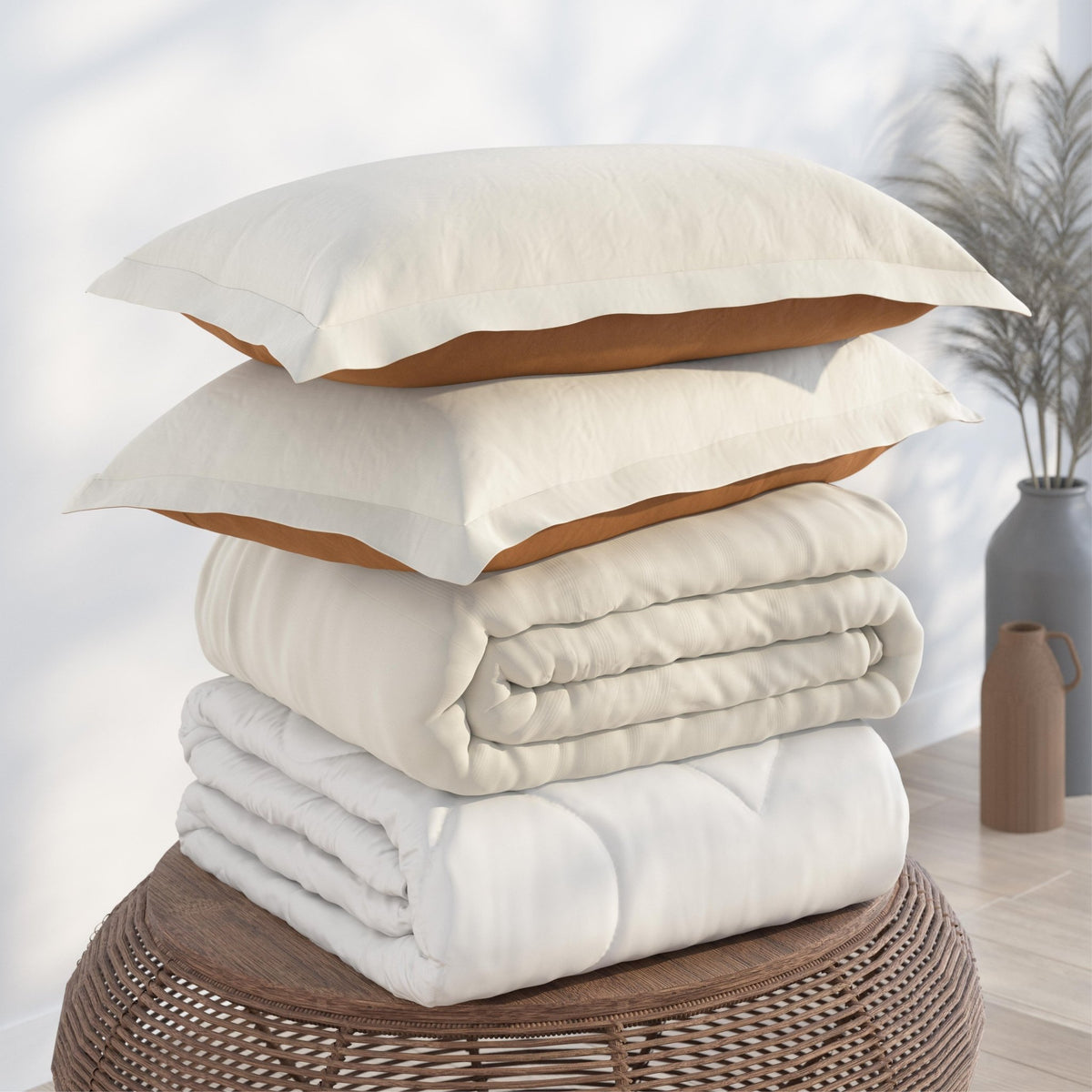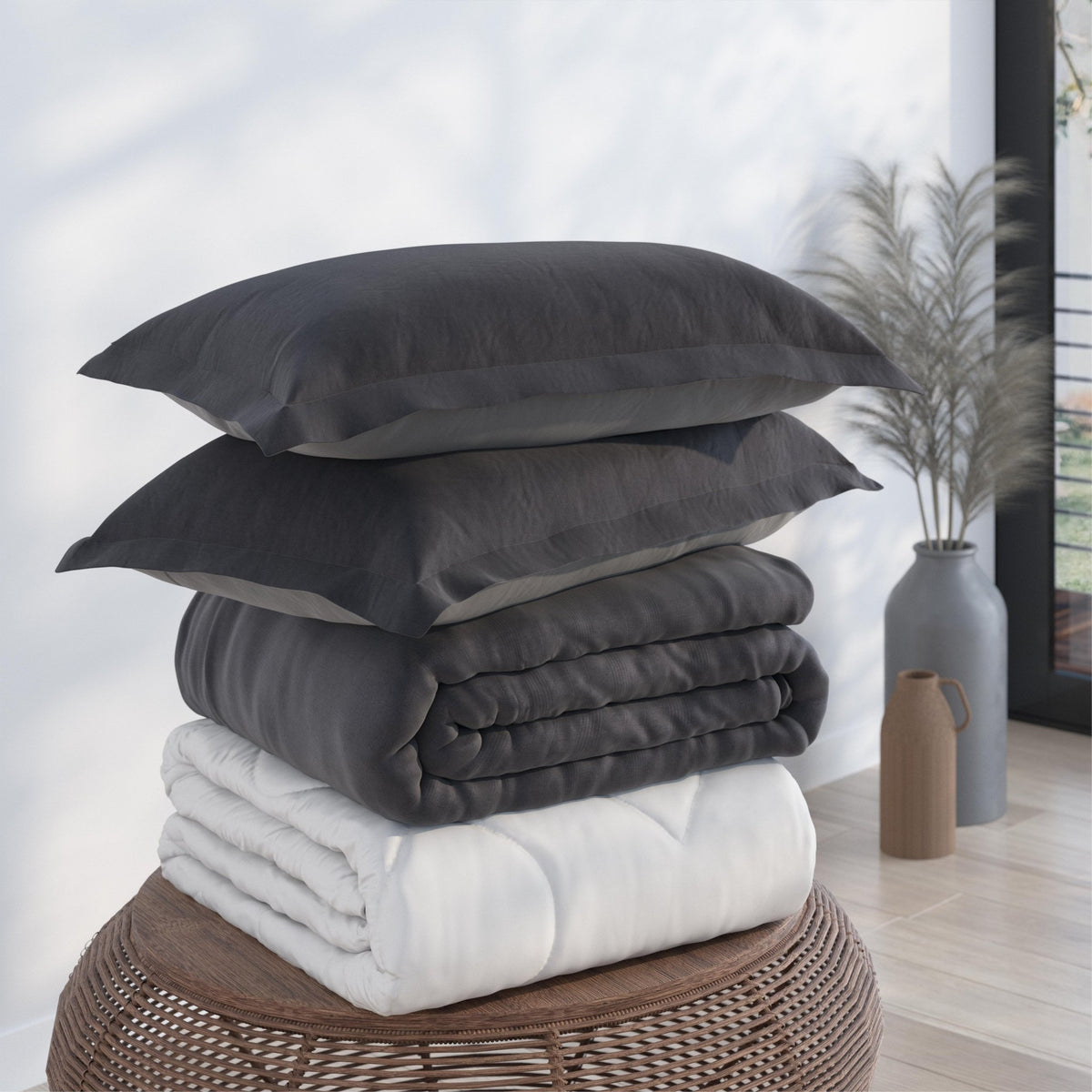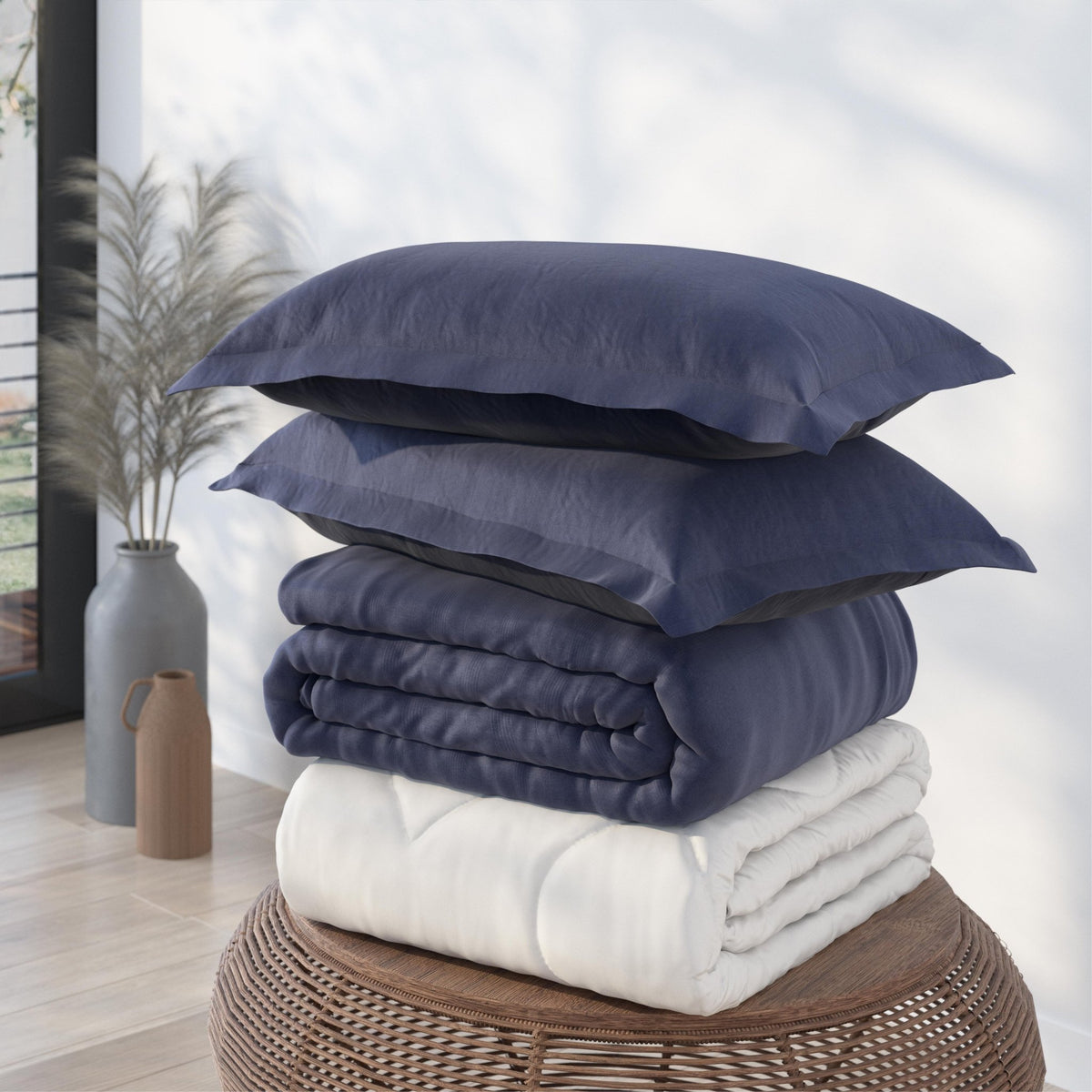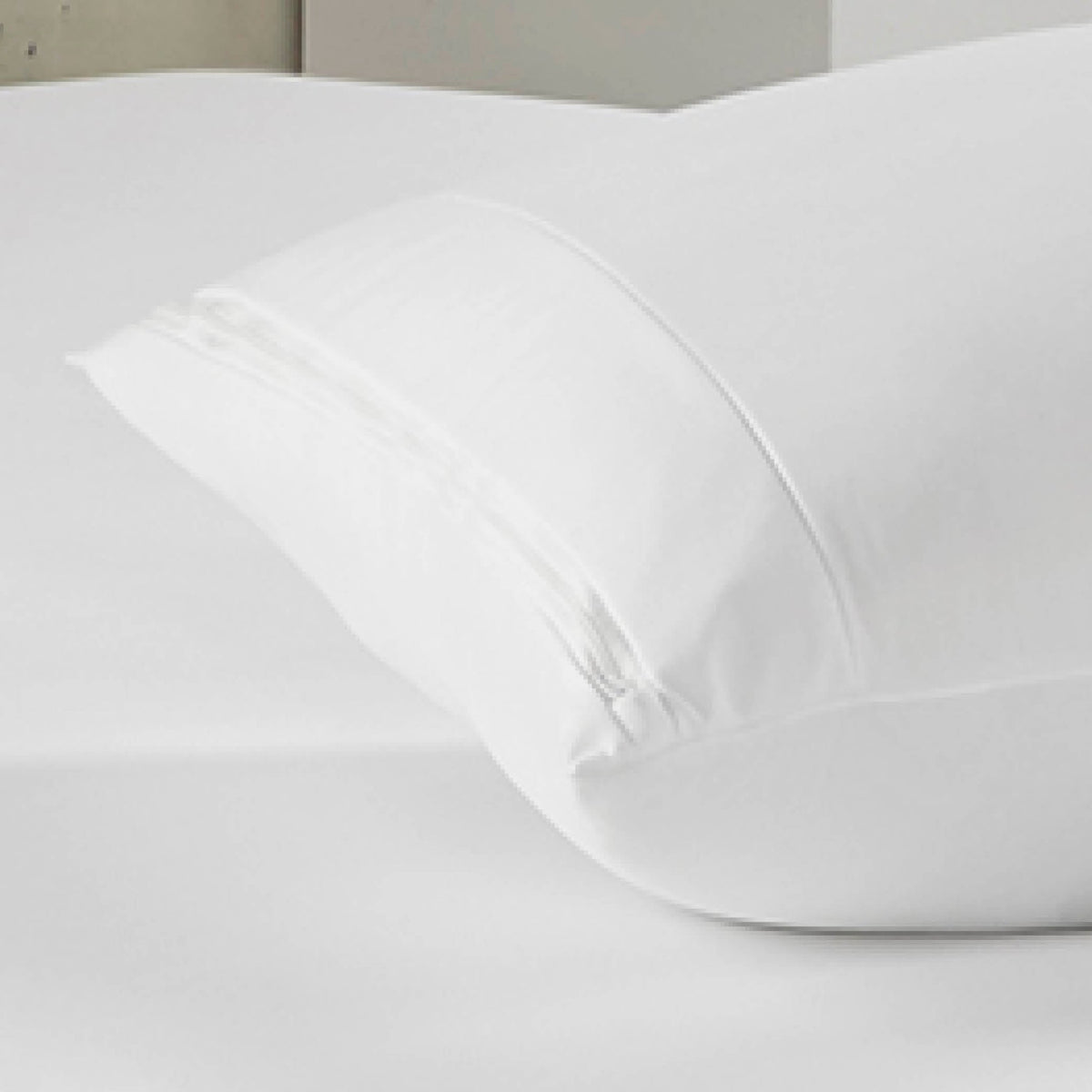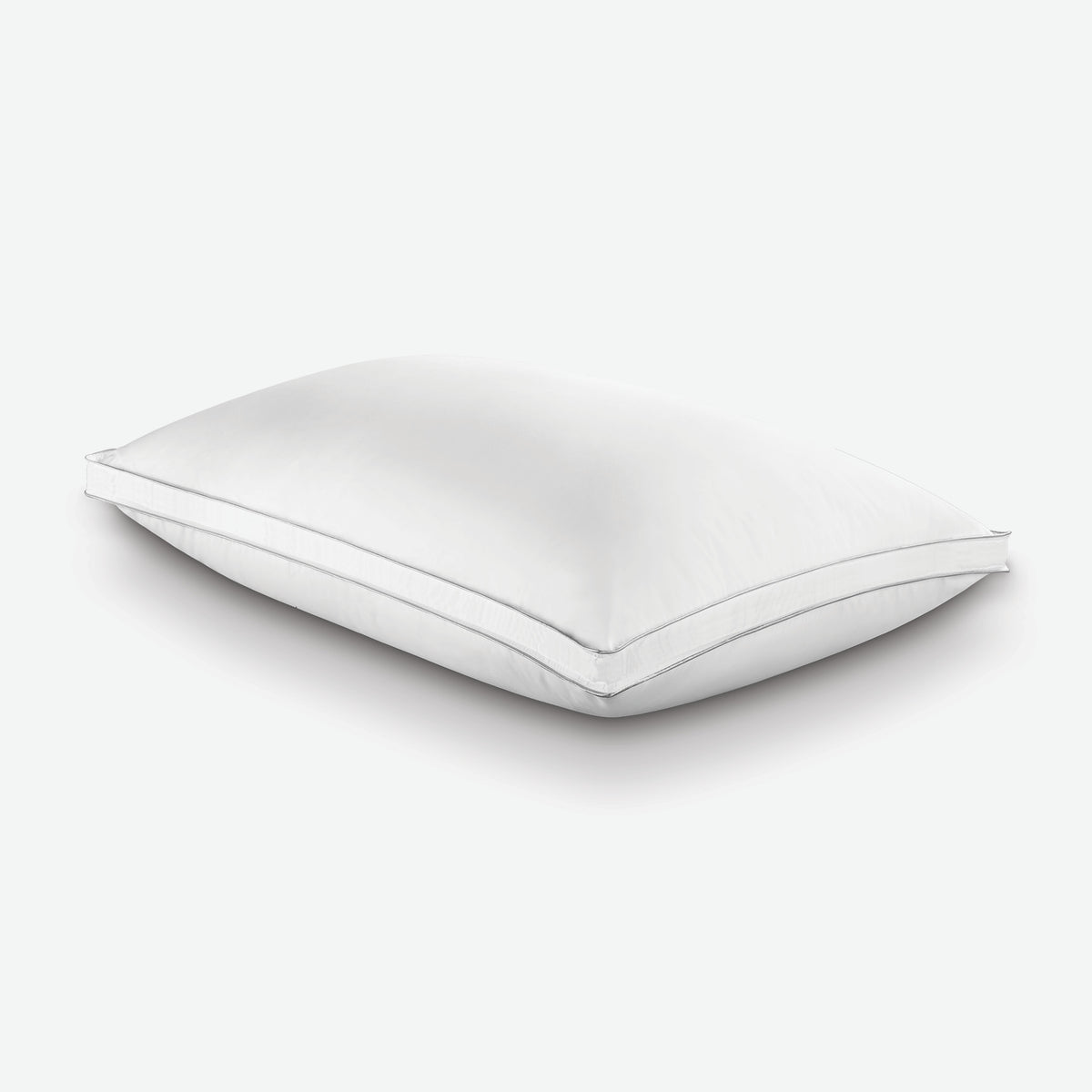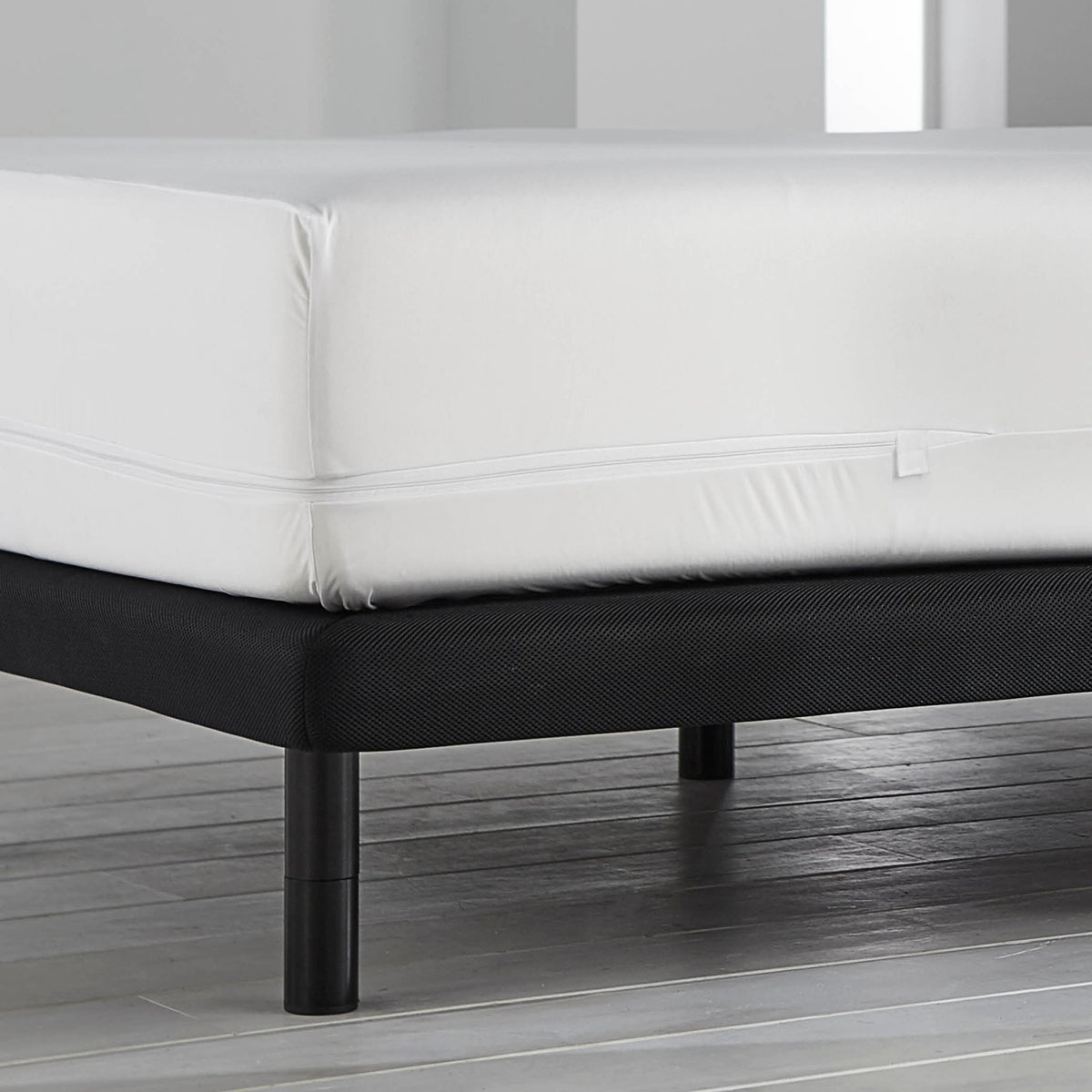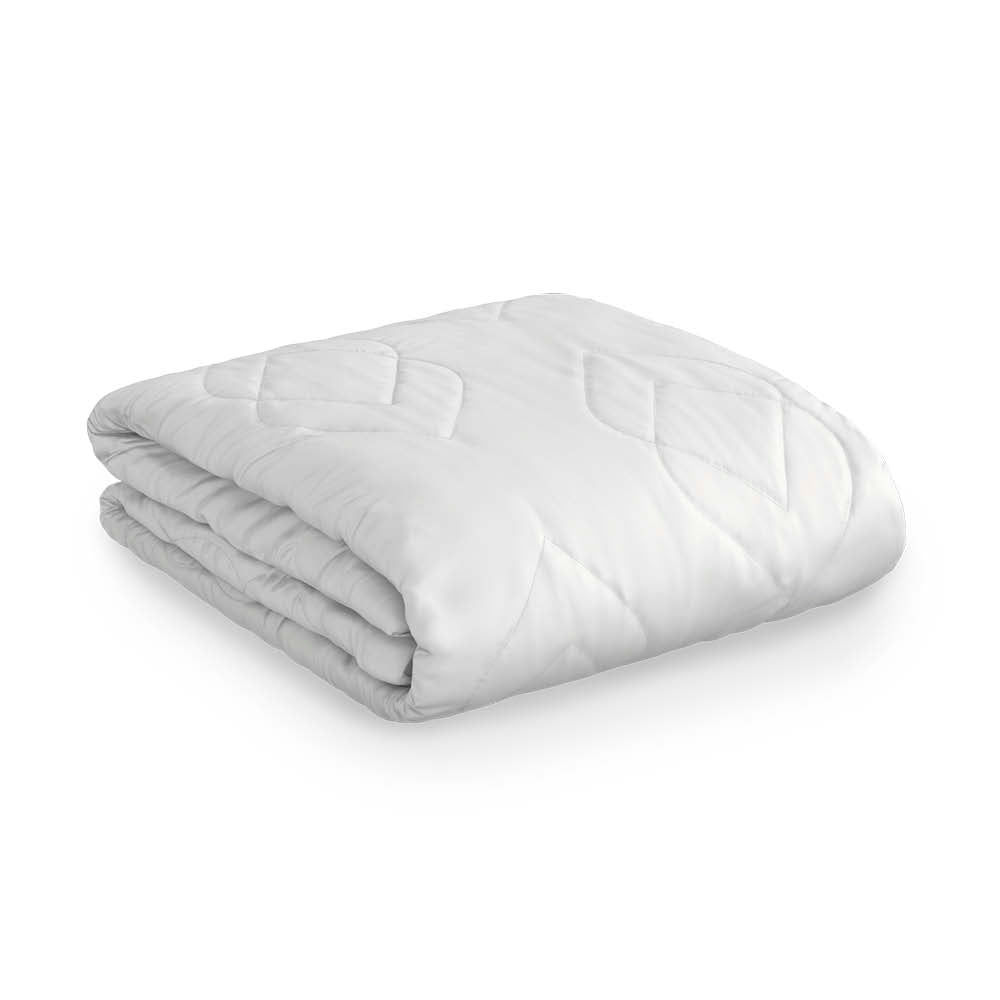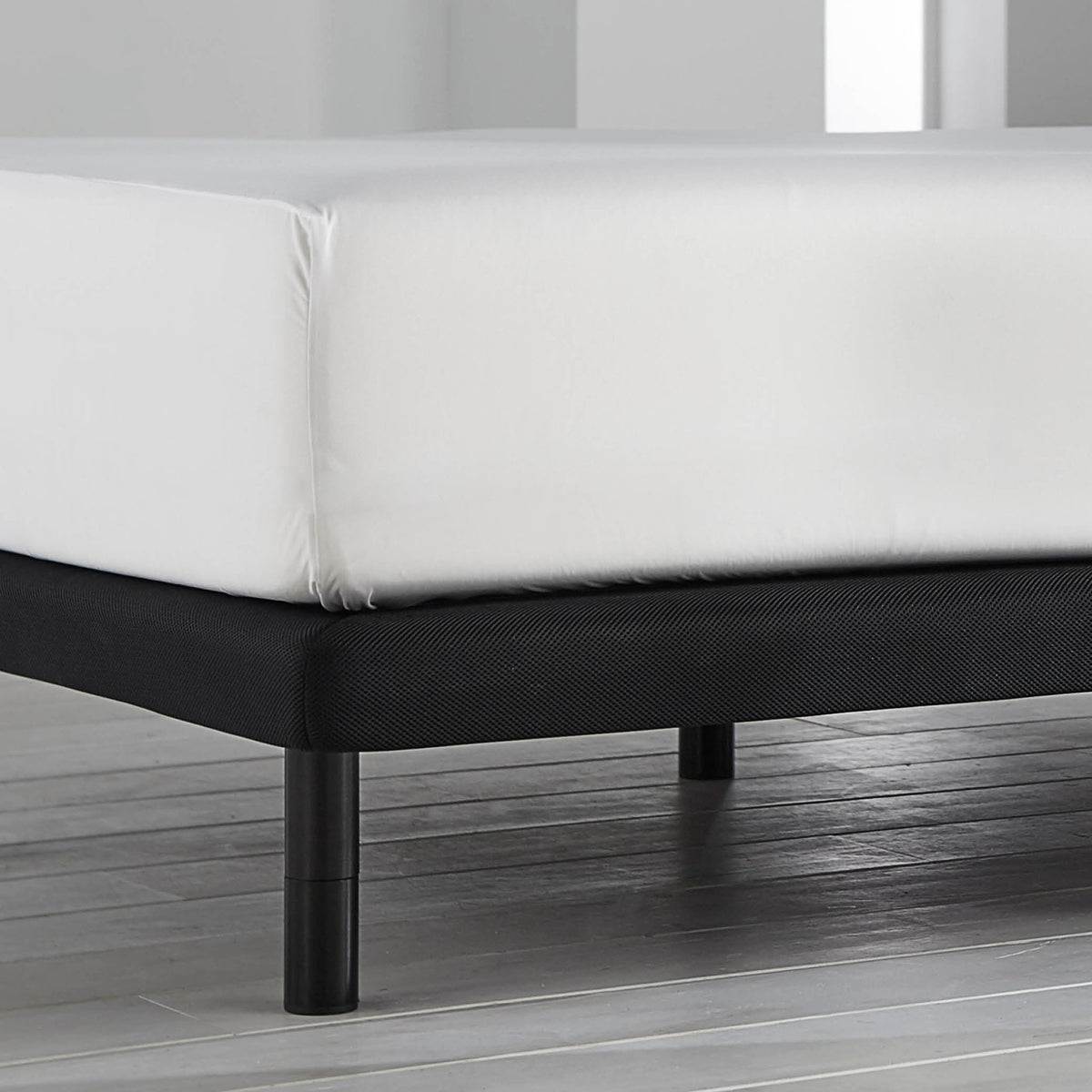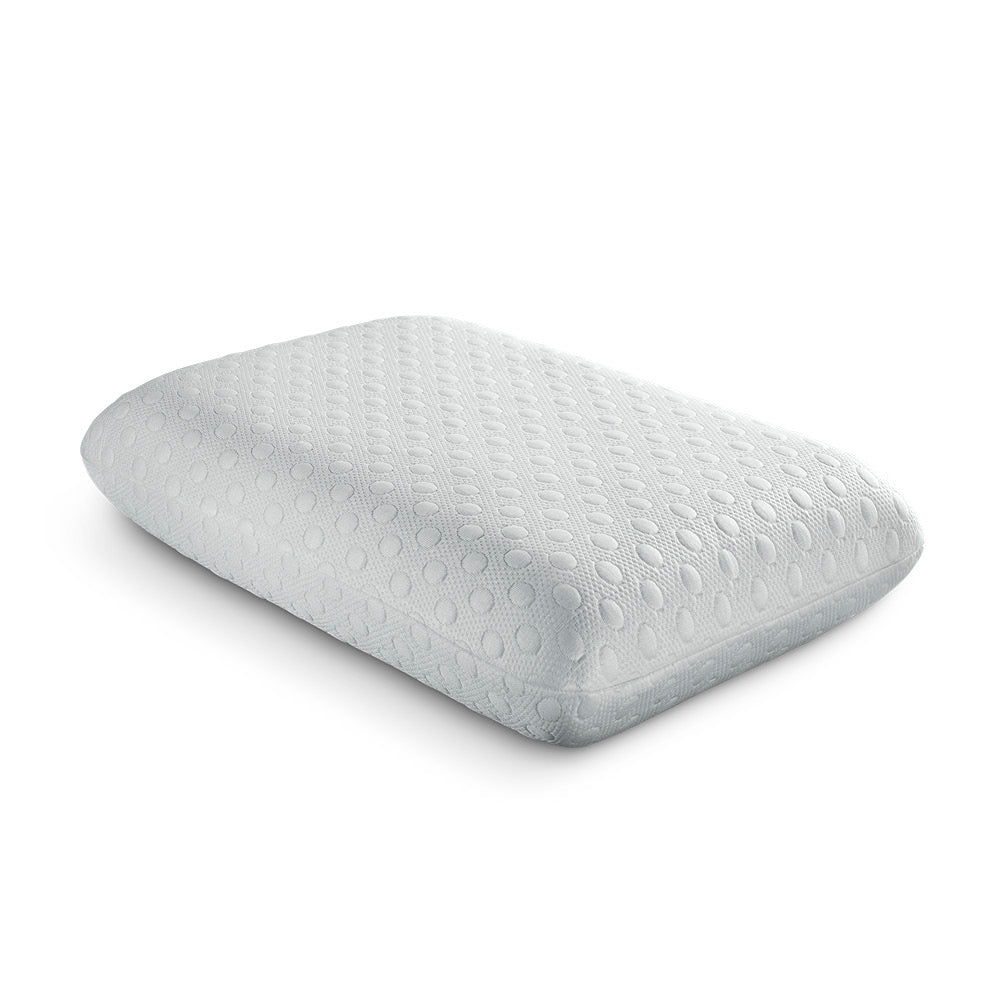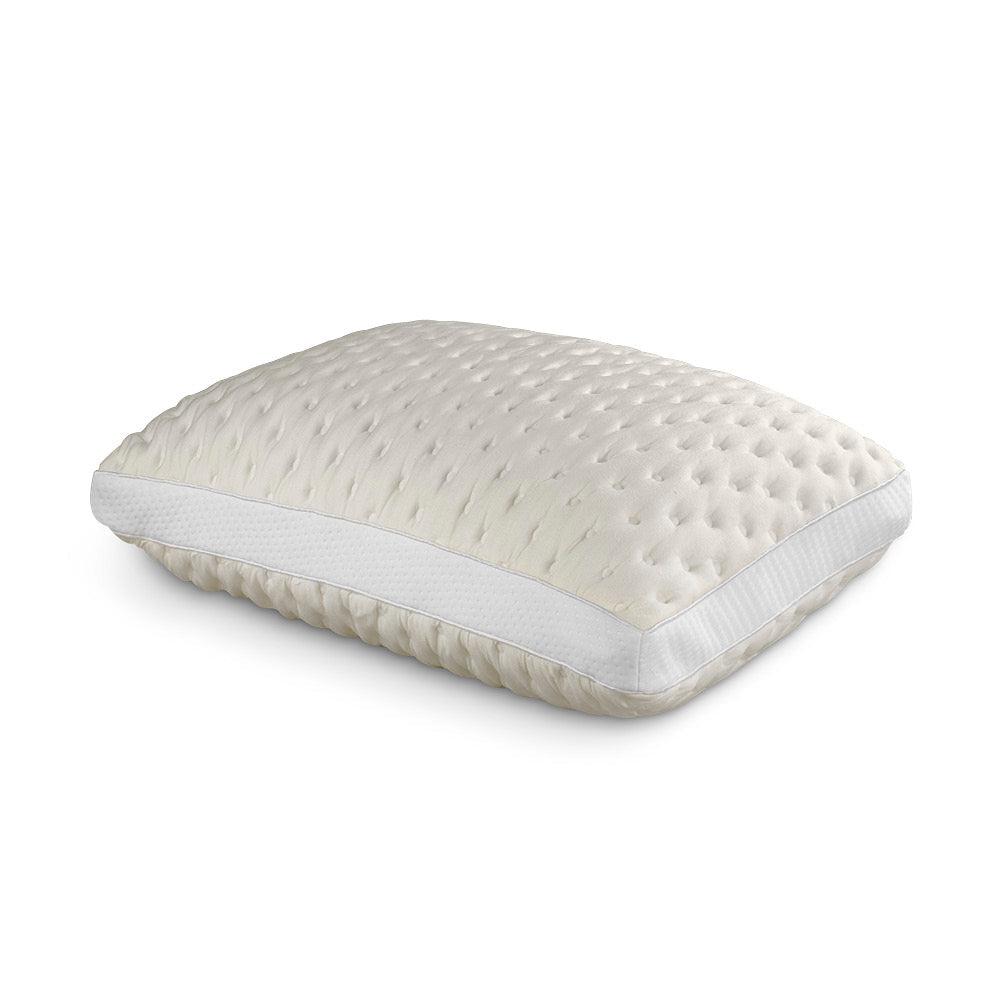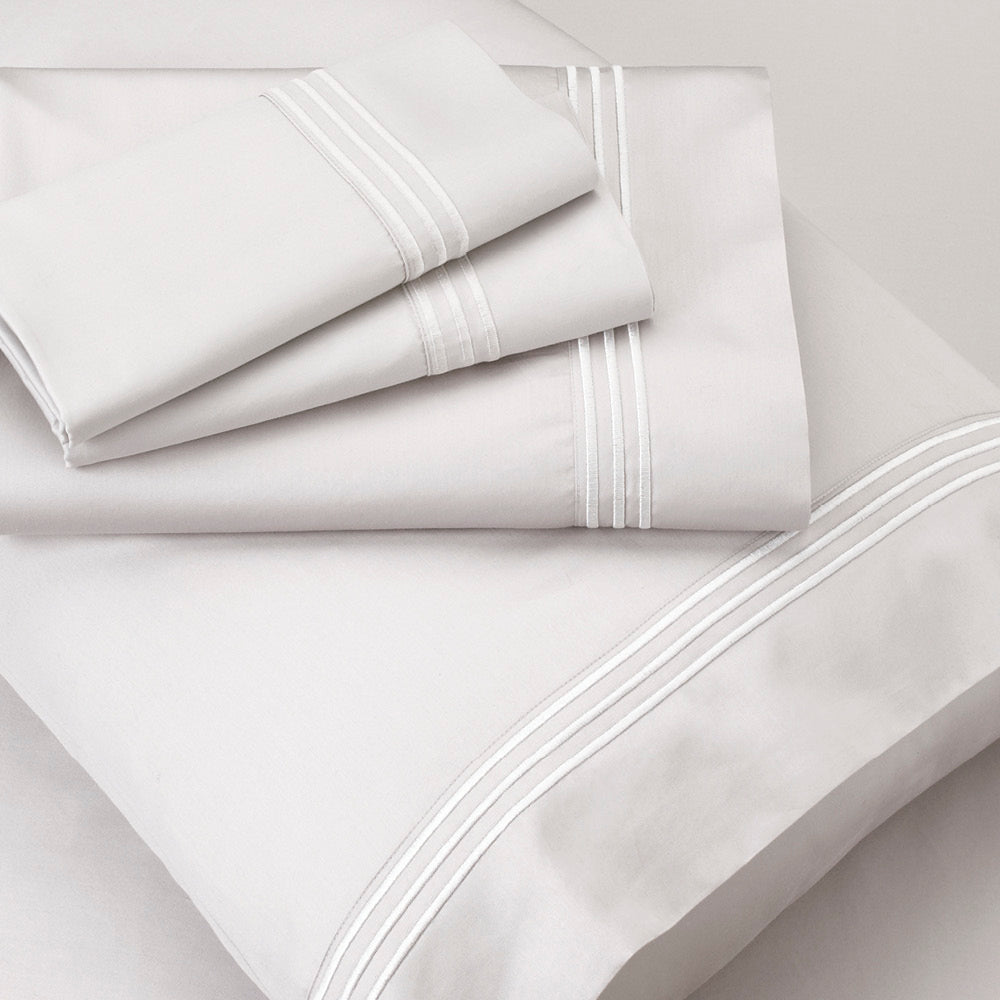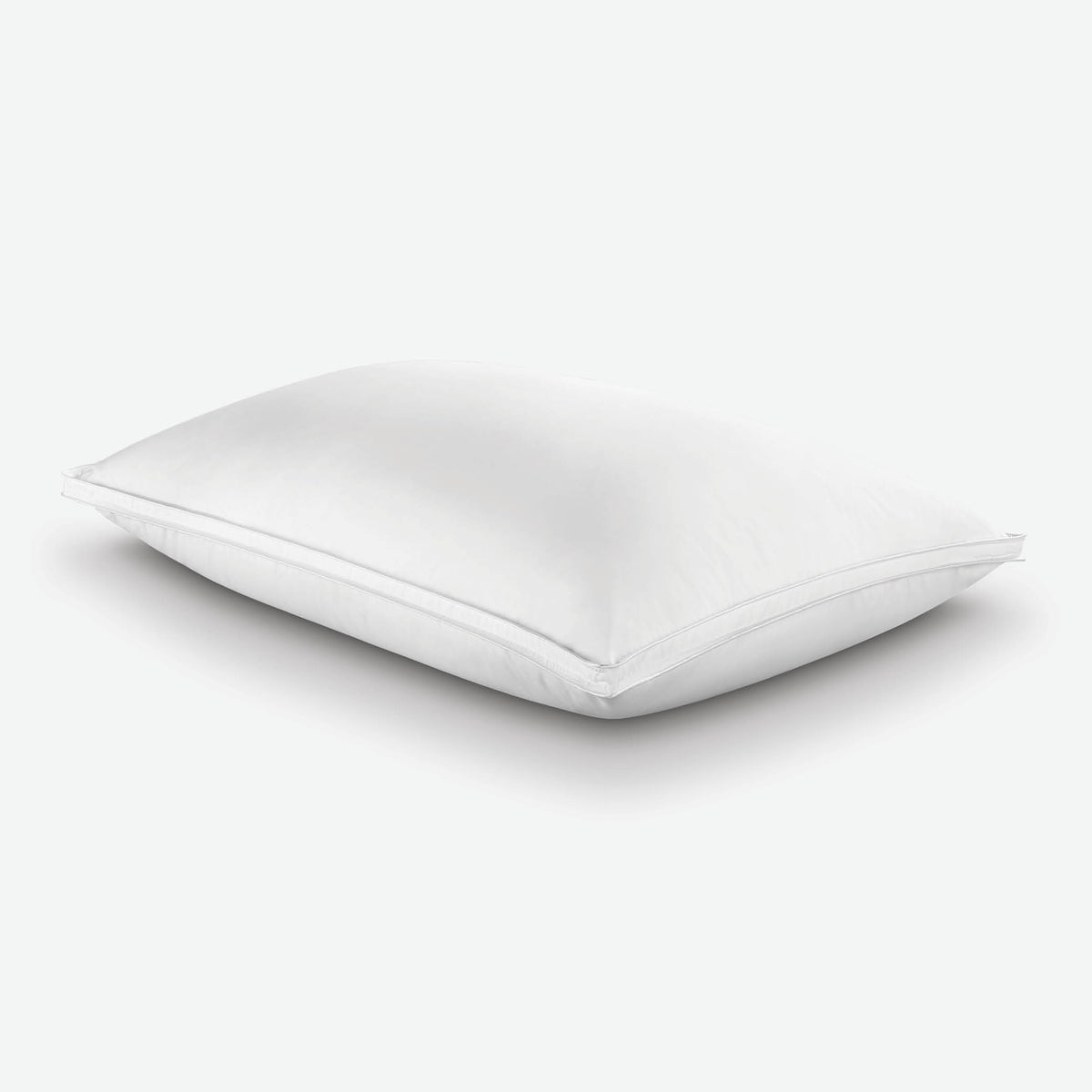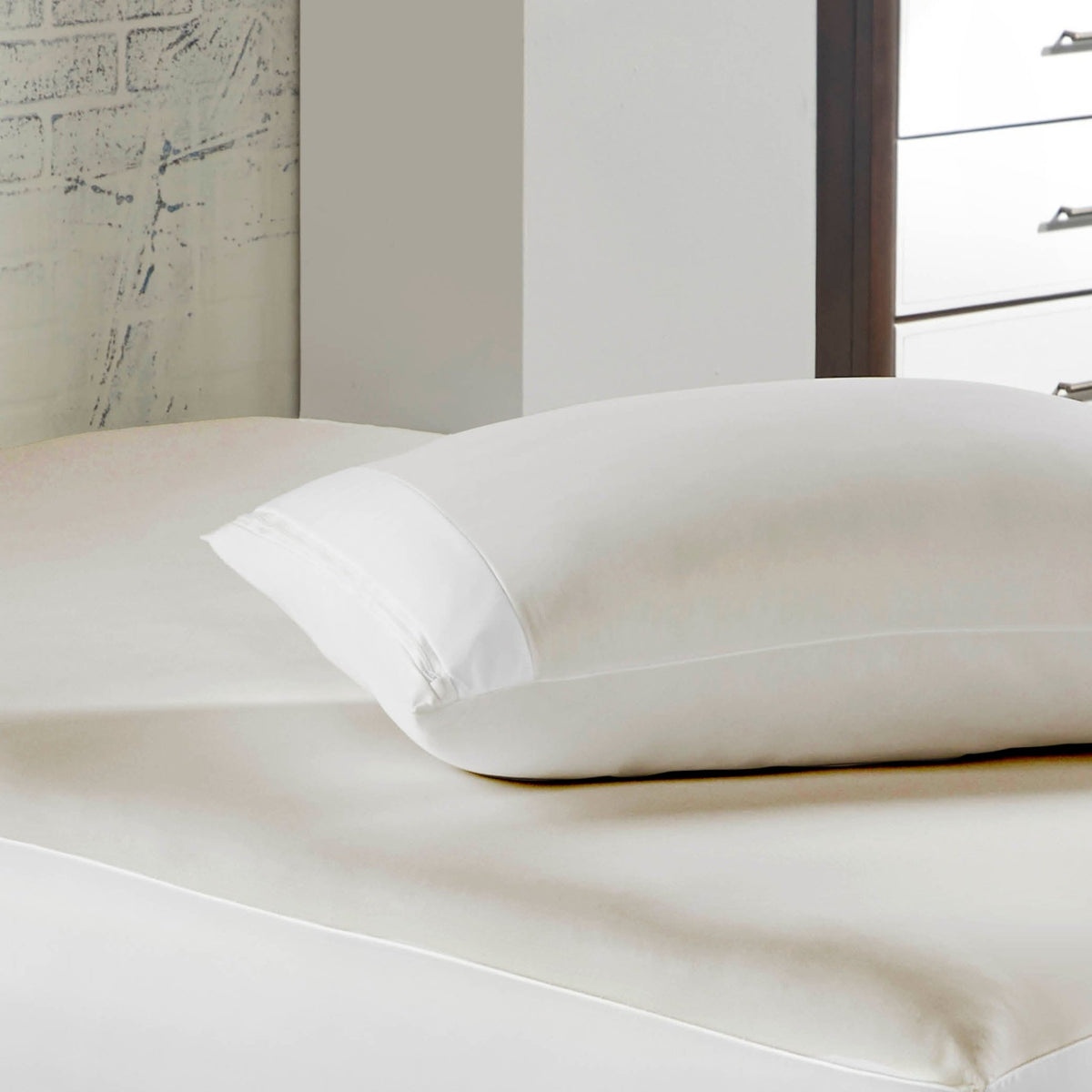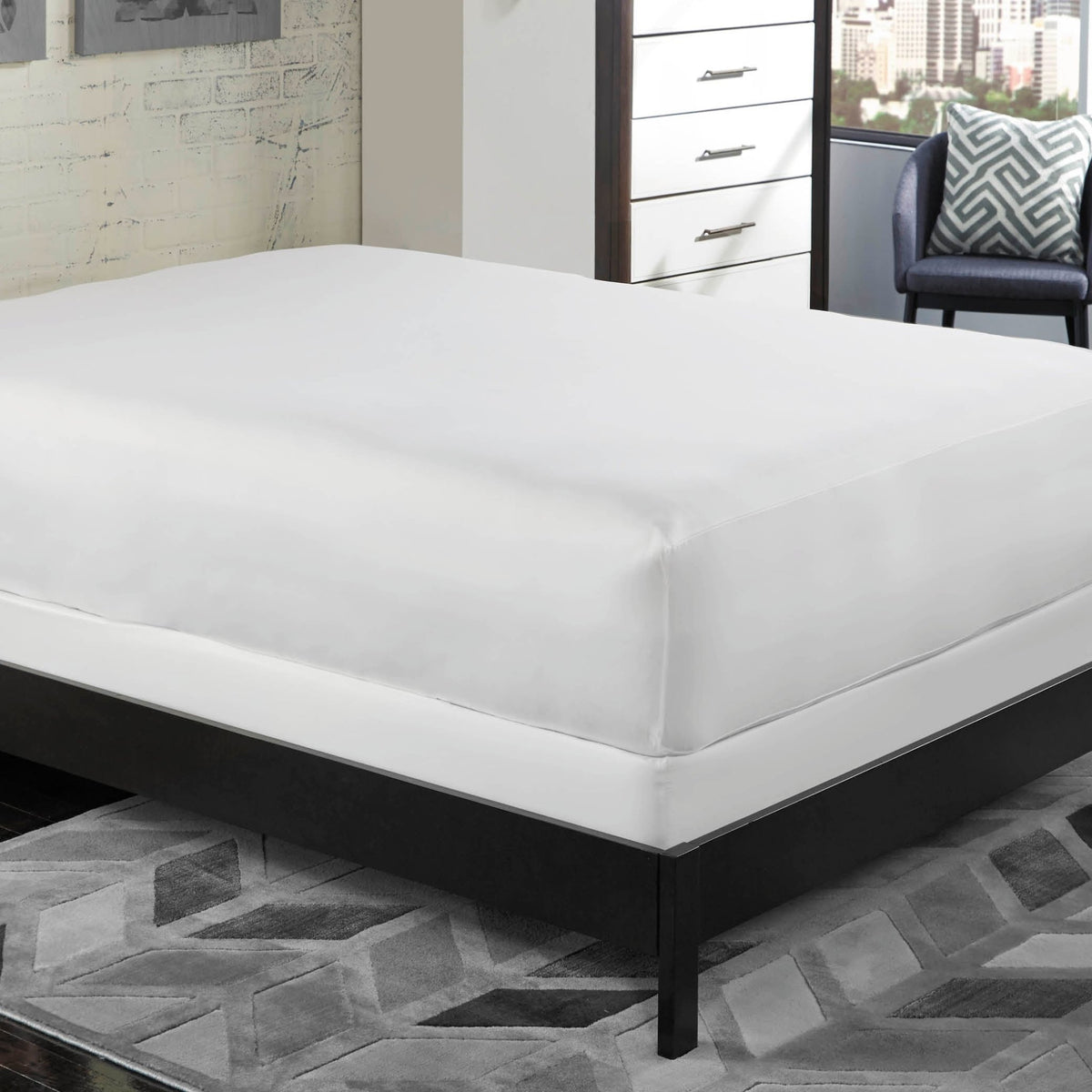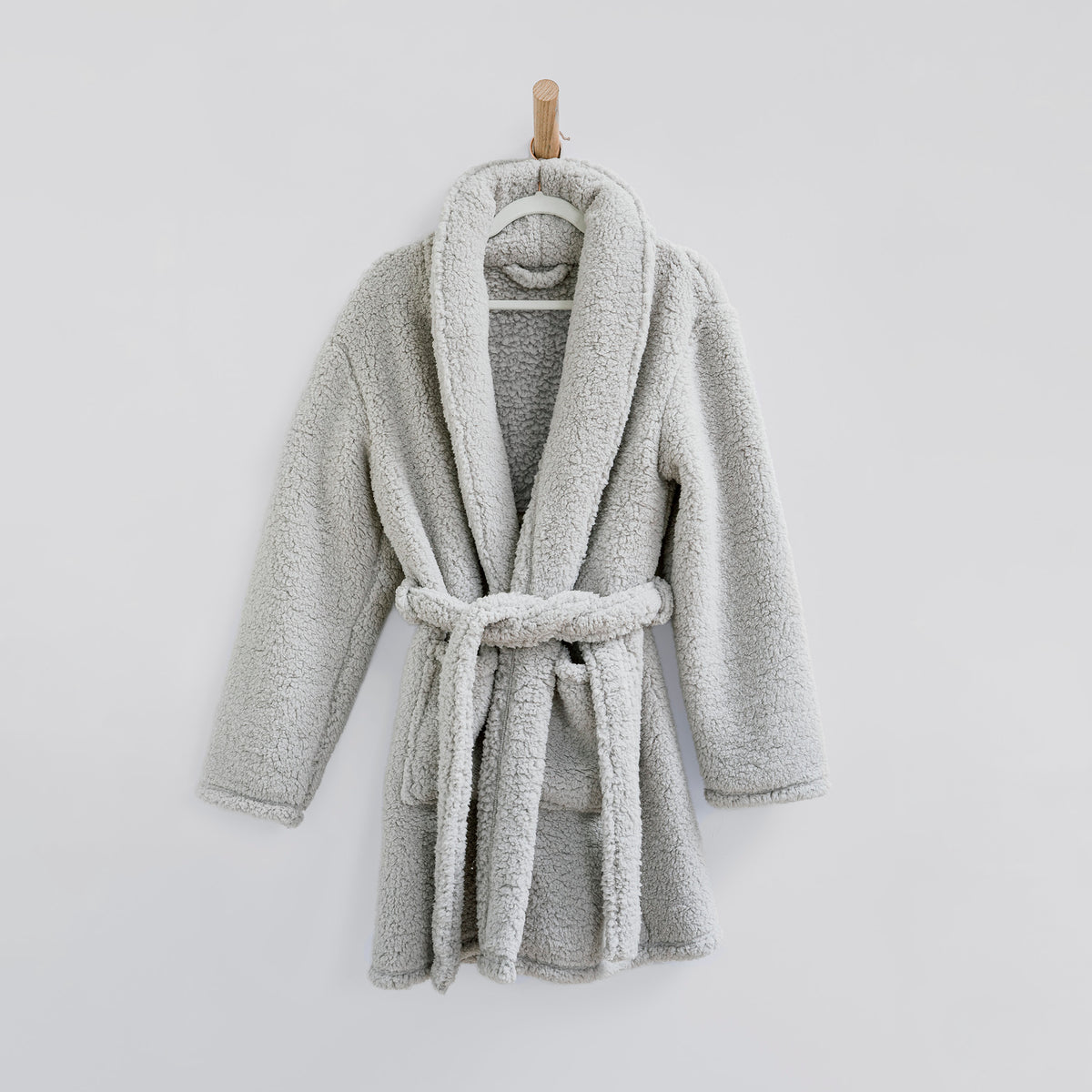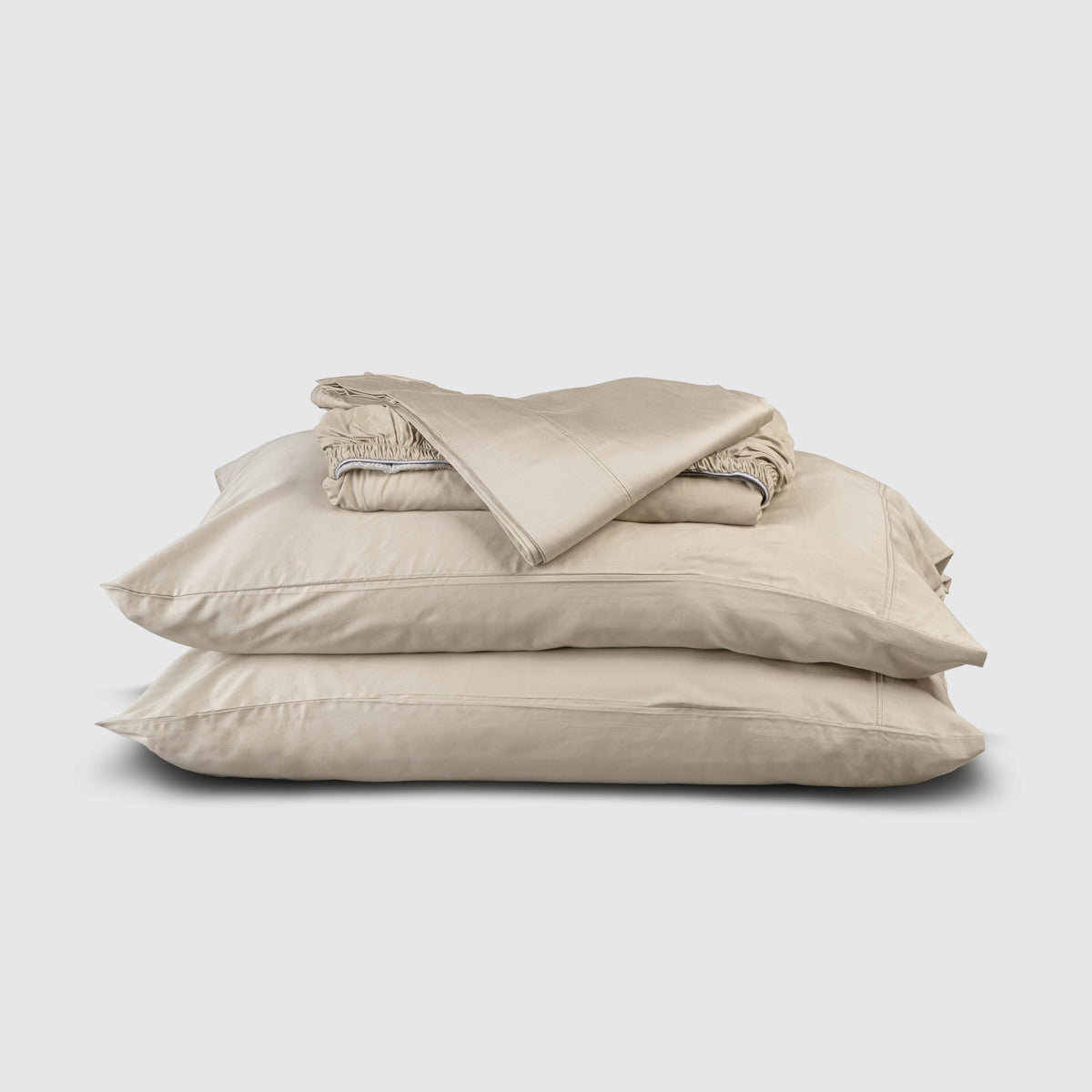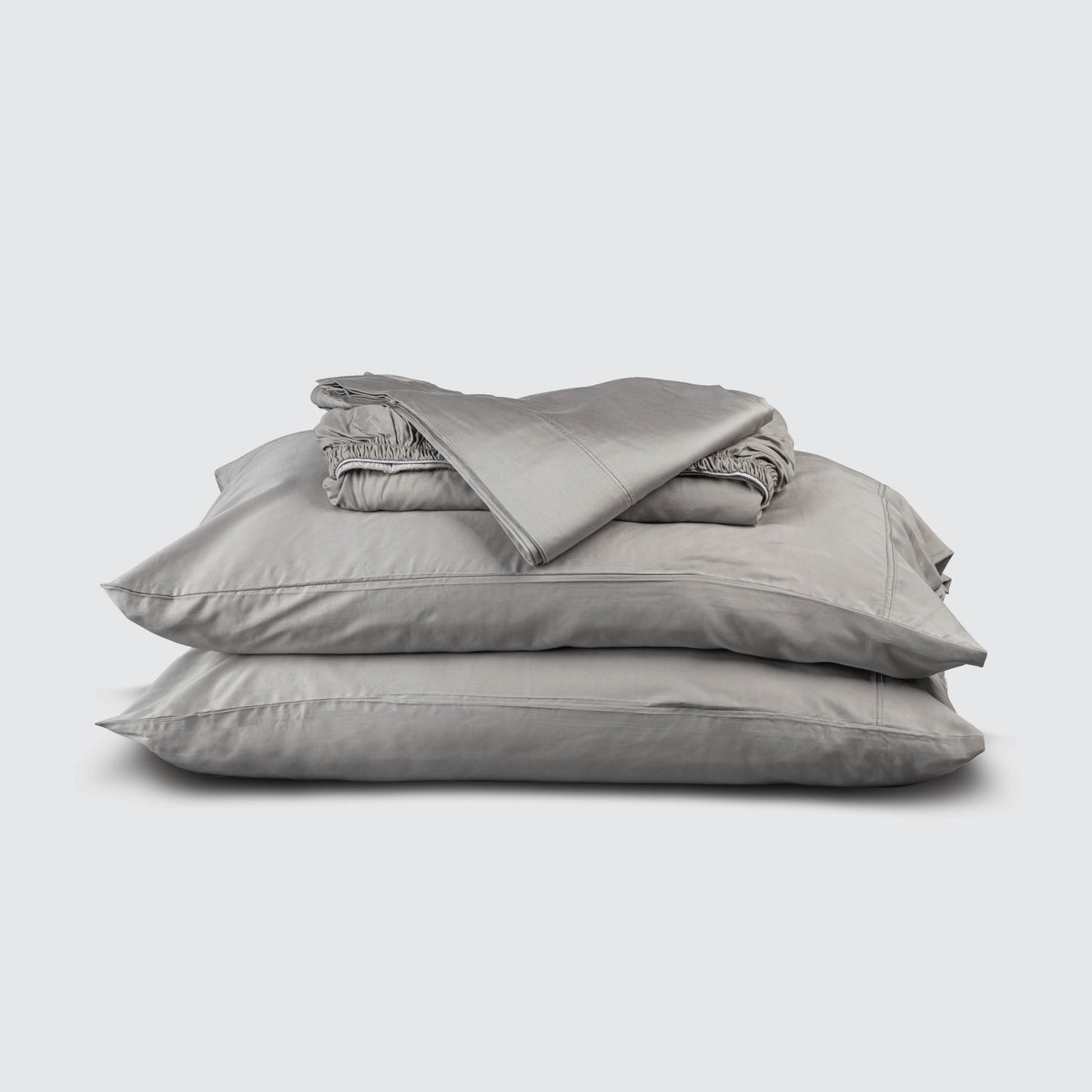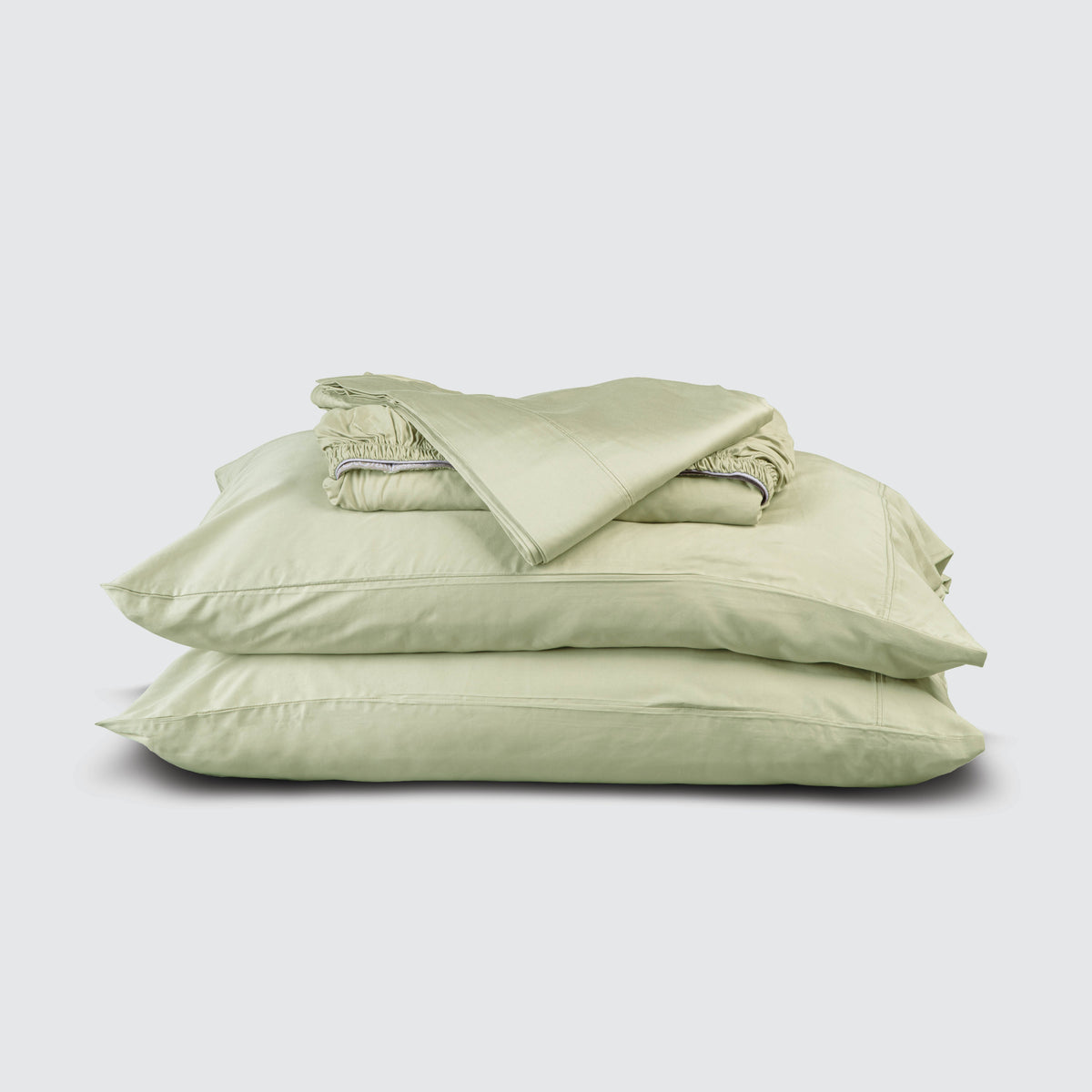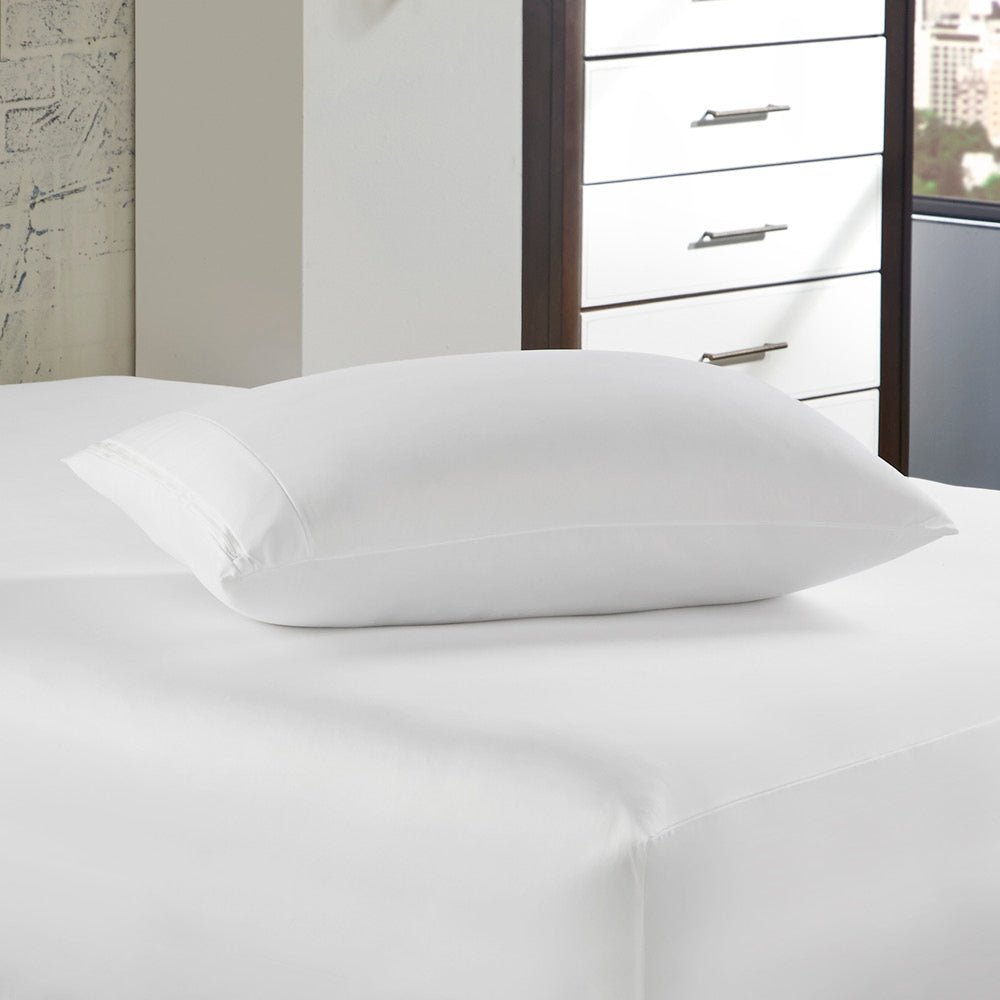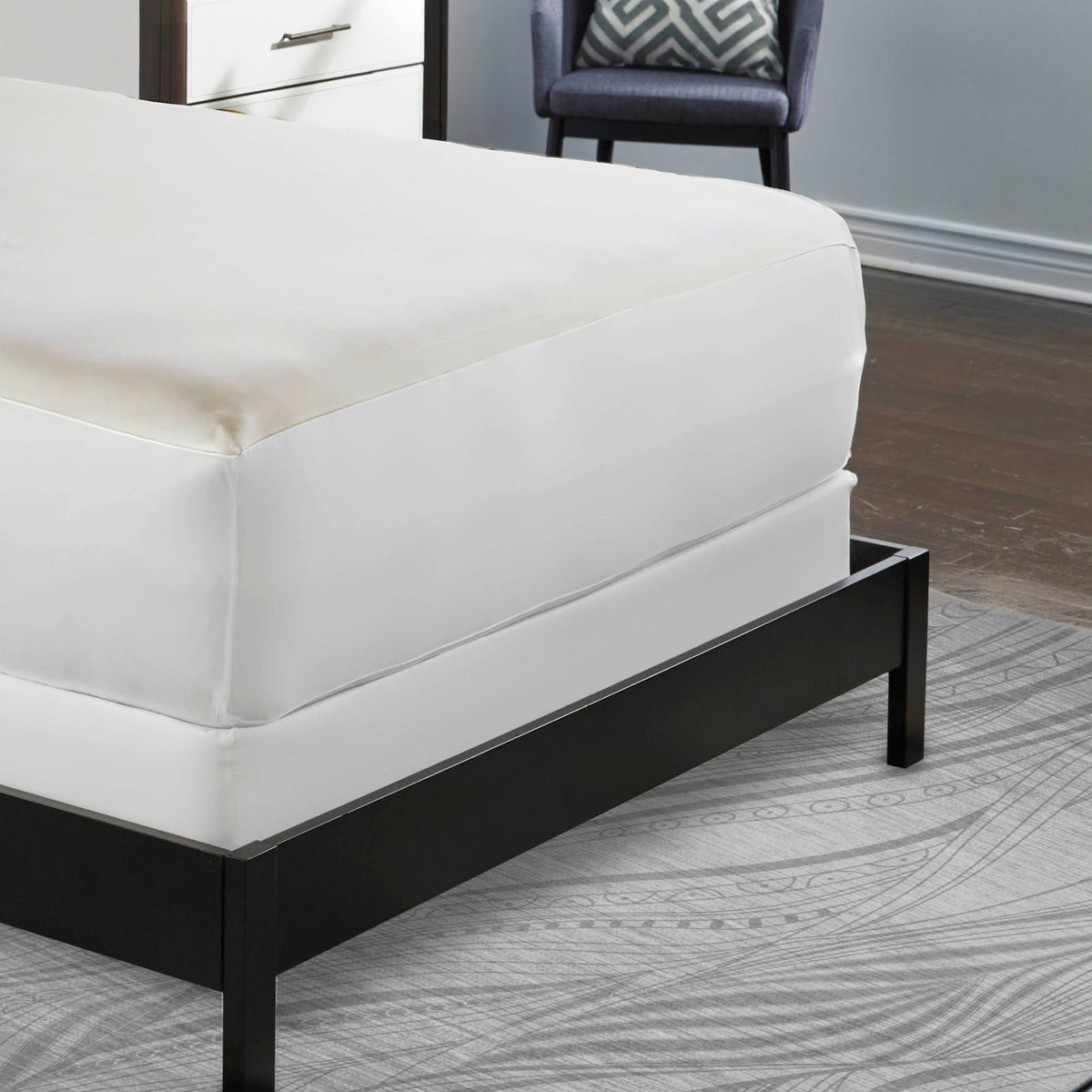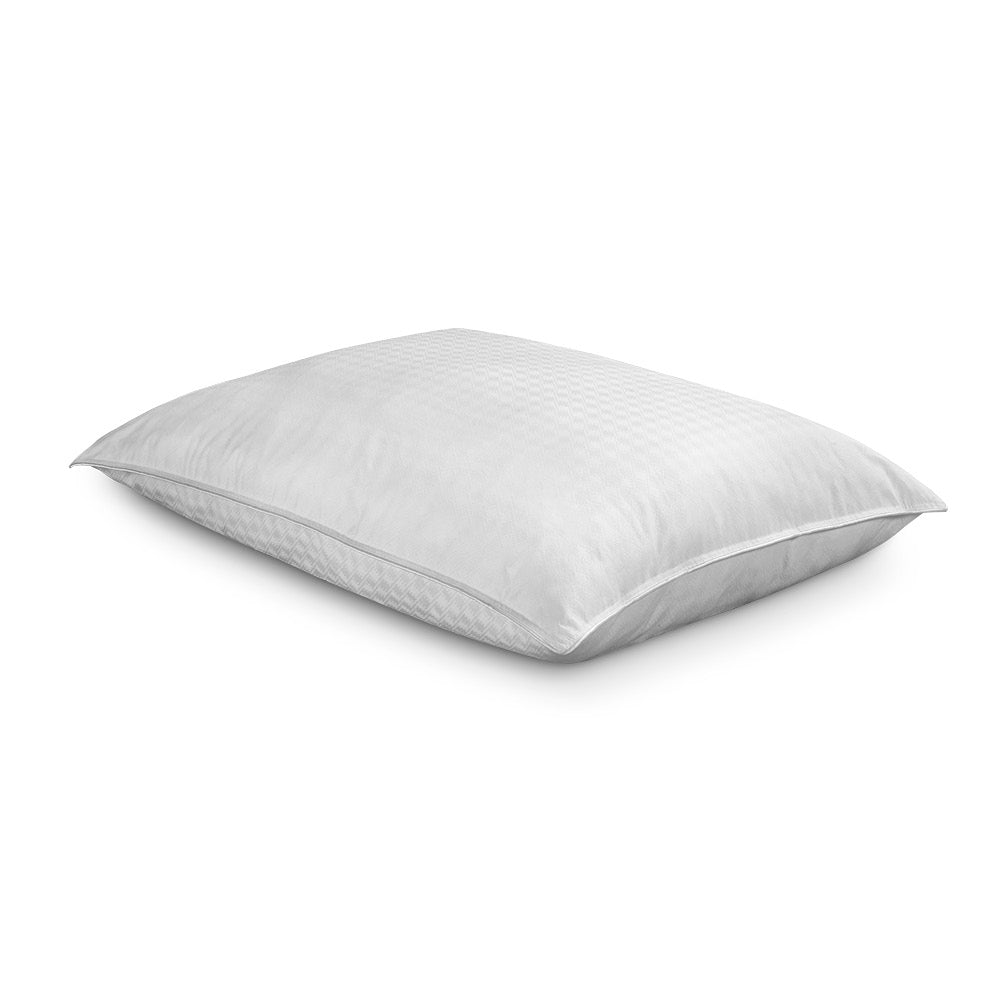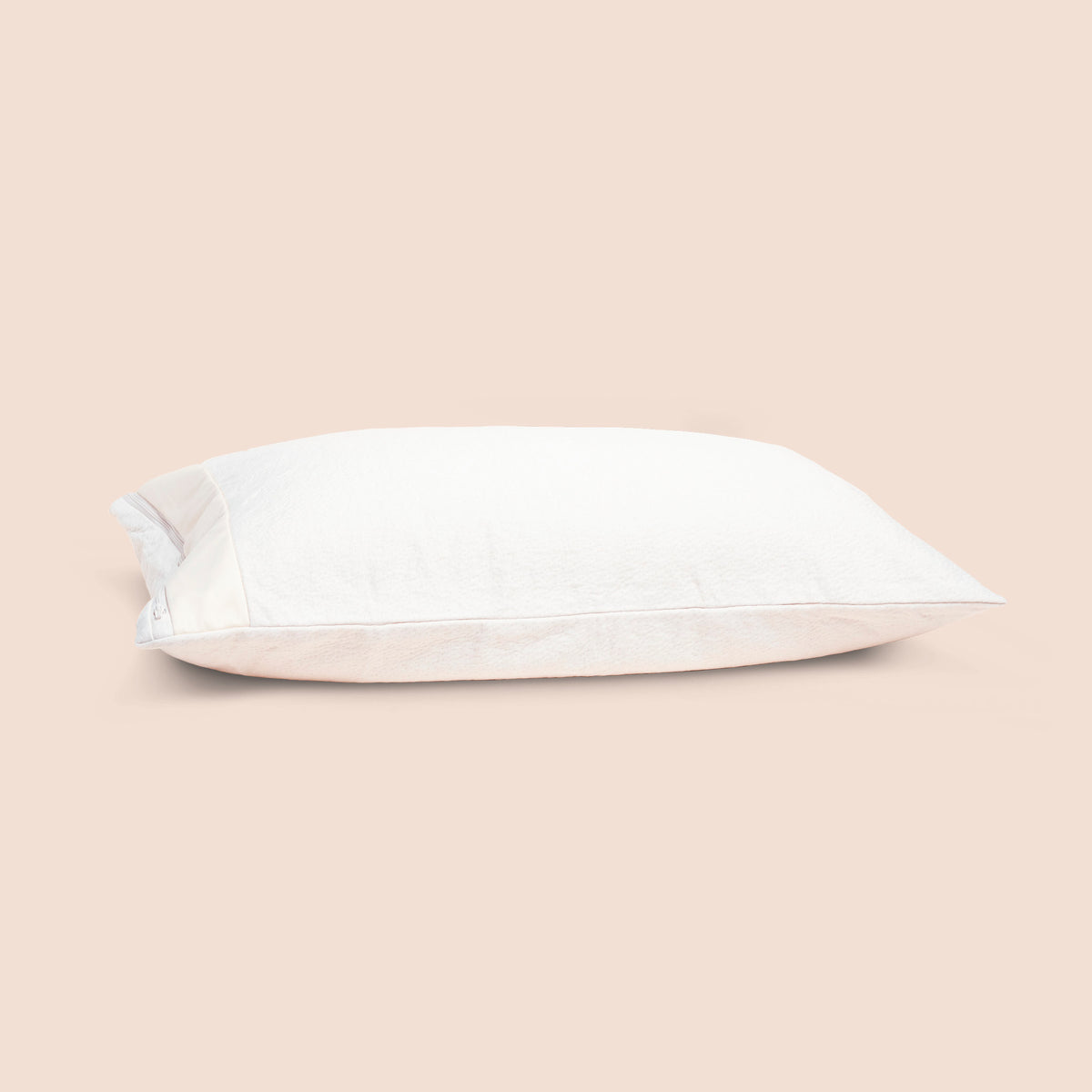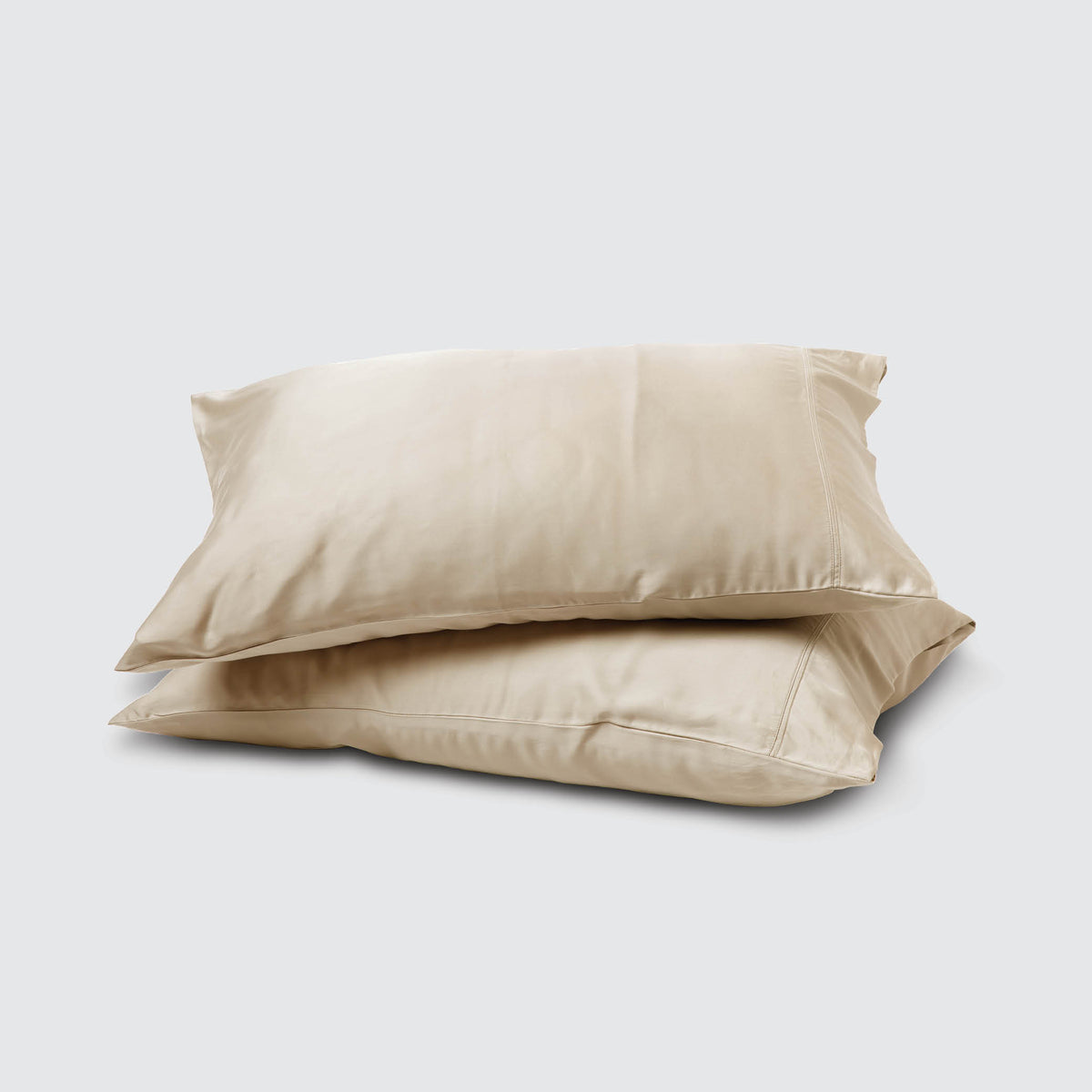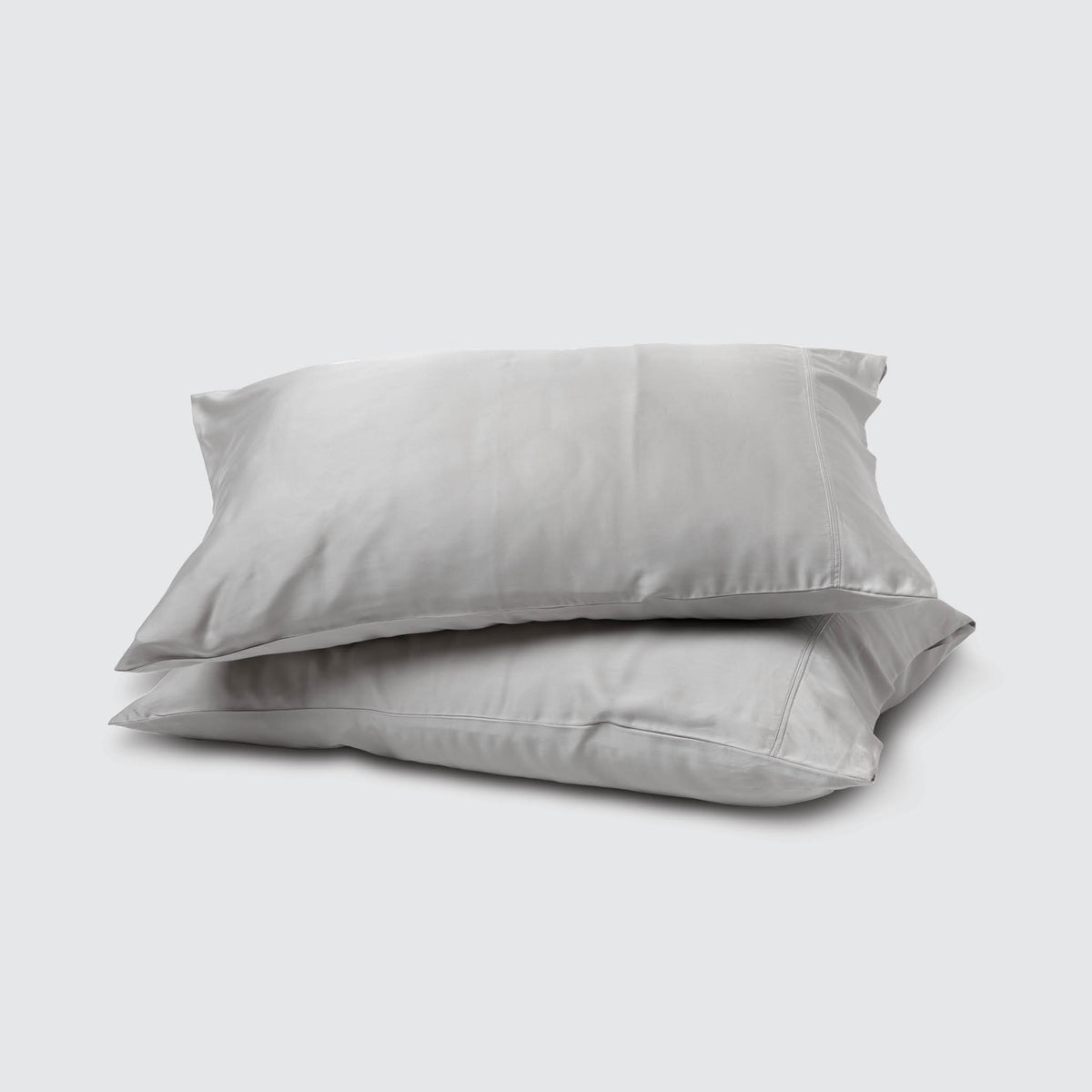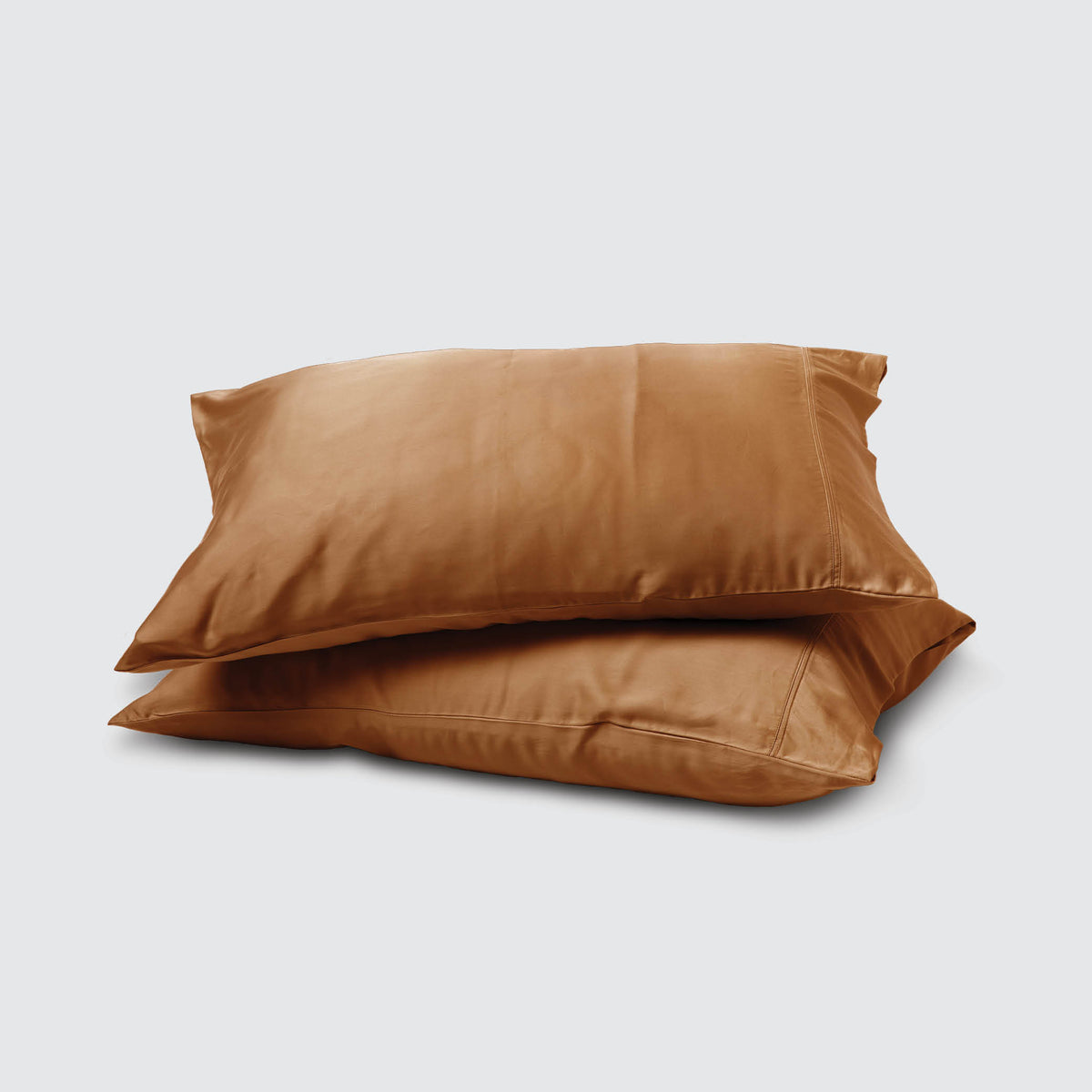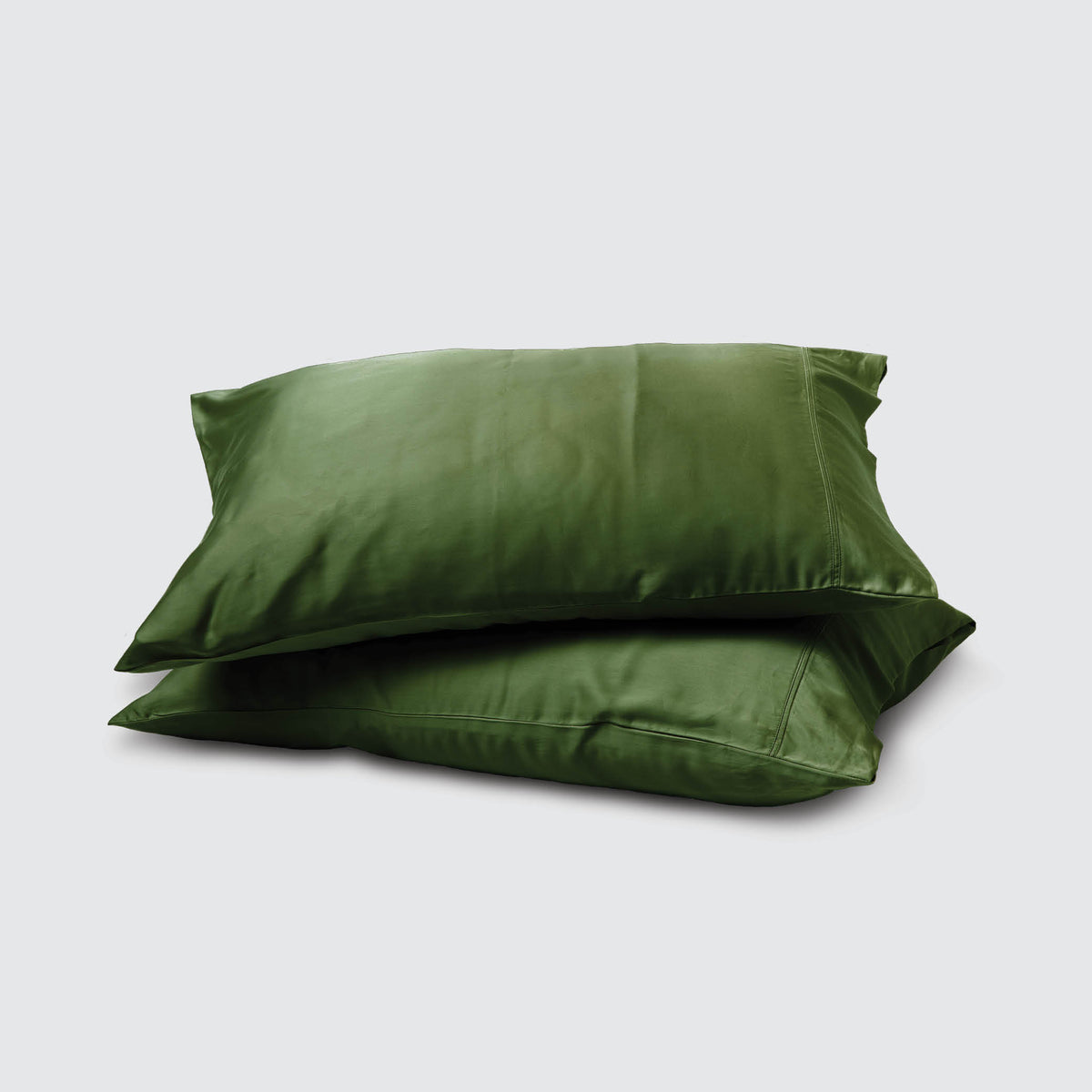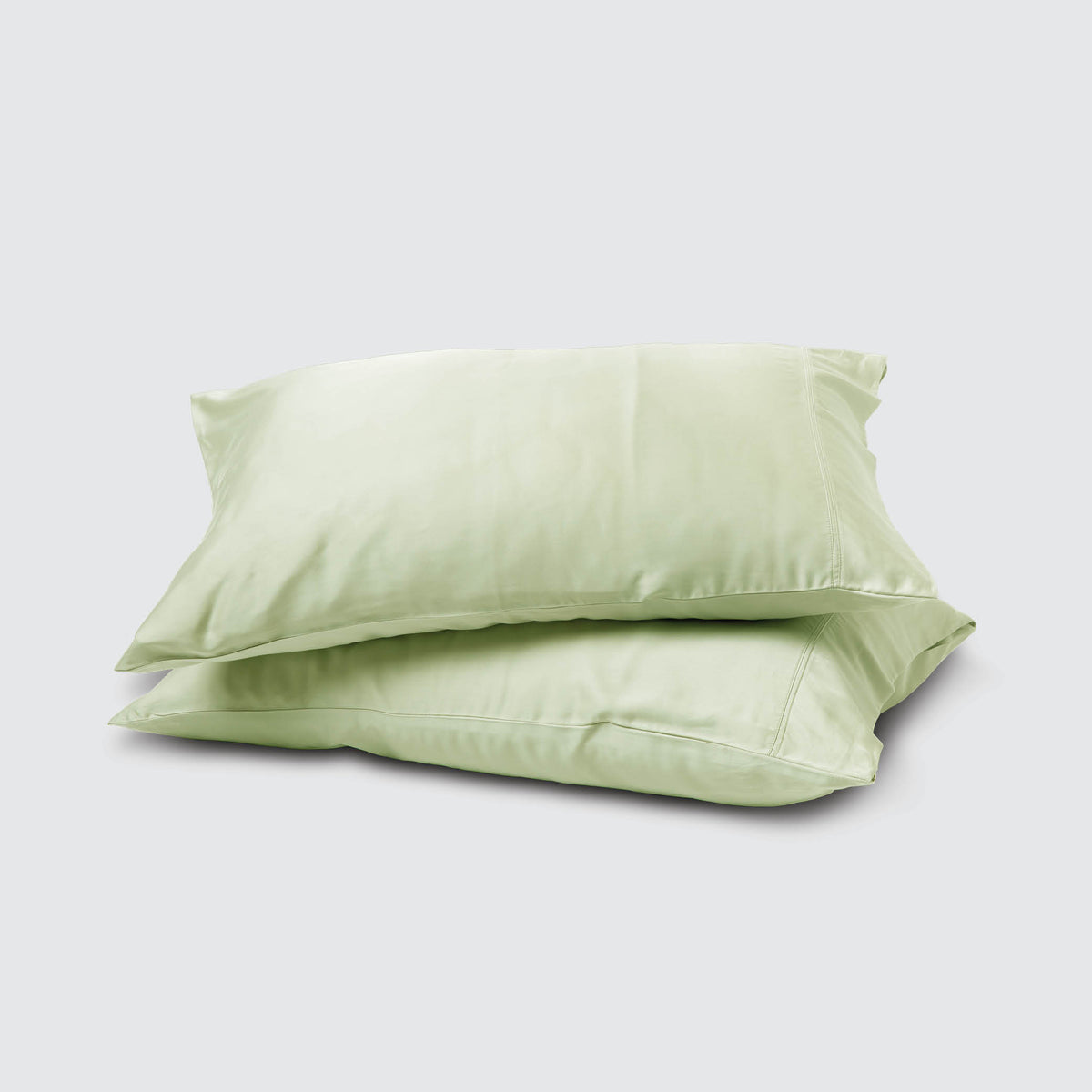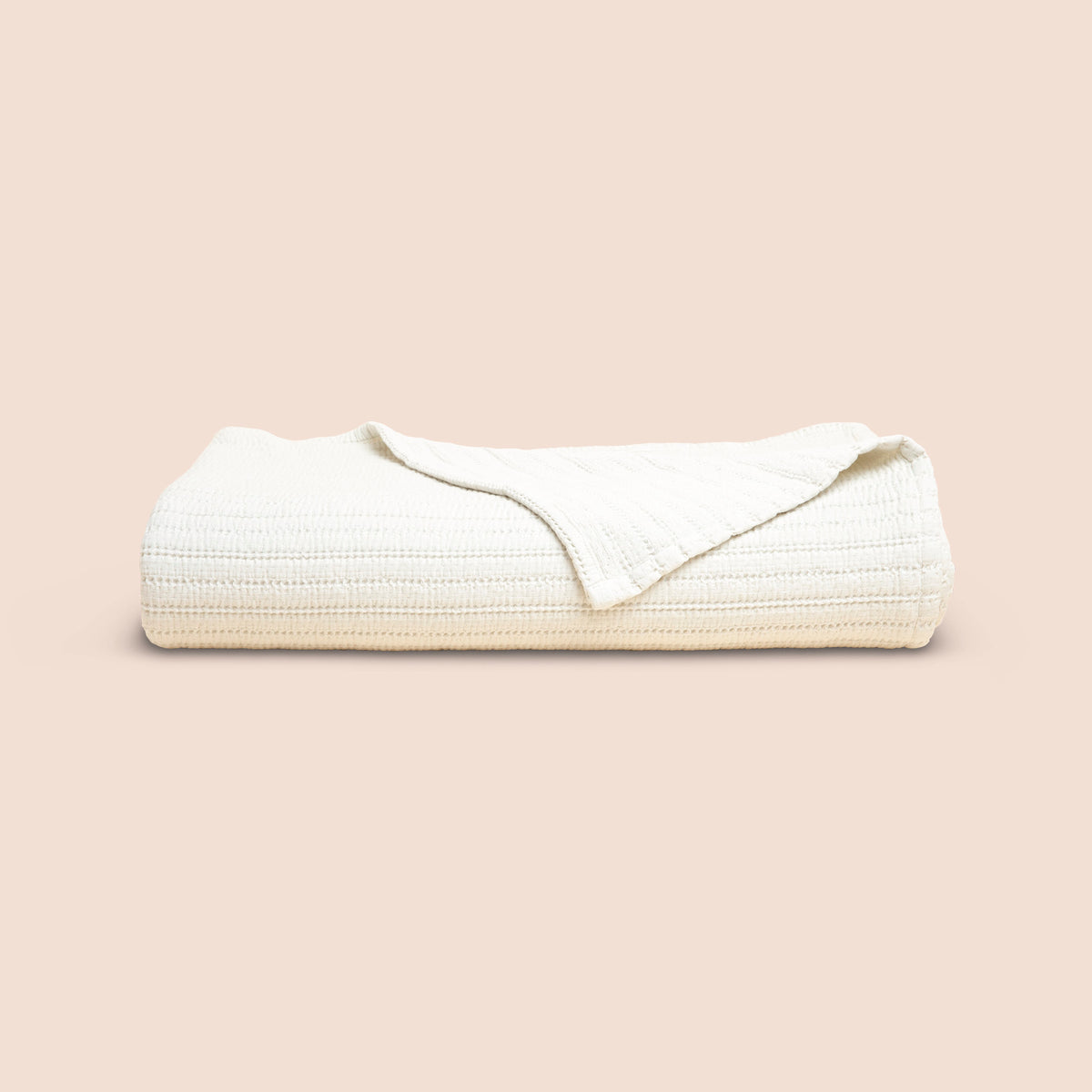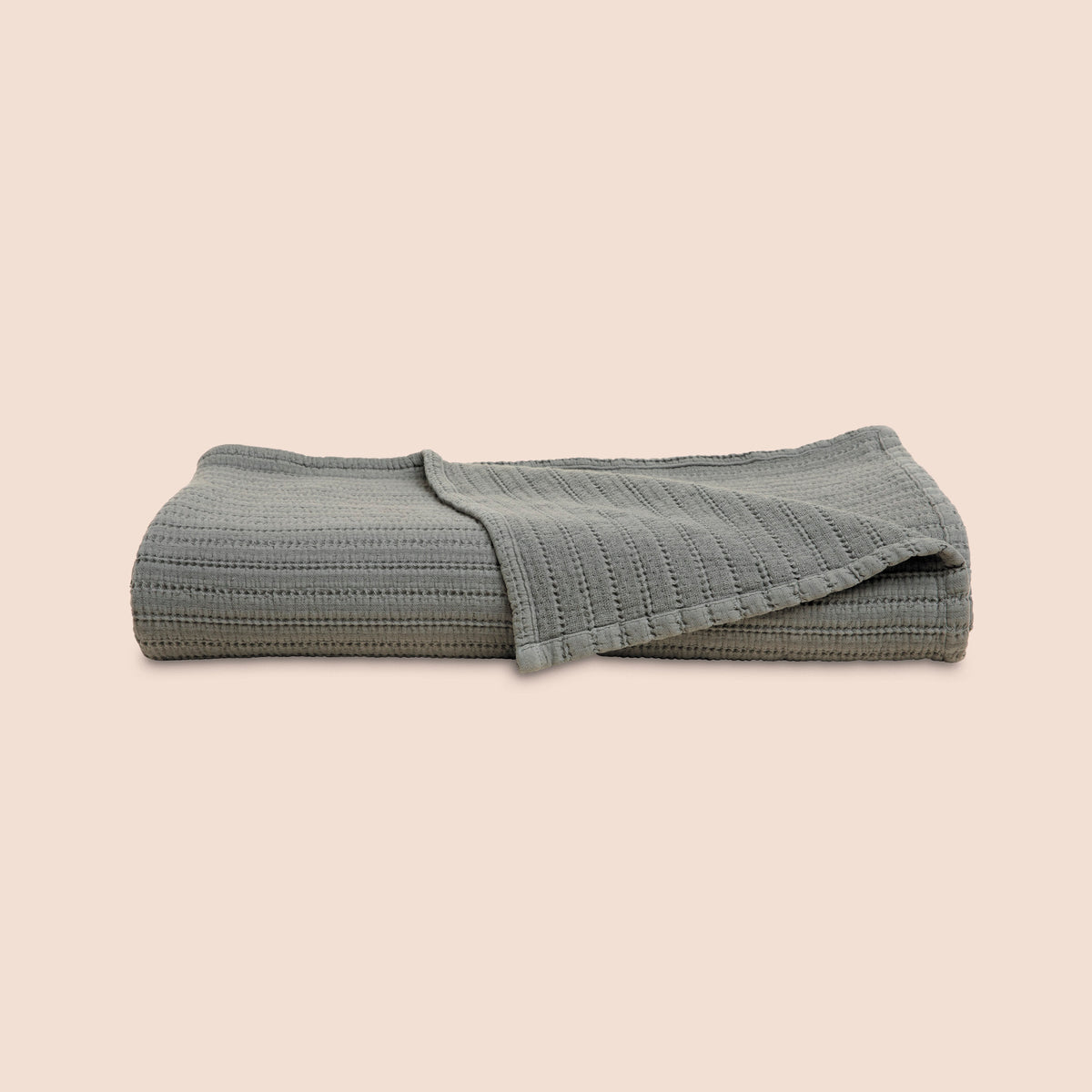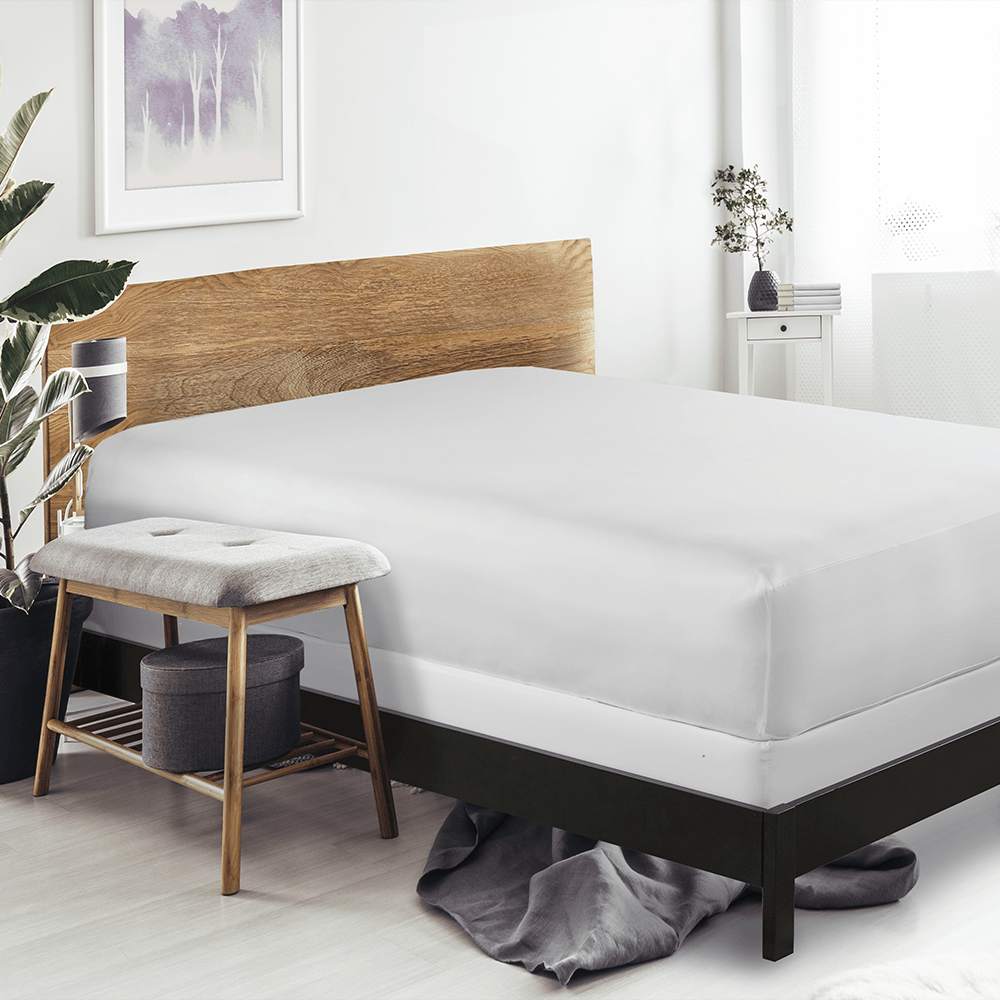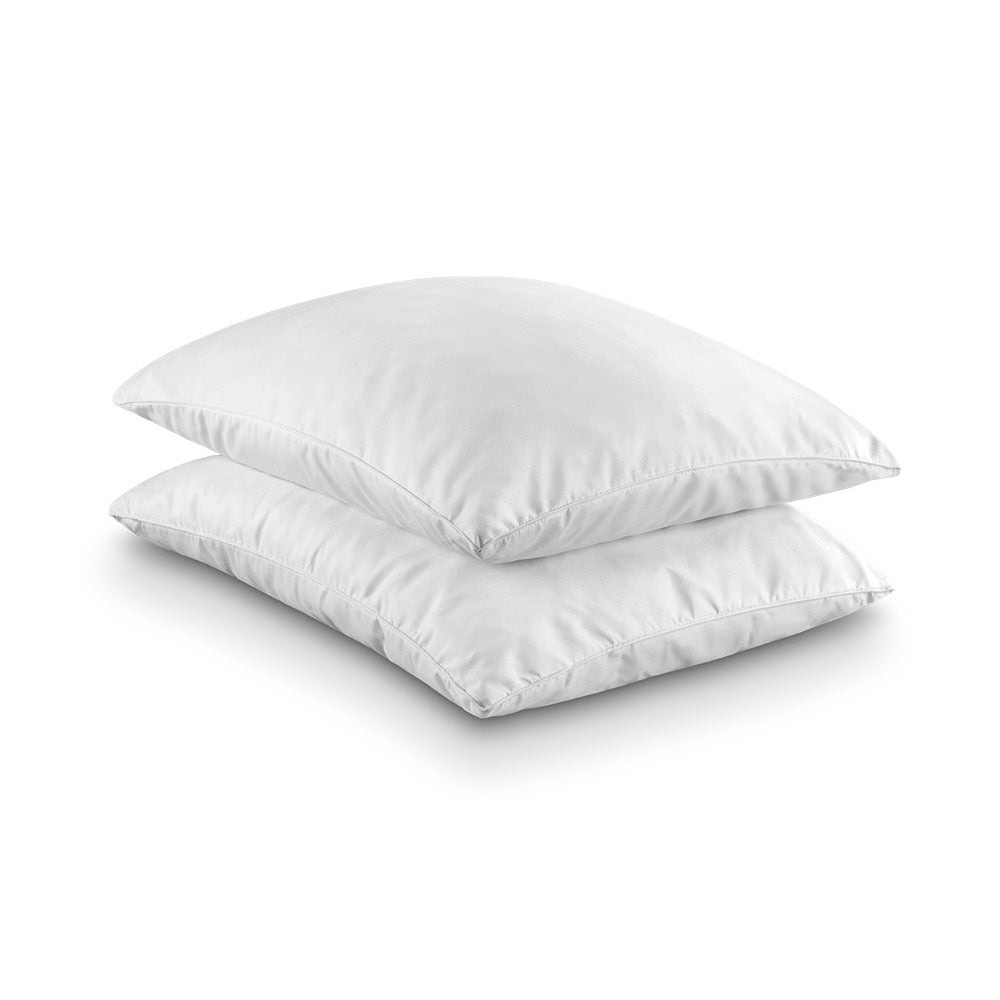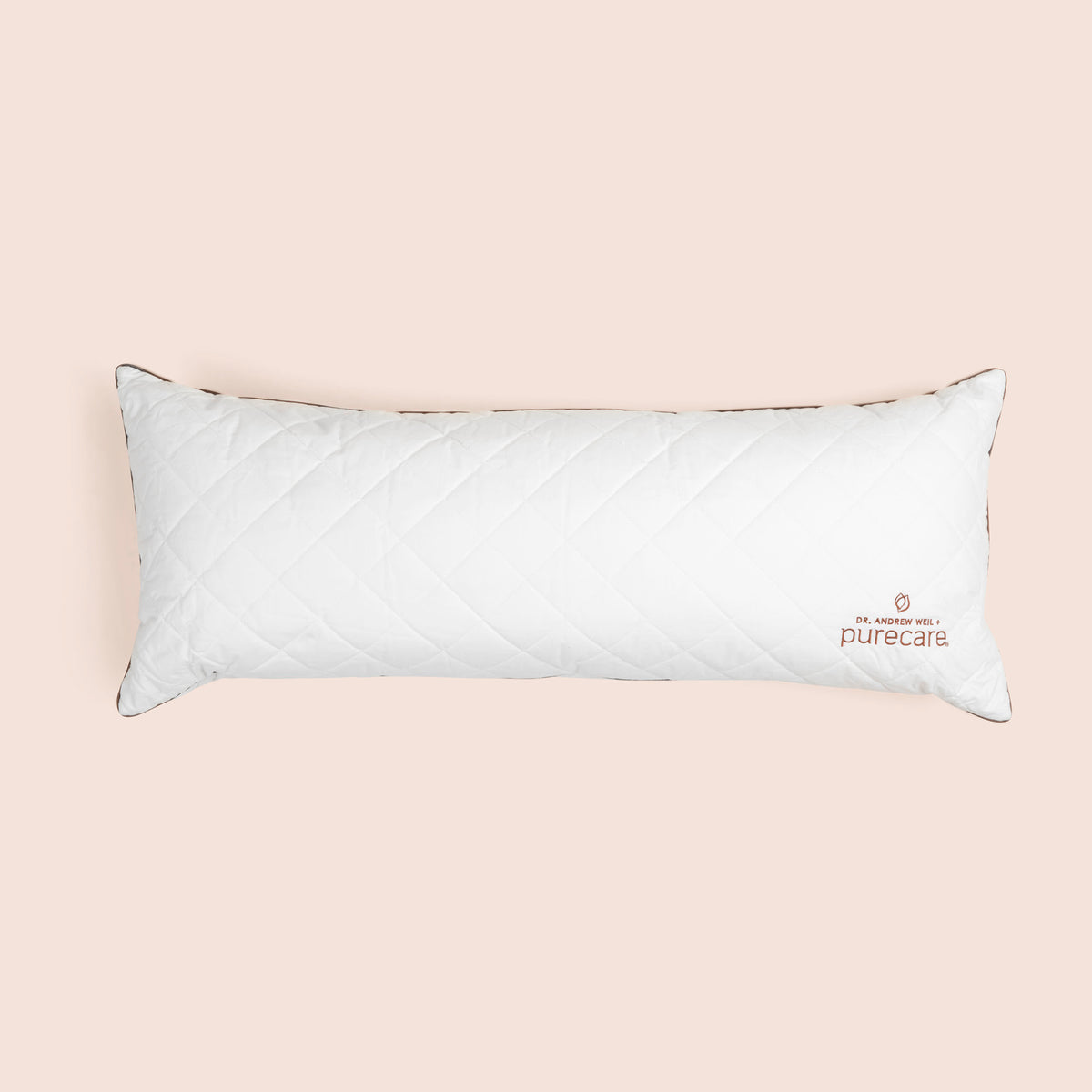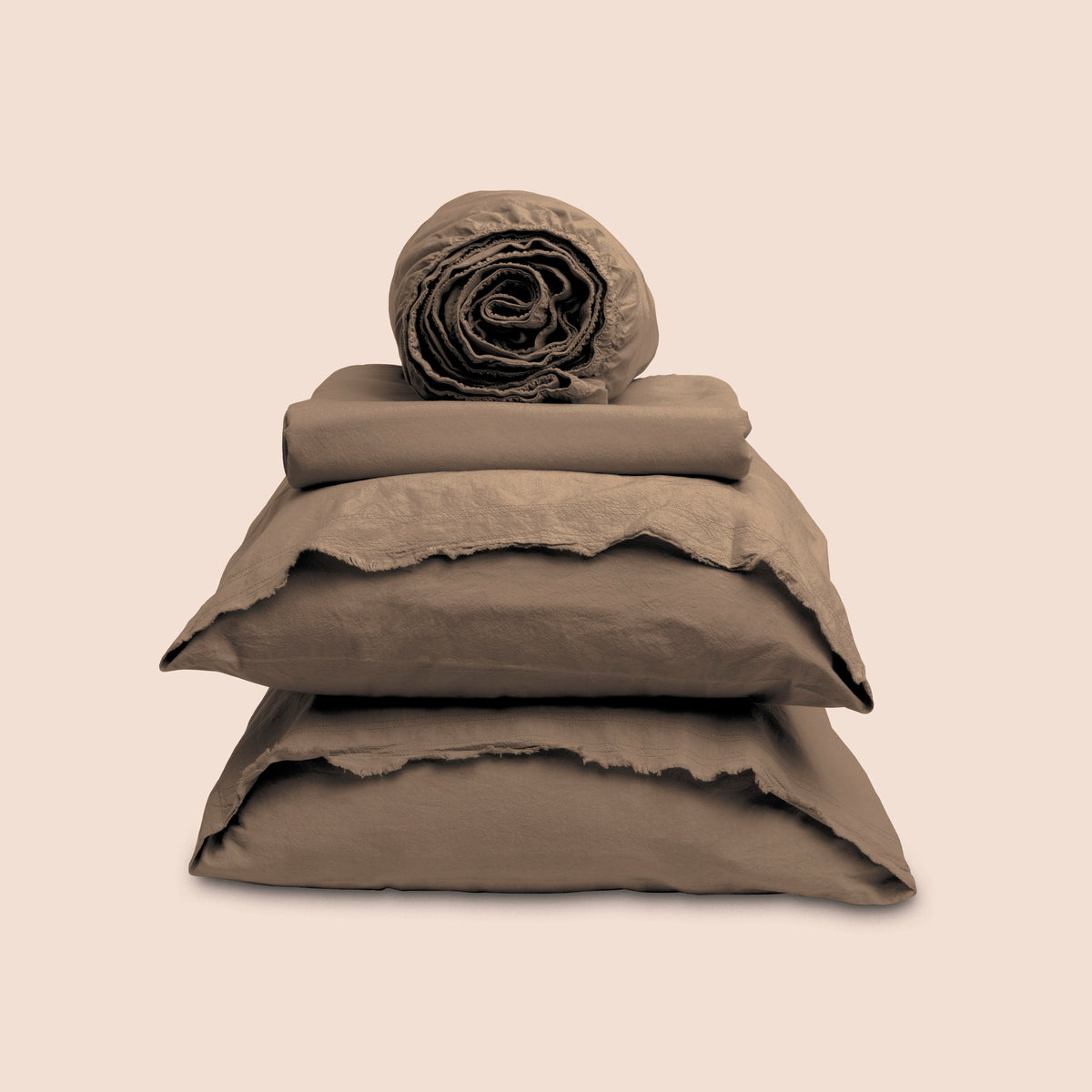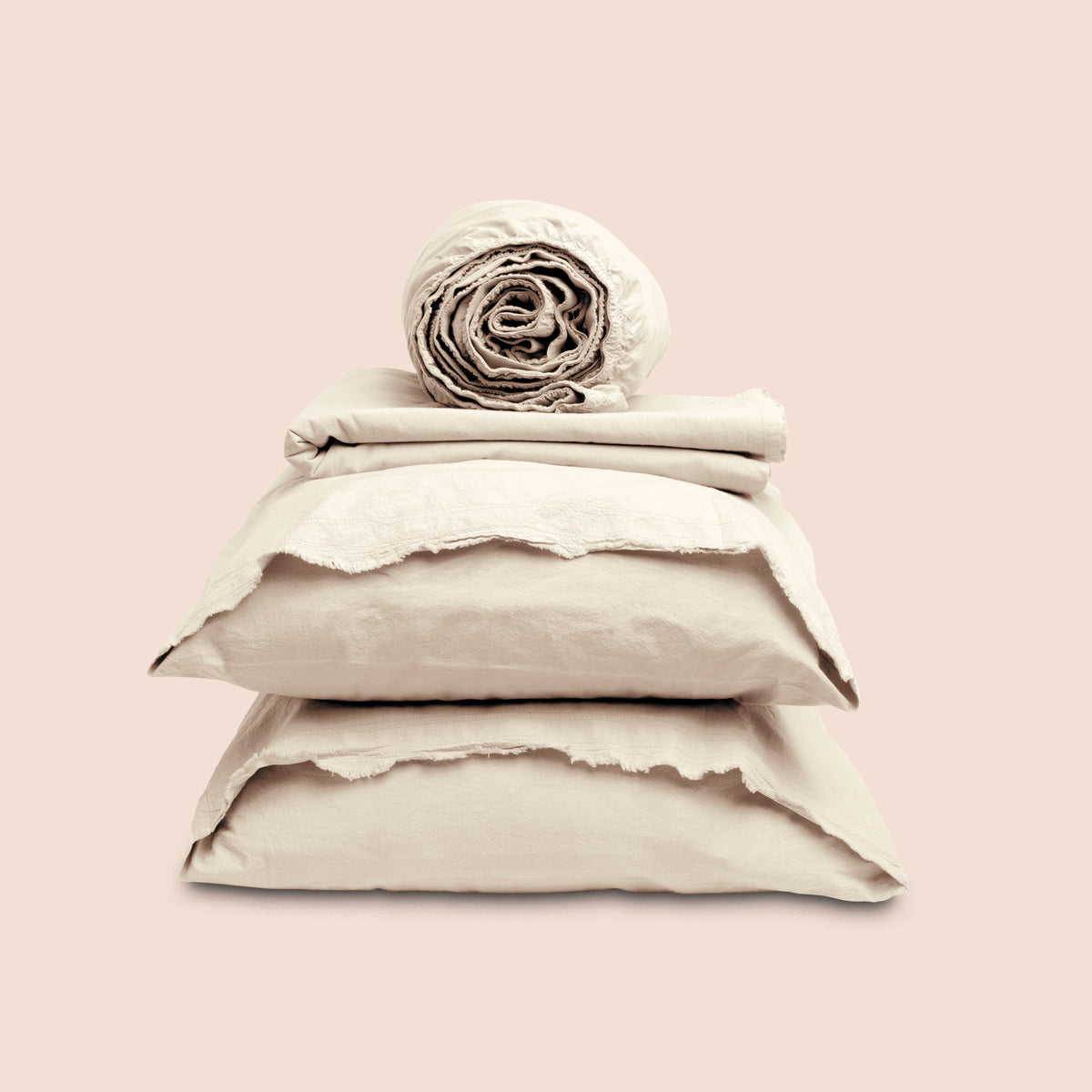Getting enough sleep is essential for overall health and wellness. But how do you know if you’re getting enough sleep per night? Like most of us, you may ask yourself, "How much sleep do I need?"
Well, the easy answer is, if you're a healthy adult, you need between 7 and 10 hours of sleep per night. However, everyone's needs and sleep schedule vary, so it can be confusing to figure out what is right for you. Because sleep quality is linked to your physical and mental health, it's important to figure it out! In this post, we'll explore three easy ways to help you take the guesswork out of finding how much sleep you need to feel your best.
Assess How Much Sleep You Need
Assessing your energy level, mood, and overall performance throughout the day is a great first step in figuring out how much sleep is right for you. Taking note of these natural energy and productivity peaks and dips can help you determine how much rest your body needs.
Where do you start? The American Academy of Sleep Medicine recommends more than 7 hours of sleep each night. But do you need 7.5 hours of sleep? Or 8.5? What about 9? The ideal amount of sleep could be over the recommended amount, so if you feel the quality of your sleep is low, or that you're only rested after 9 hours of sleep, you're probably right!
For extra help, our friend and wellness expert, Dr. Andrew Weil, recommends keeping a sleep diary or journal to track your sleep. Pay attention to how many hours of restful sleep you get each night and compare it to how rested you feel in the morning. Try recording the time you go to bed to how you feel in the morning. This simple practice can help identify potential problems with your current sleeping habits and sleep hygiene and shed light on the steps you can take to create healthy habits that improve sleep quality.

Consider Your Biological Clocks and Sleep Cycle
Another factor to consider when figuring out what sleep duration is right for you is understanding your biological clock or circadian rhythm. This internal timer helps regulate our waking hours by releasing hormones that tell us when we should be awake and when we should be asleep based on the time of day.
Our bodies also naturally produce melatonin, which helps us fall asleep faster at night. Paying attention to these natural patterns can help you understand your unique sleep needs and create a schedule that works best for you. Once we're asleep, we cycle through shallow, deep, and REM sleep, when we dream and our brains become more active. Completing this cycle is important, so restless sleep can often mean a night of poor sleep, regardless of your overall total hours of sleep.

Try a Sleep Time Calculator
One incredible resource that can help take some of the guesswork out of improving your sleep quality and wellness is a free online sleep calculator, like this one offered by the Sleep Foundation. By entering information like your age, lifestyle habits, and stress levels, it will generate a personalized report with suggested guidelines on how much restful sleep would best suit your individual needs as well as tips on optimizing quality rest time. It's like having a sleep specialist at your fingertips.

Keep In Mind: The Amount of Sleep you Need Changes
Keep in mind that figuring out exactly how much sleep you need can take some trial-and-error, but there are a lot of great resources available that can help you create a sleep schedule that suits your lifestyle and helps you get the quality sleep you deserve. The hours of sleep you need per night can also fluctuate with age, after sleep deprivation, and if your sleep is disrupted often, through sleep disorders like sleep apnea. If you find you go to bed on time, practice great sleep hygiene, and still wake up tired, consider that you may not need more sleep — just improved sleep.
From taking time to evaluate your personal needs and understanding your sleep patterns to using free online sleep tools, every step can help put you on the fast track to better sleep quality and wellness.
Better Wellness at Purecare
For more articles, tips, and products inspired to help you along your journey to better sleep health and wellness, follow along with us on social media, and be sure to subscribe to our wellness journal. Start by exploring sleep hygiene and get some tips to help you improve your sleep quality, get to bed faster, and feel rested.
And don’t forget—Mix, Match, and Save up to 40% off all season long when you refresh your favorite sleep wellness essentials with us at purecare.com!

